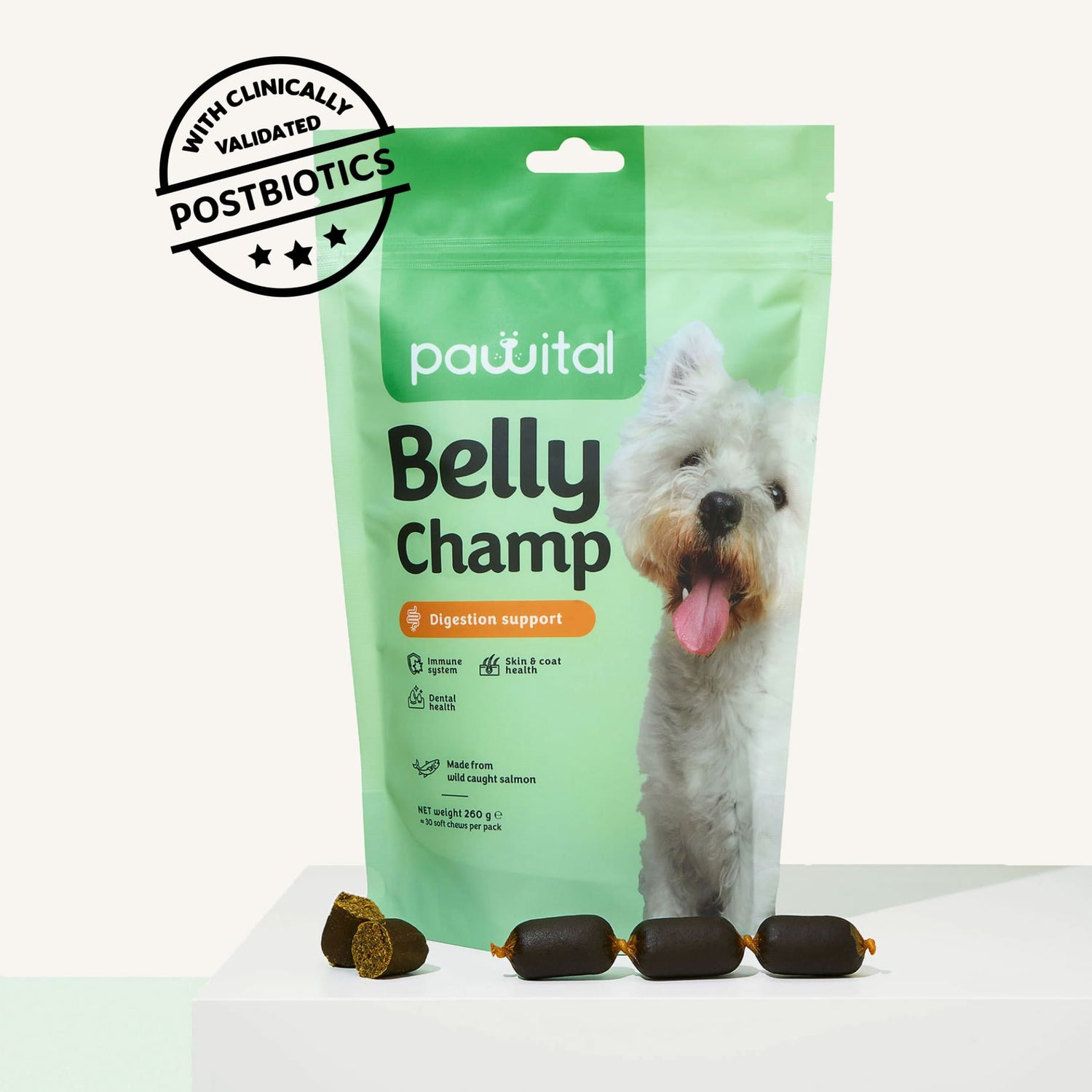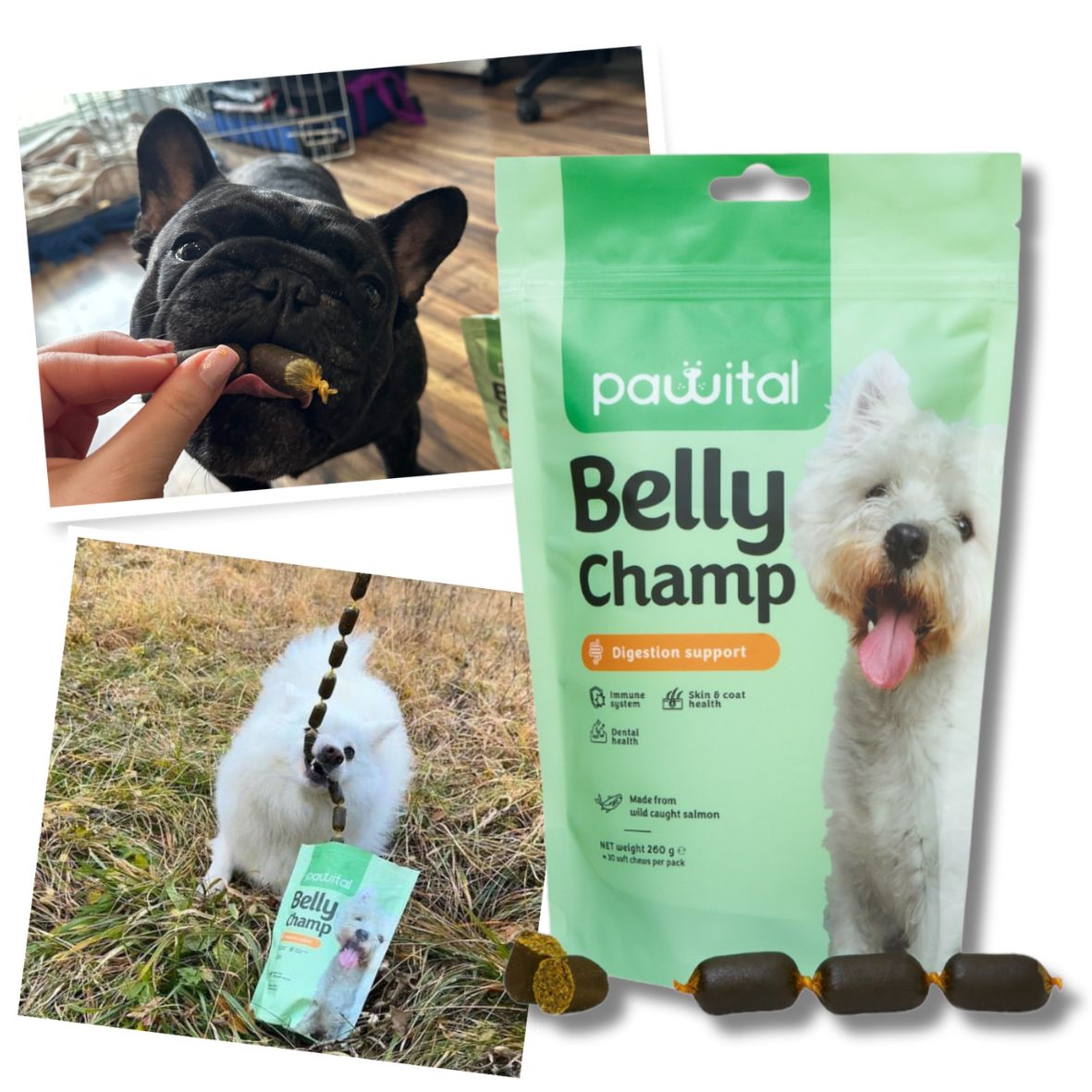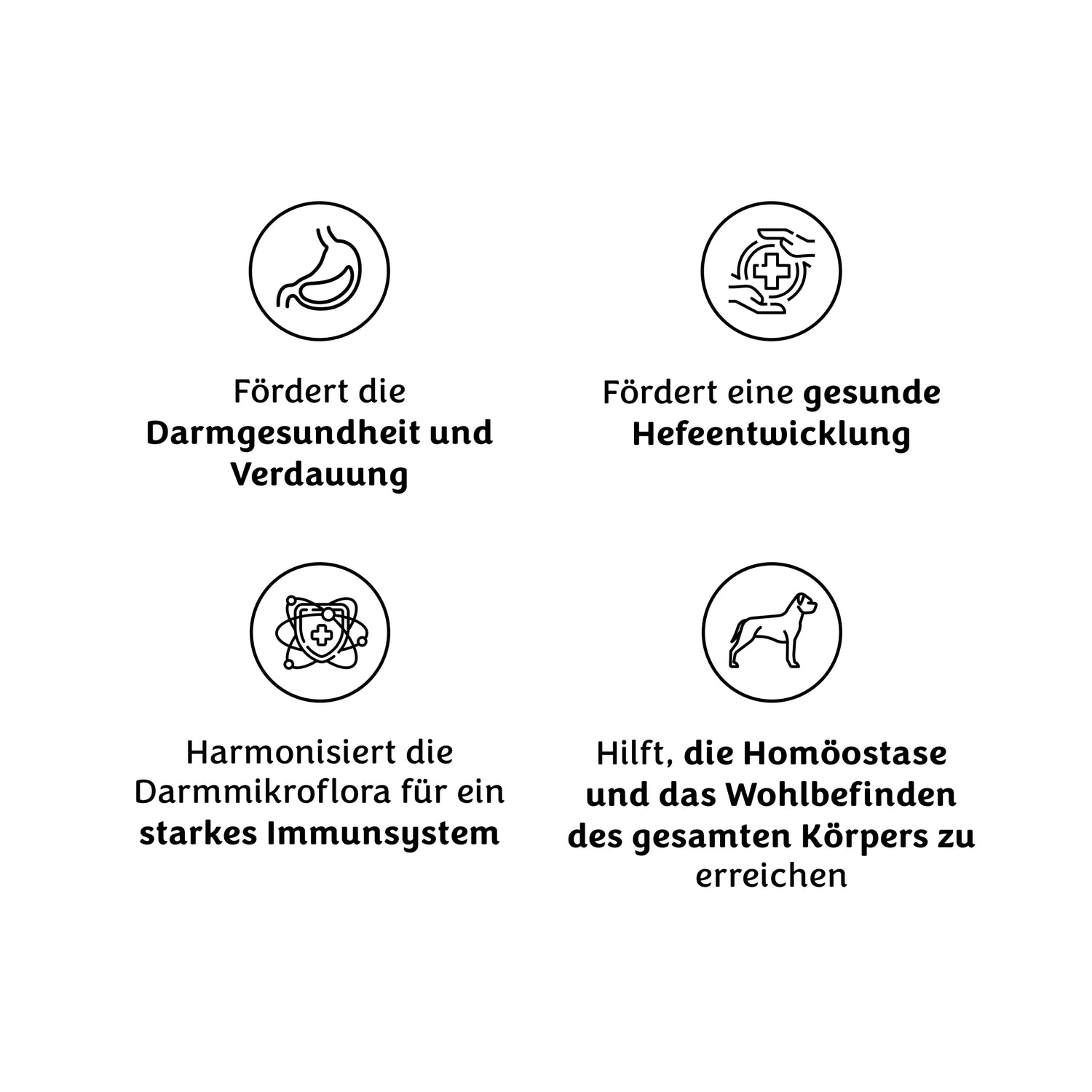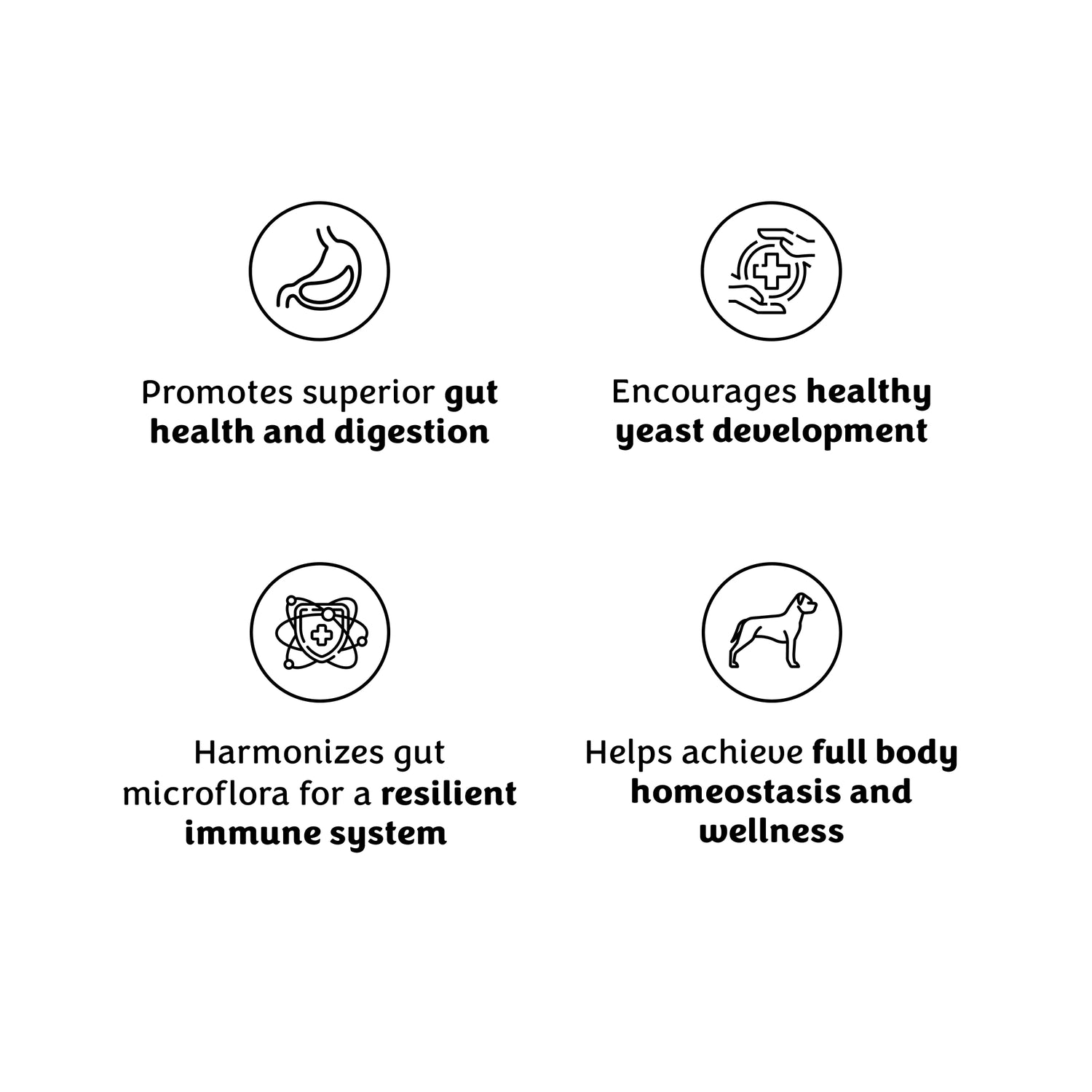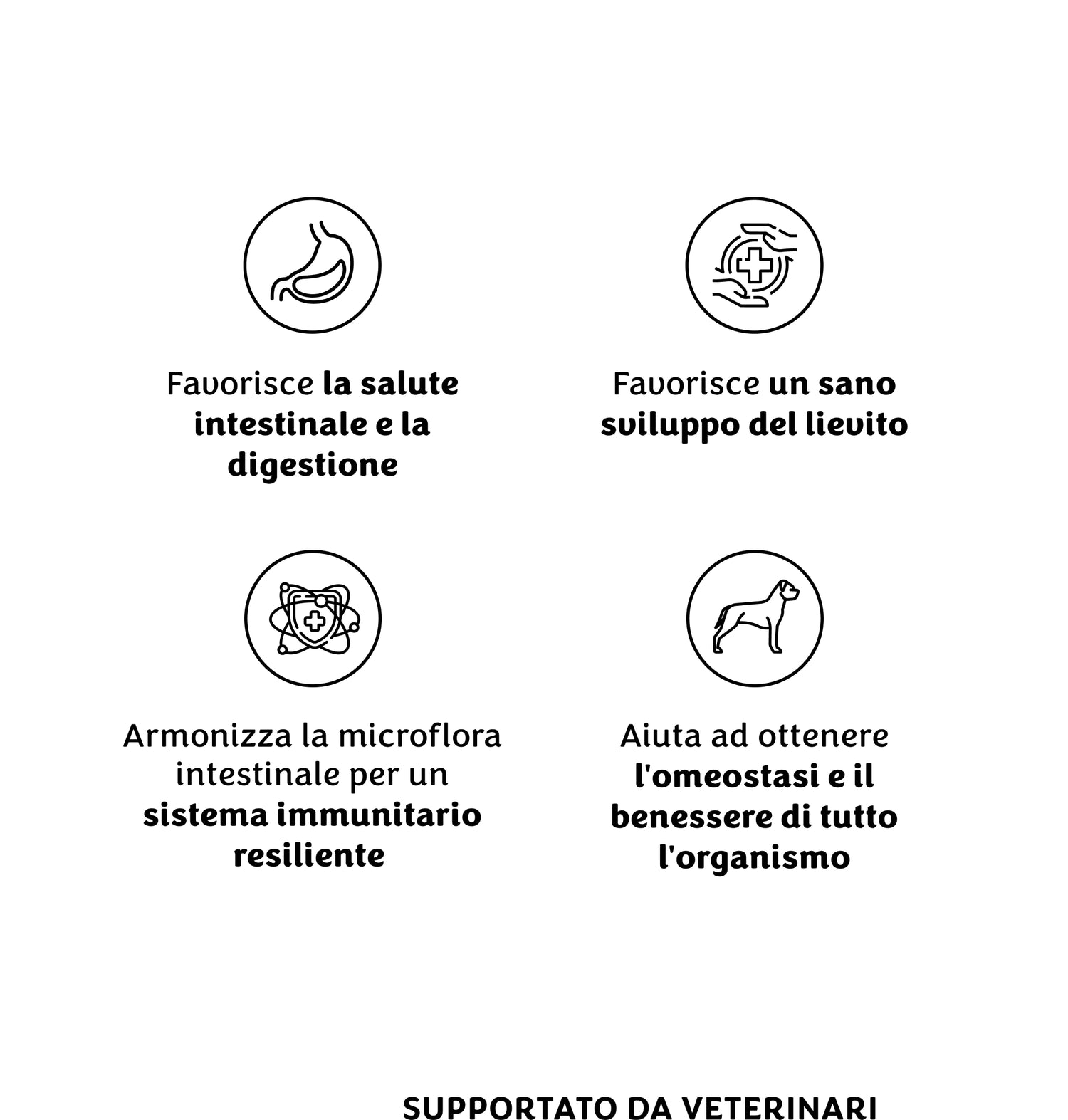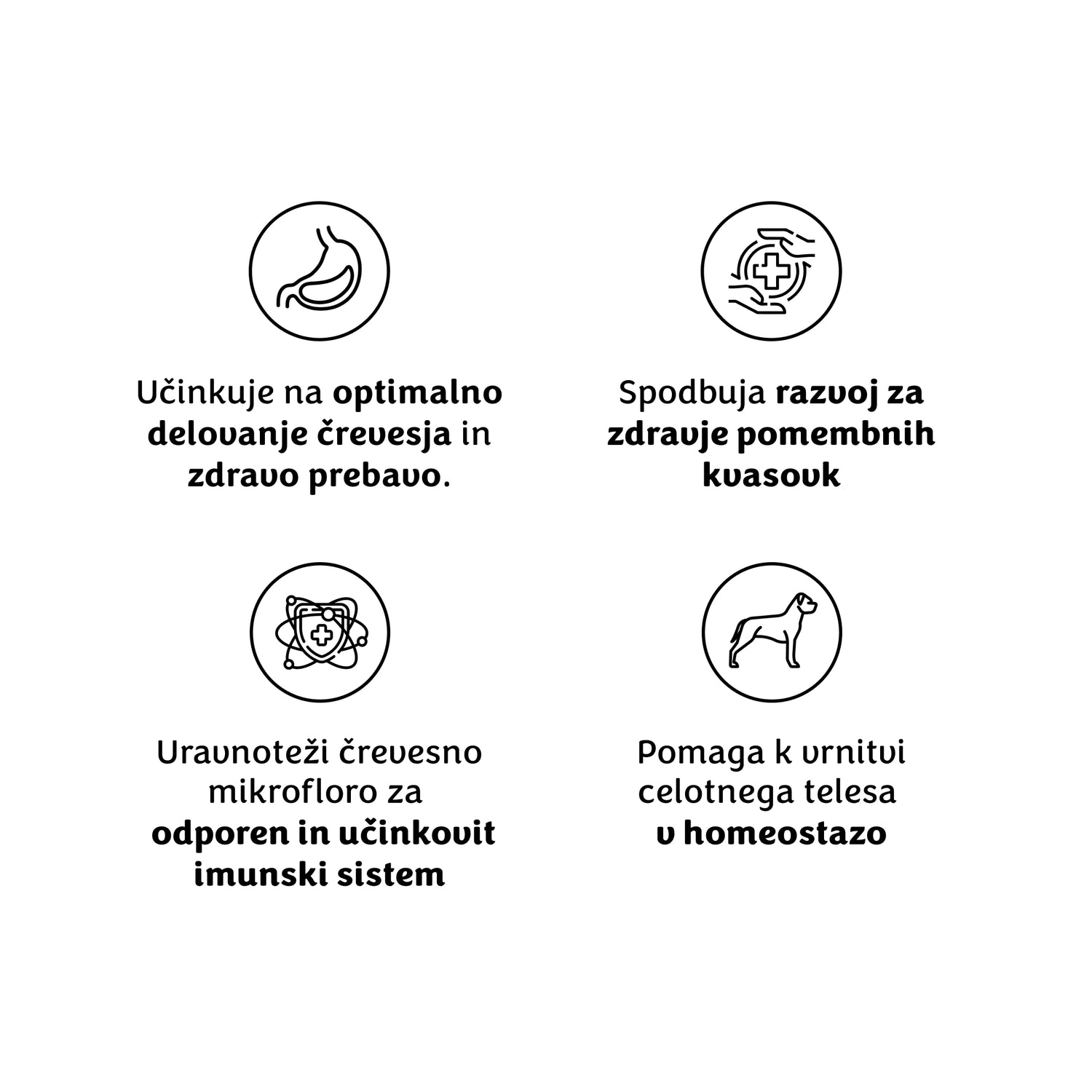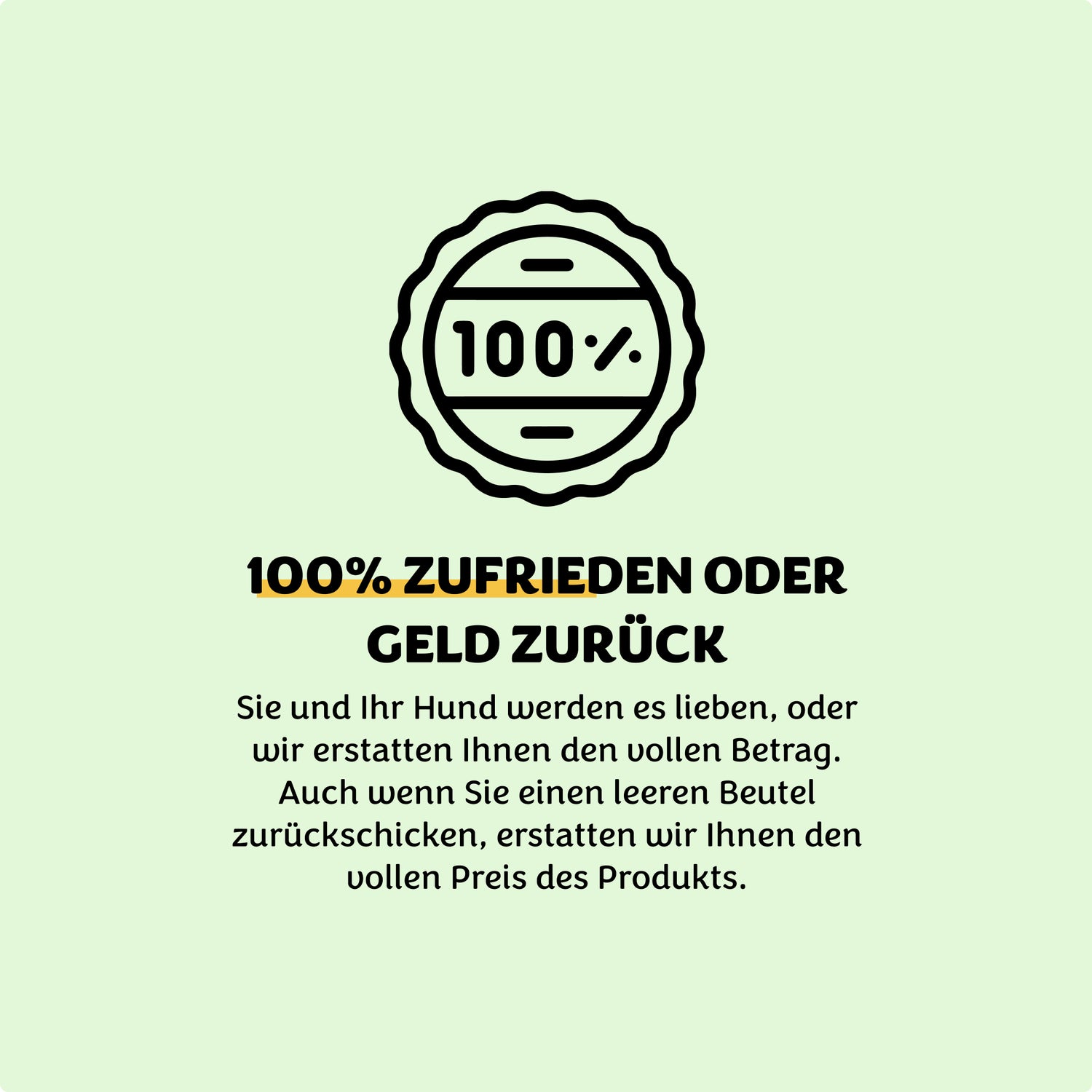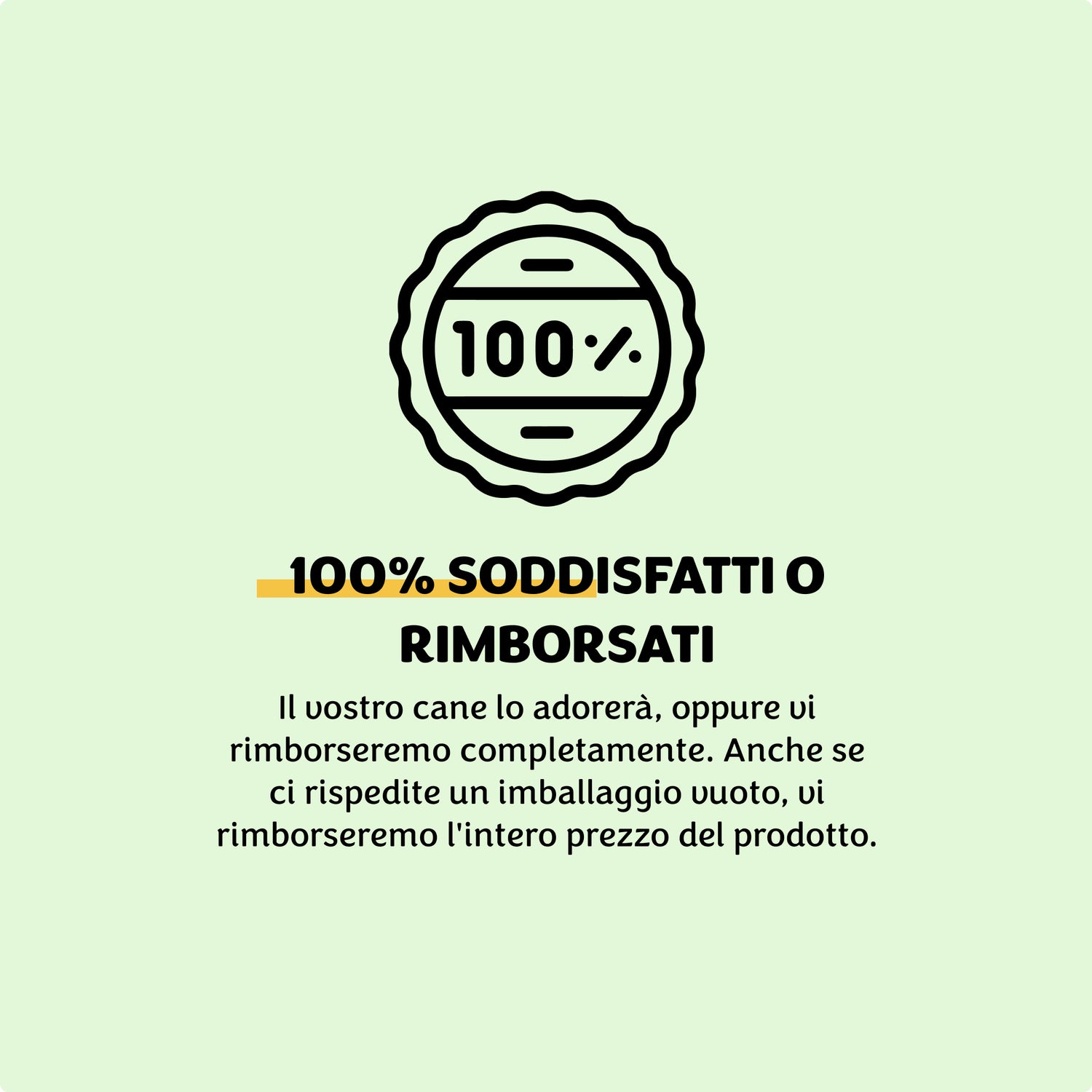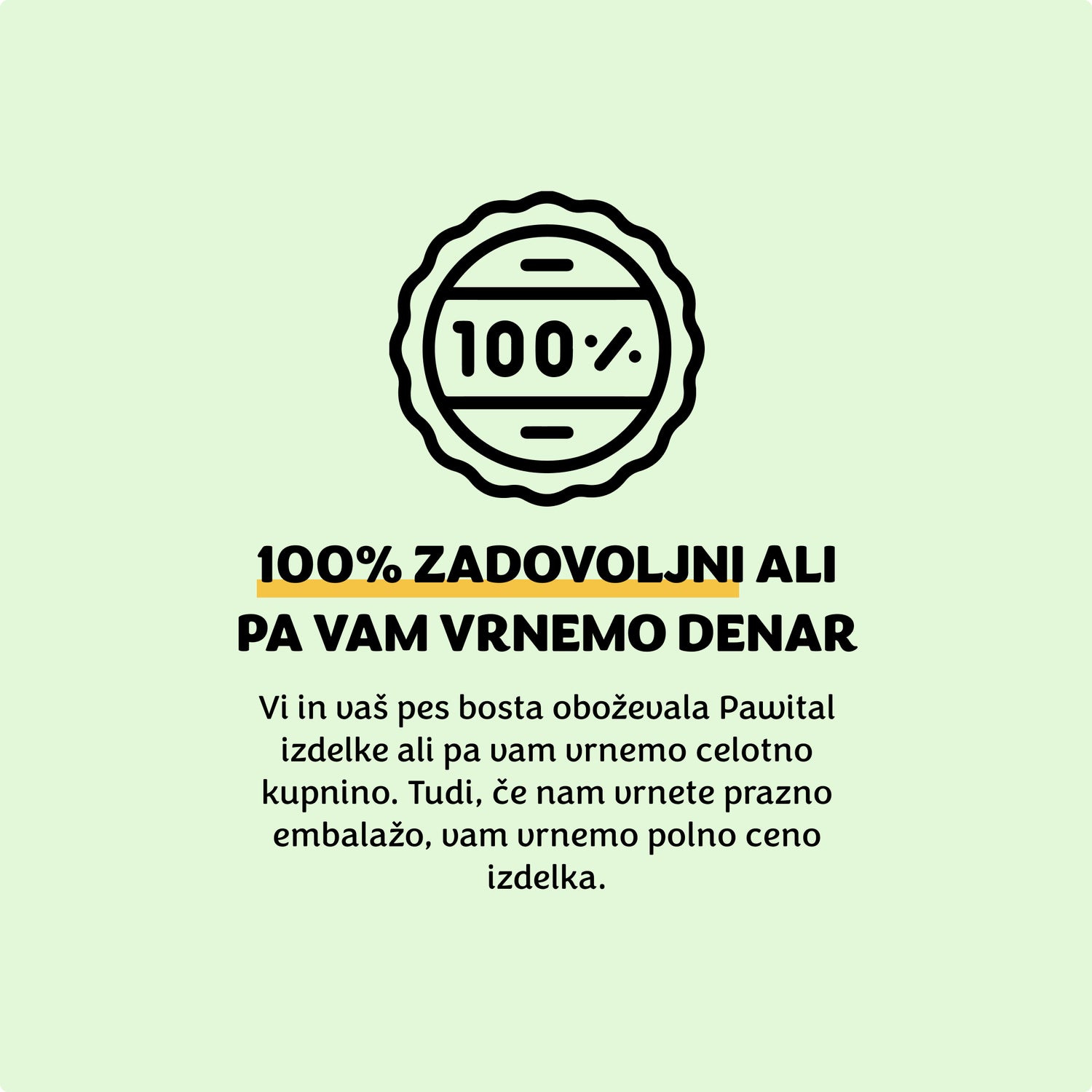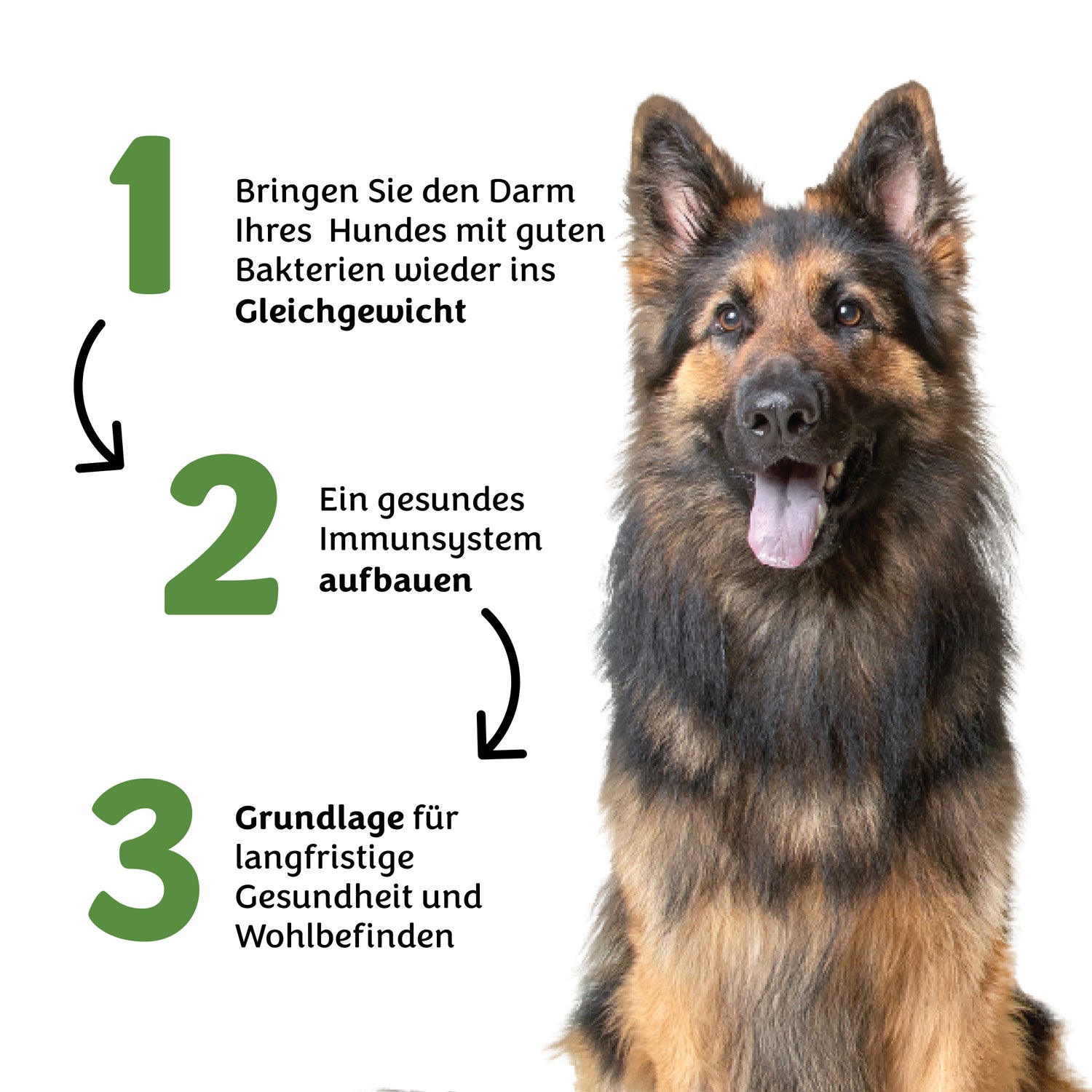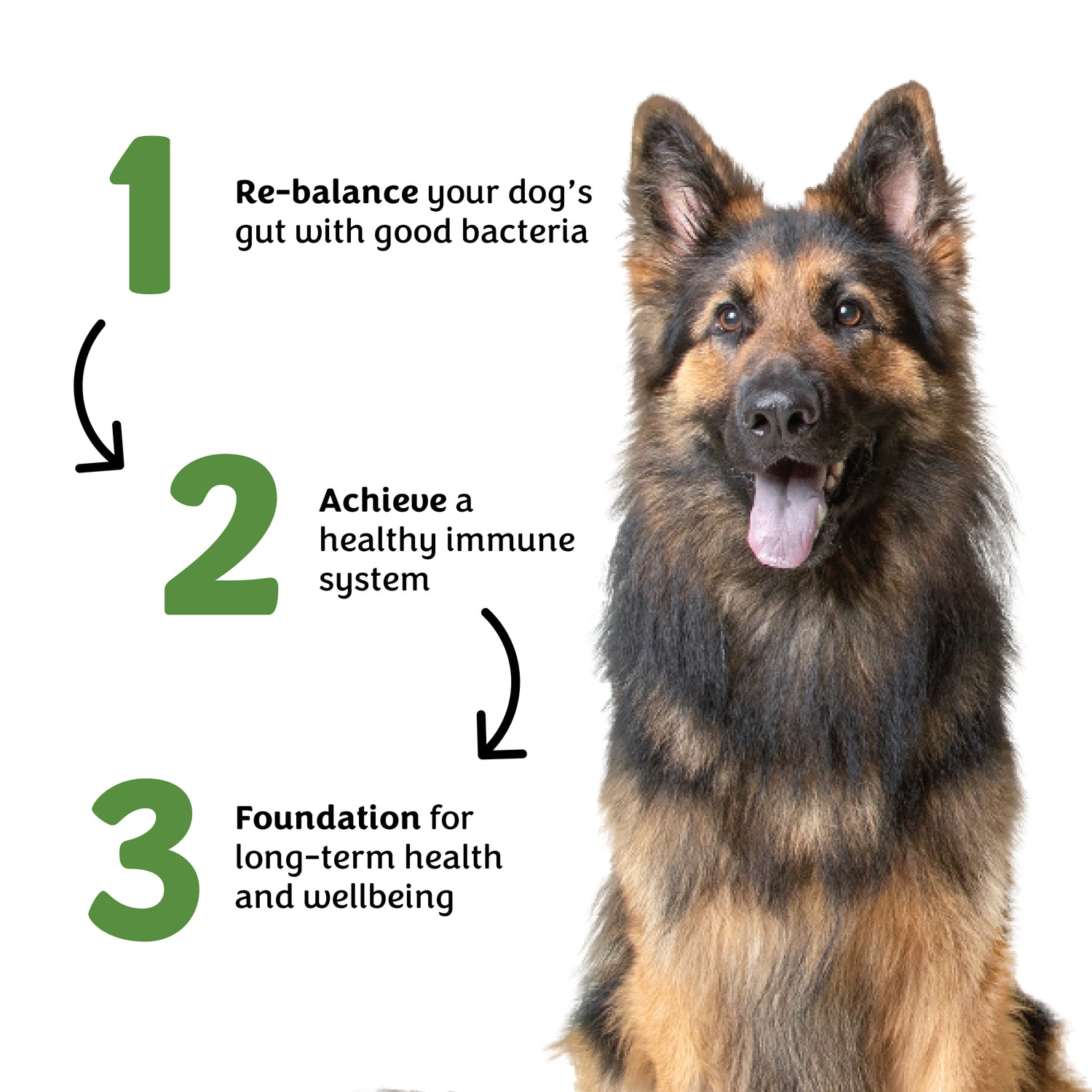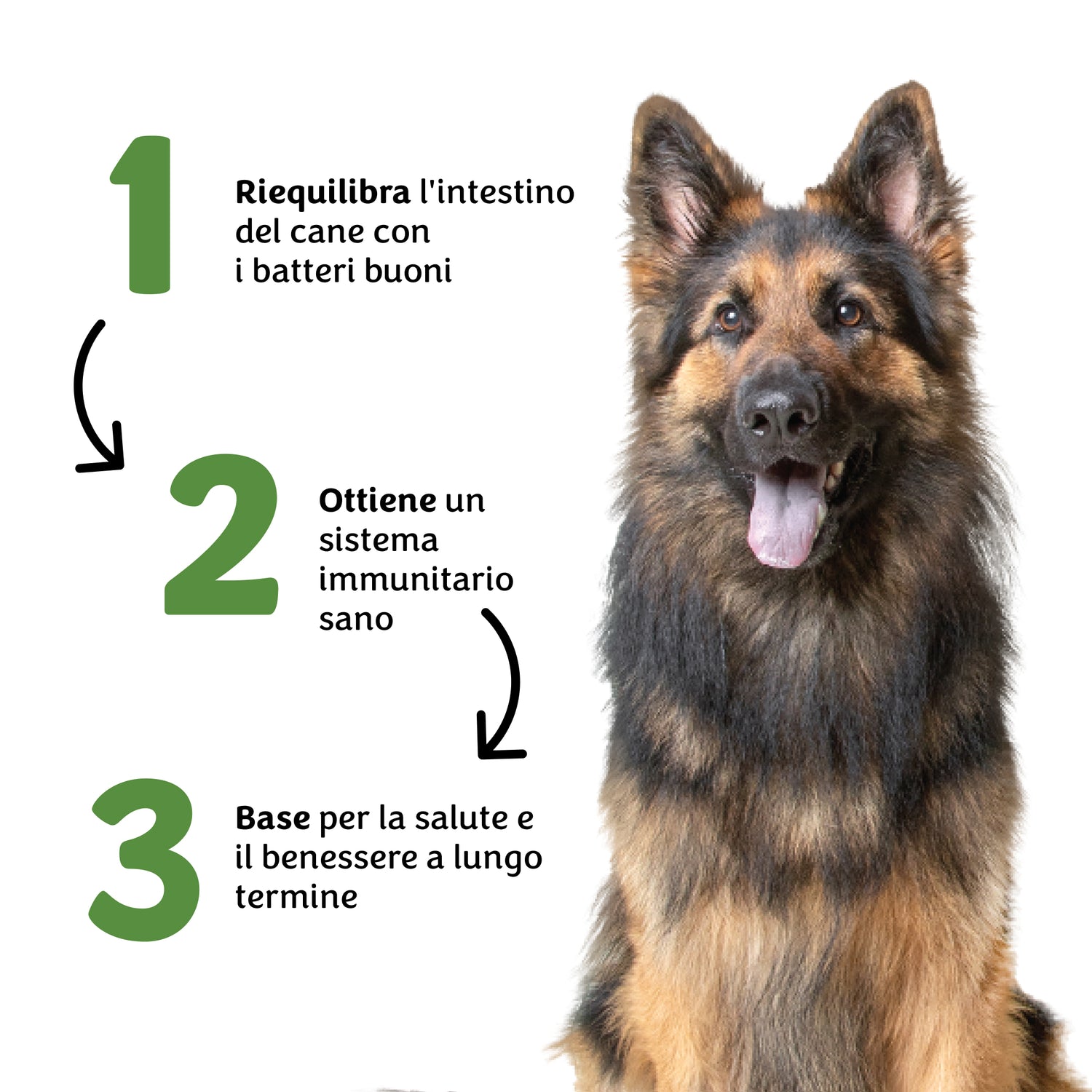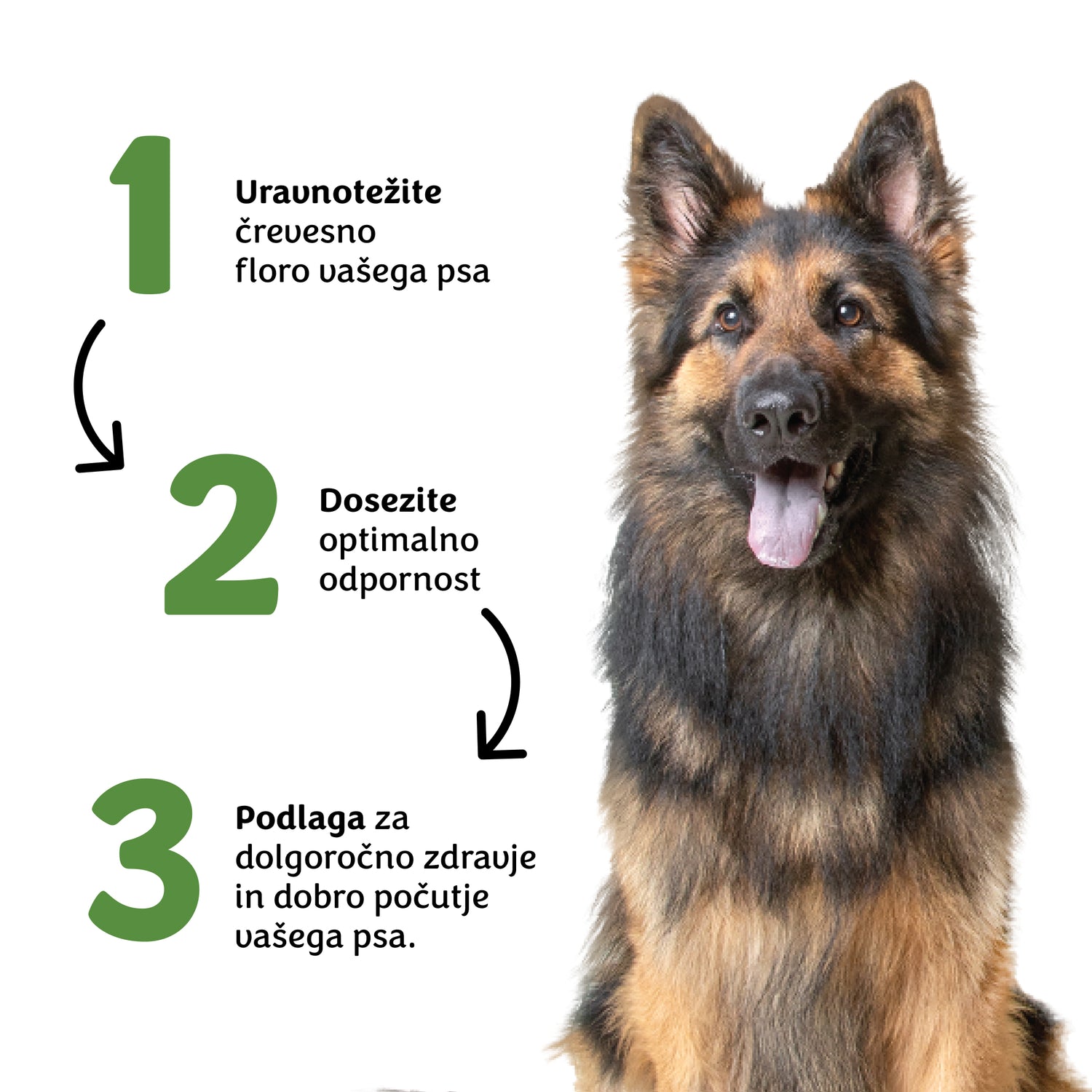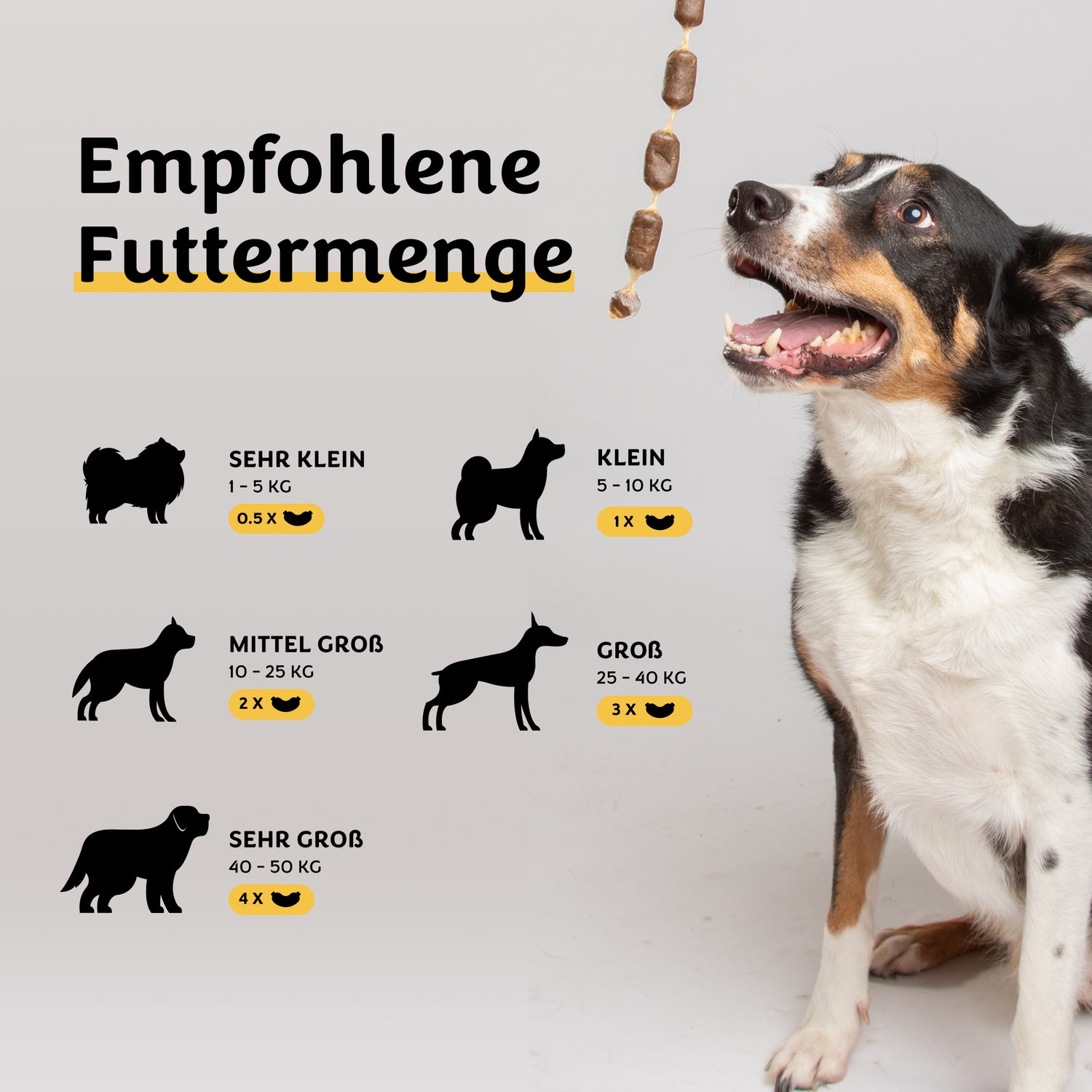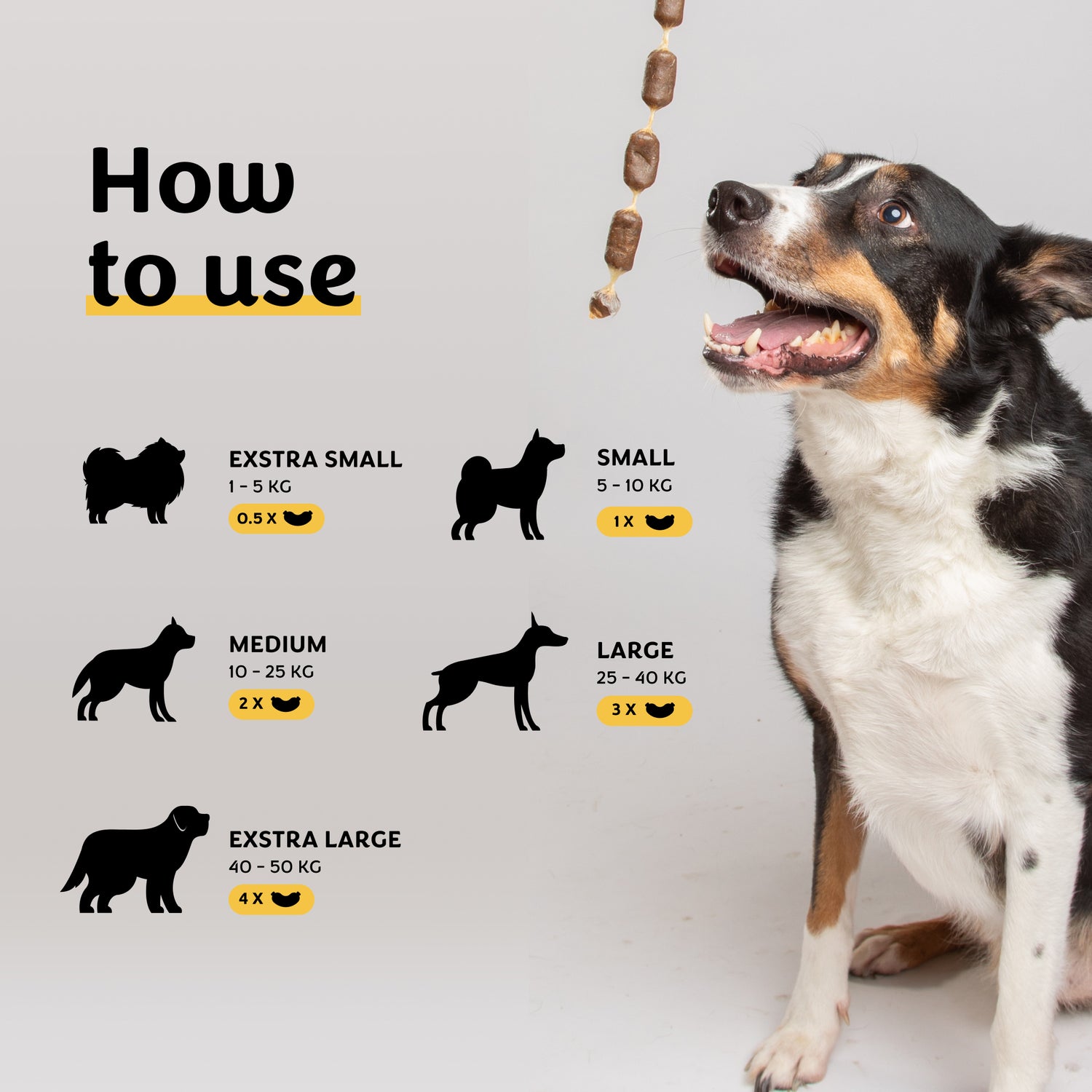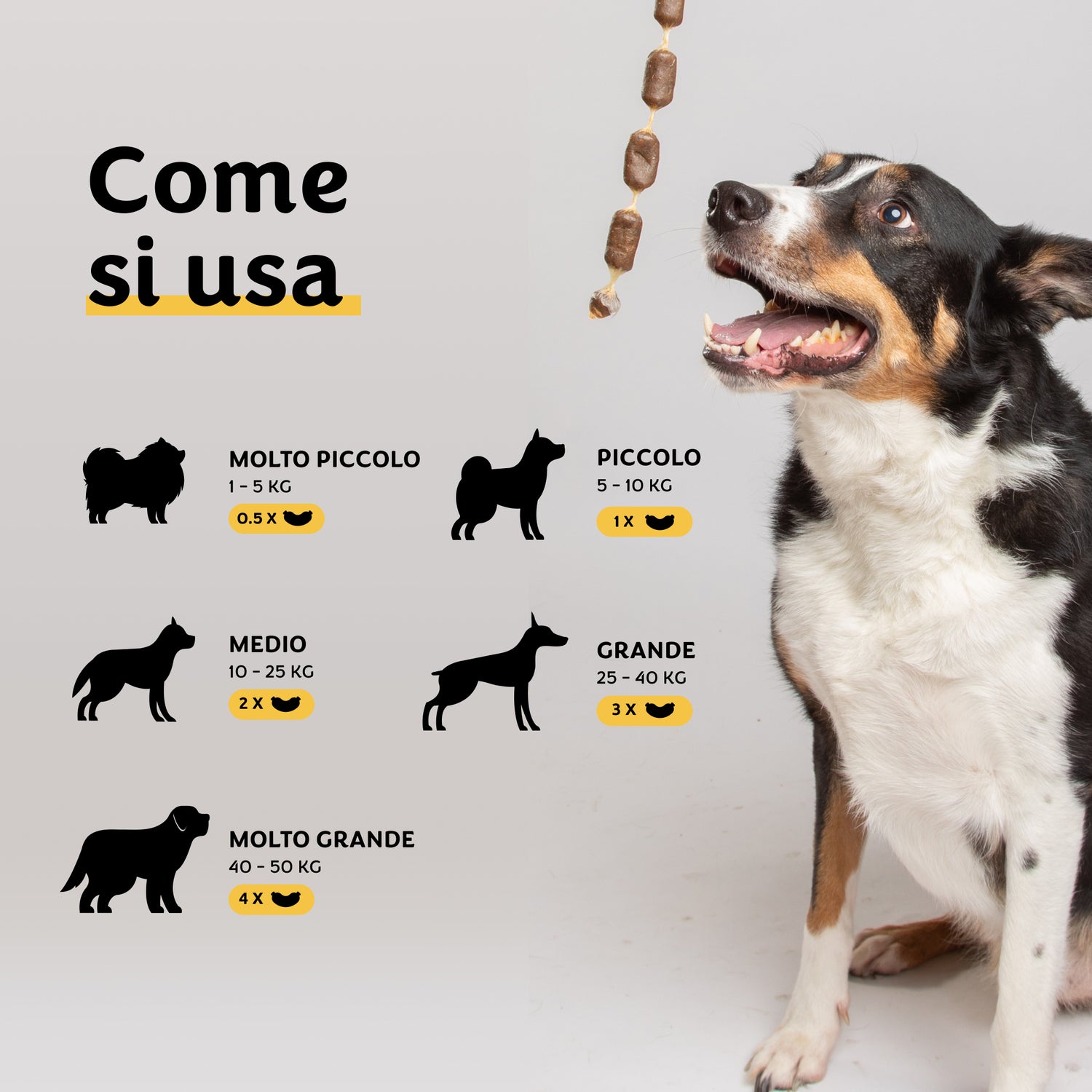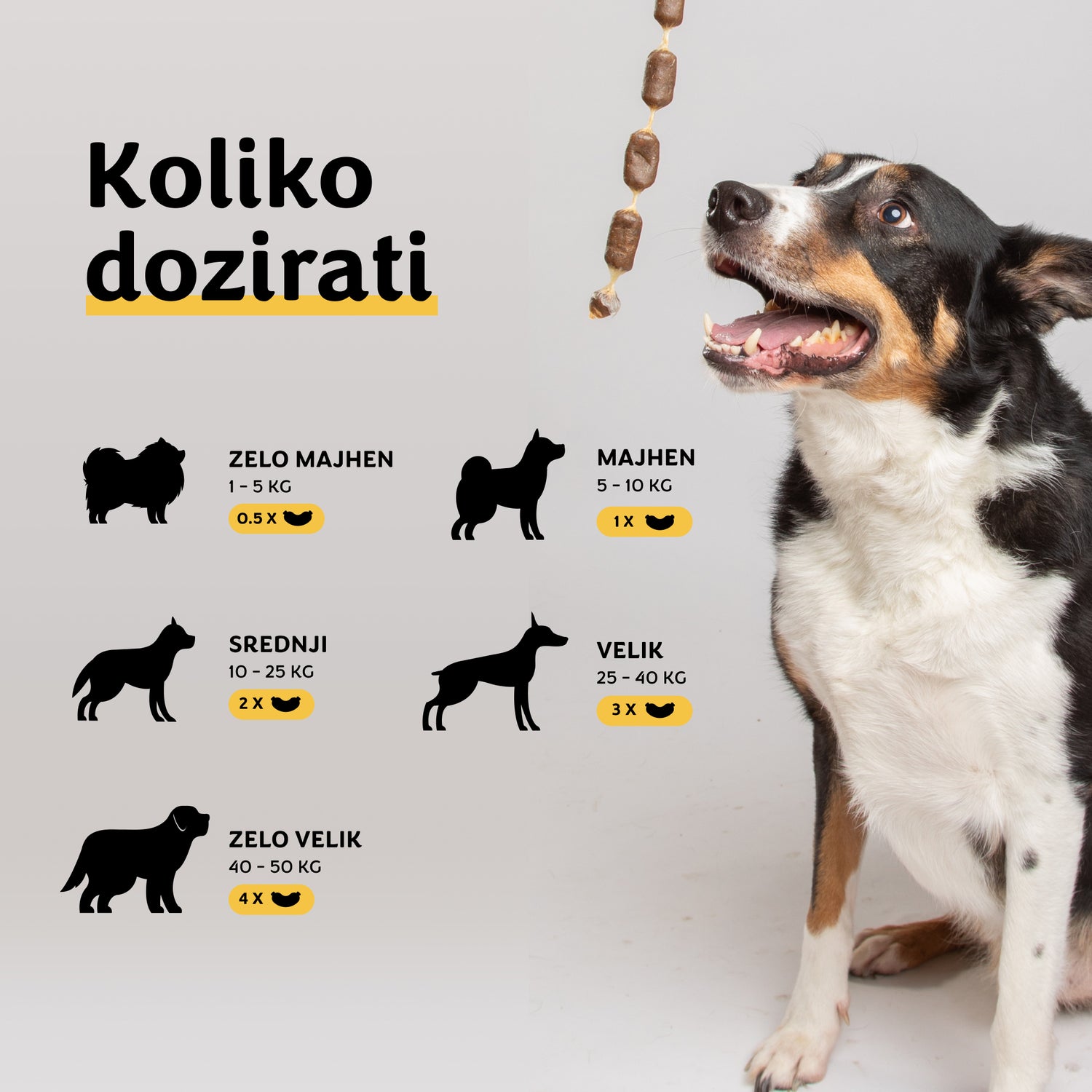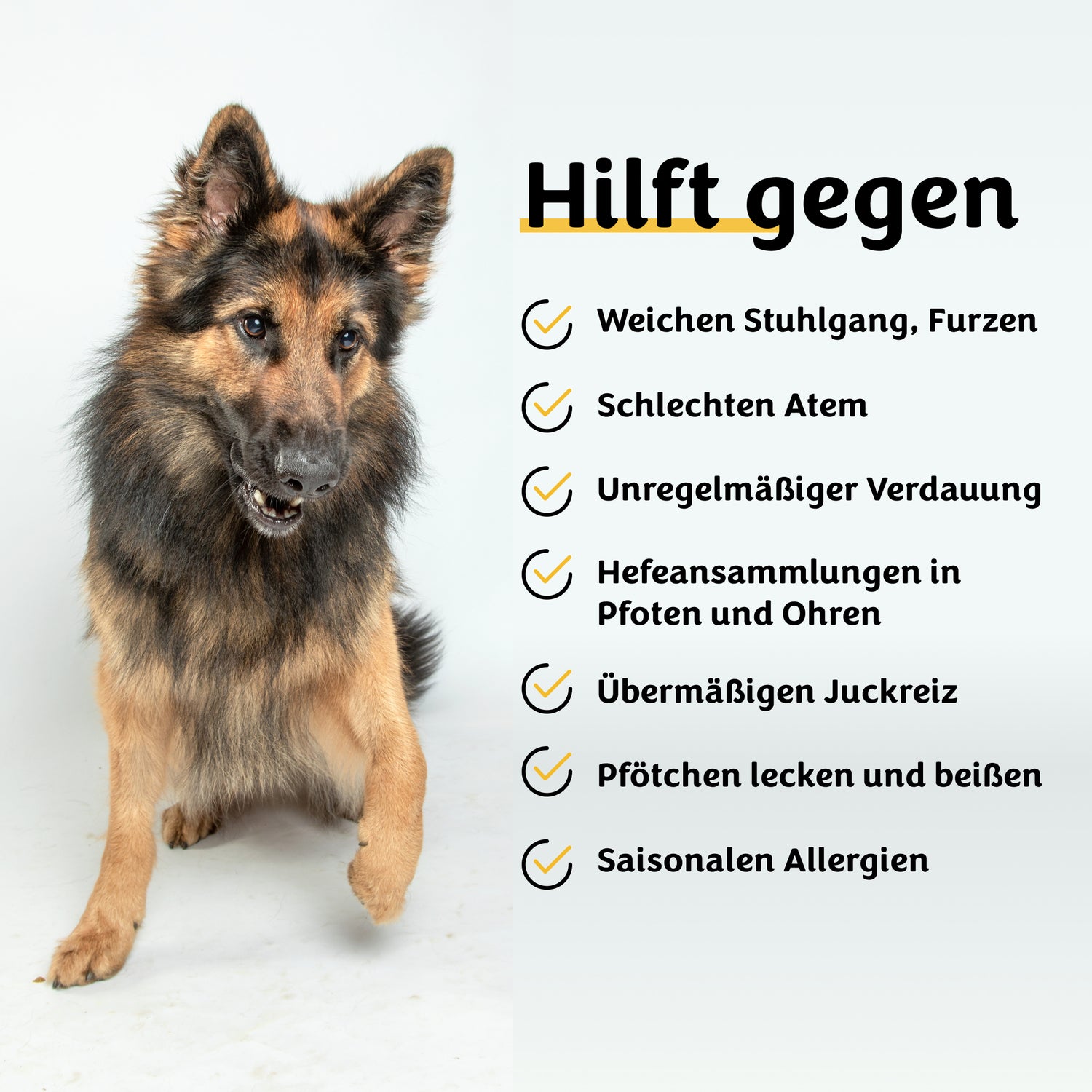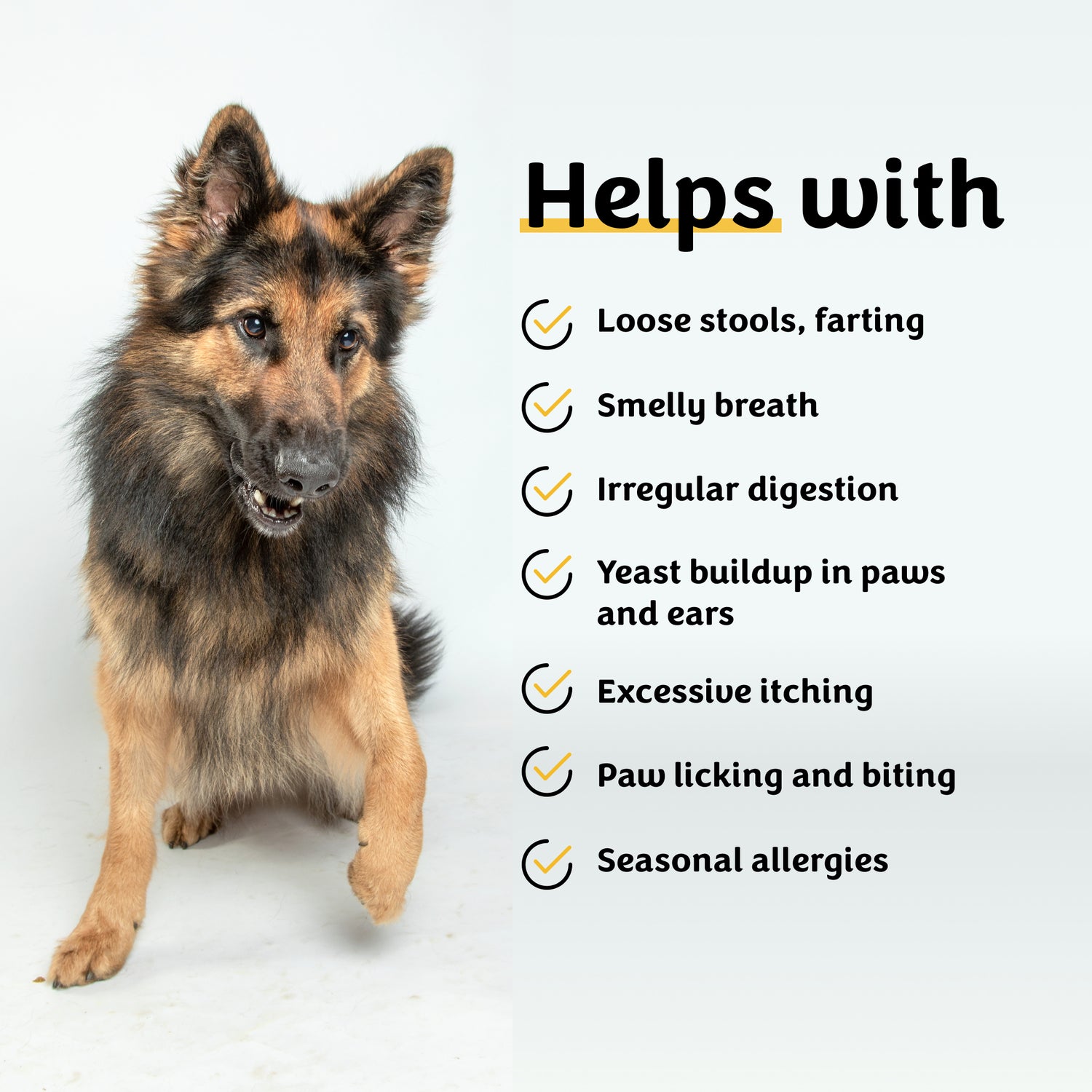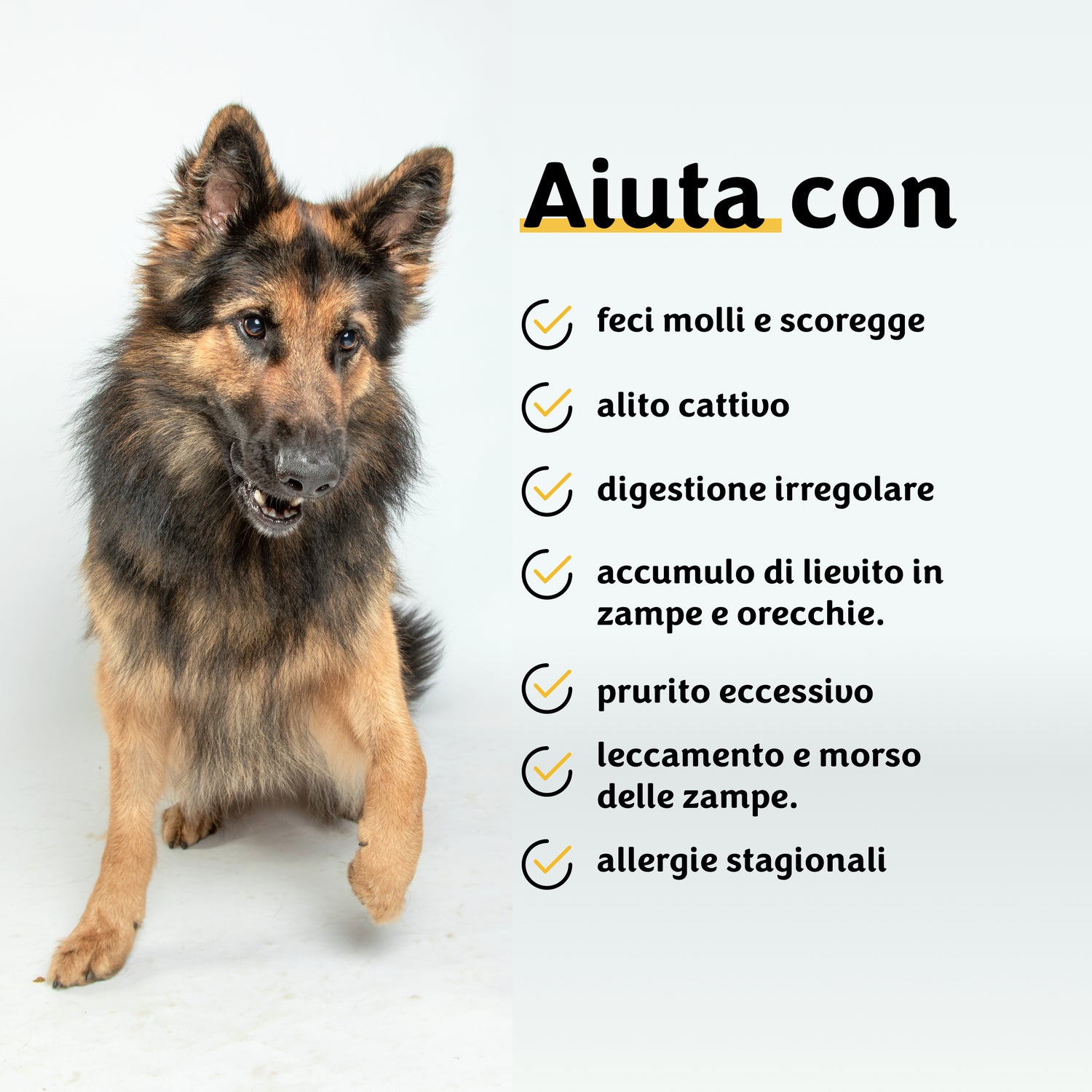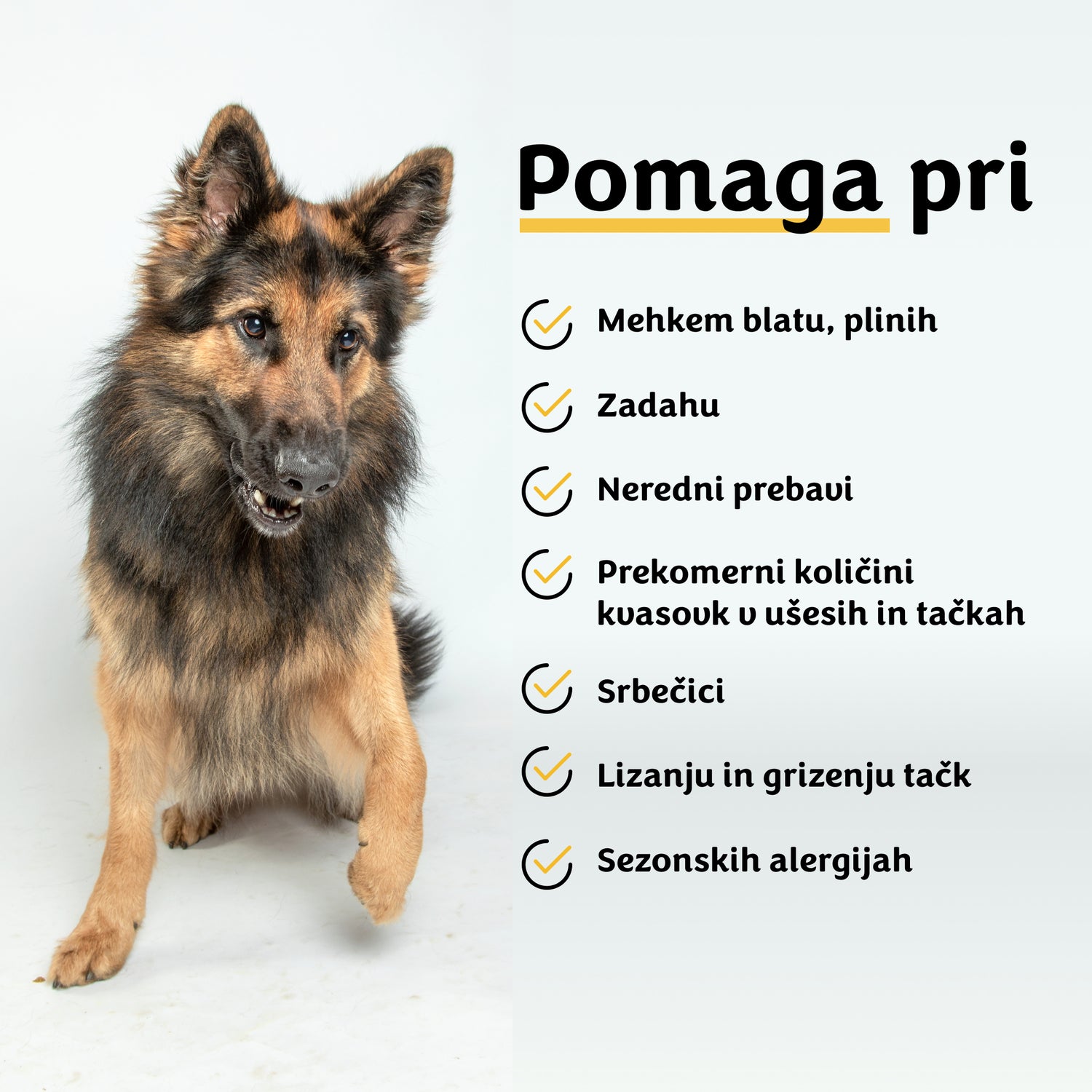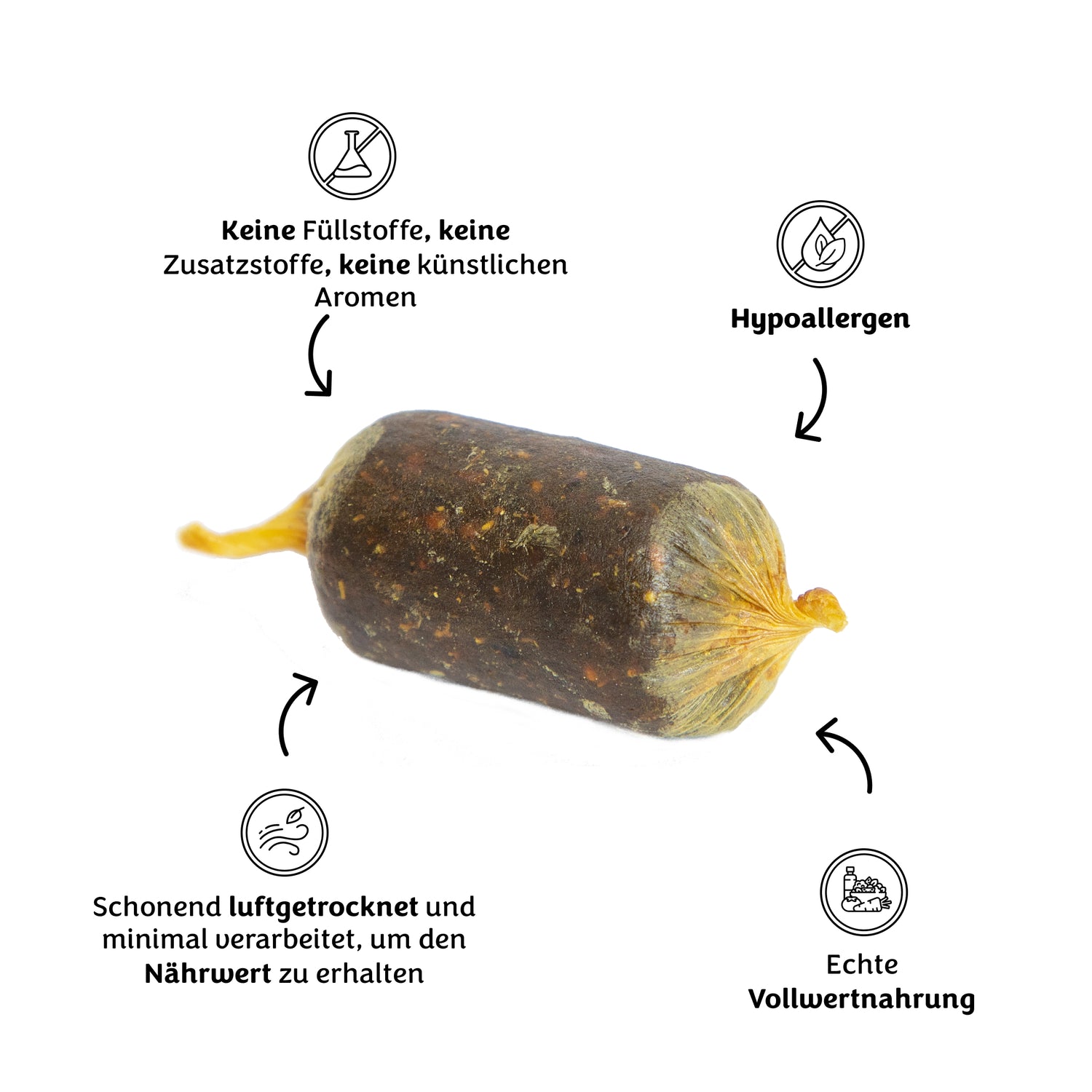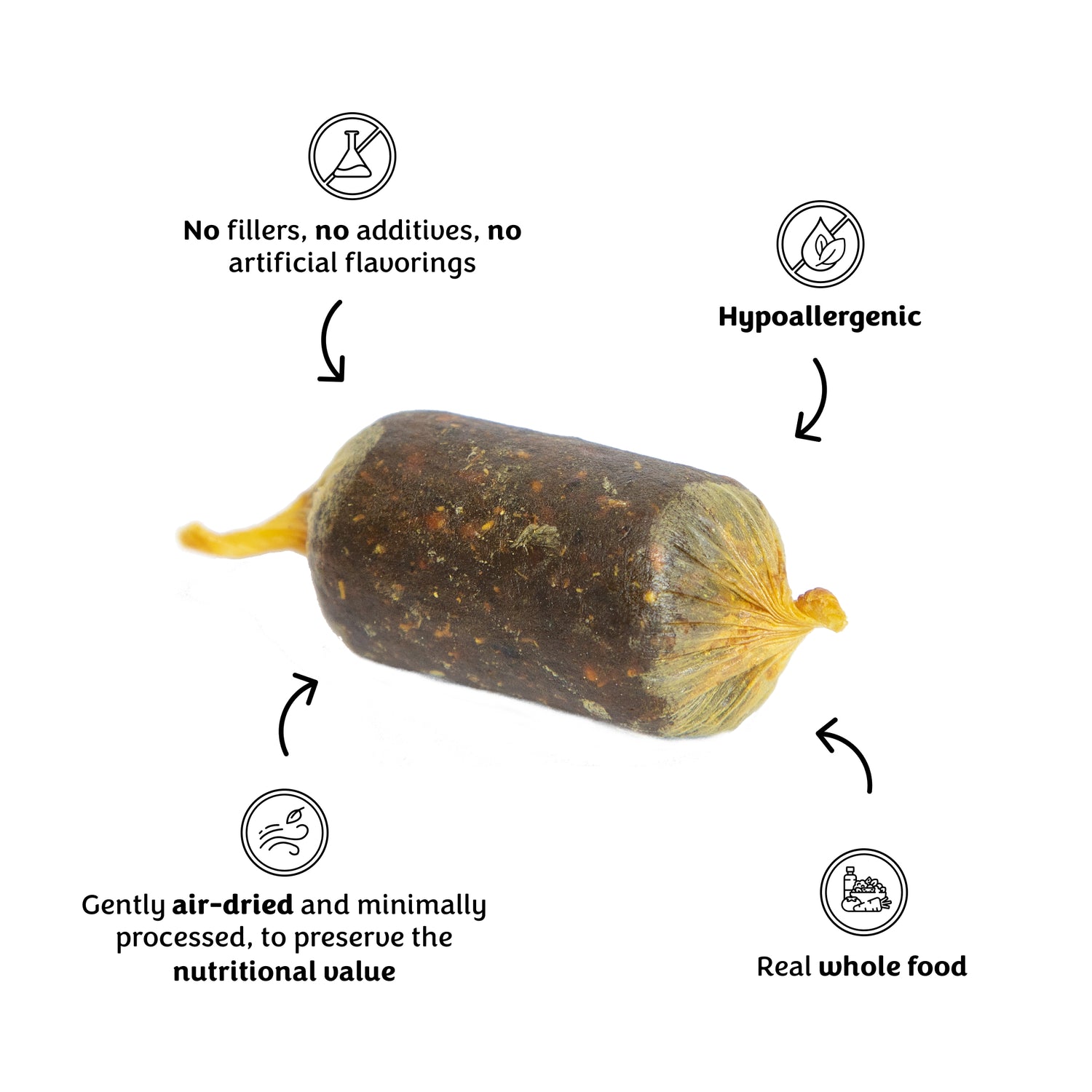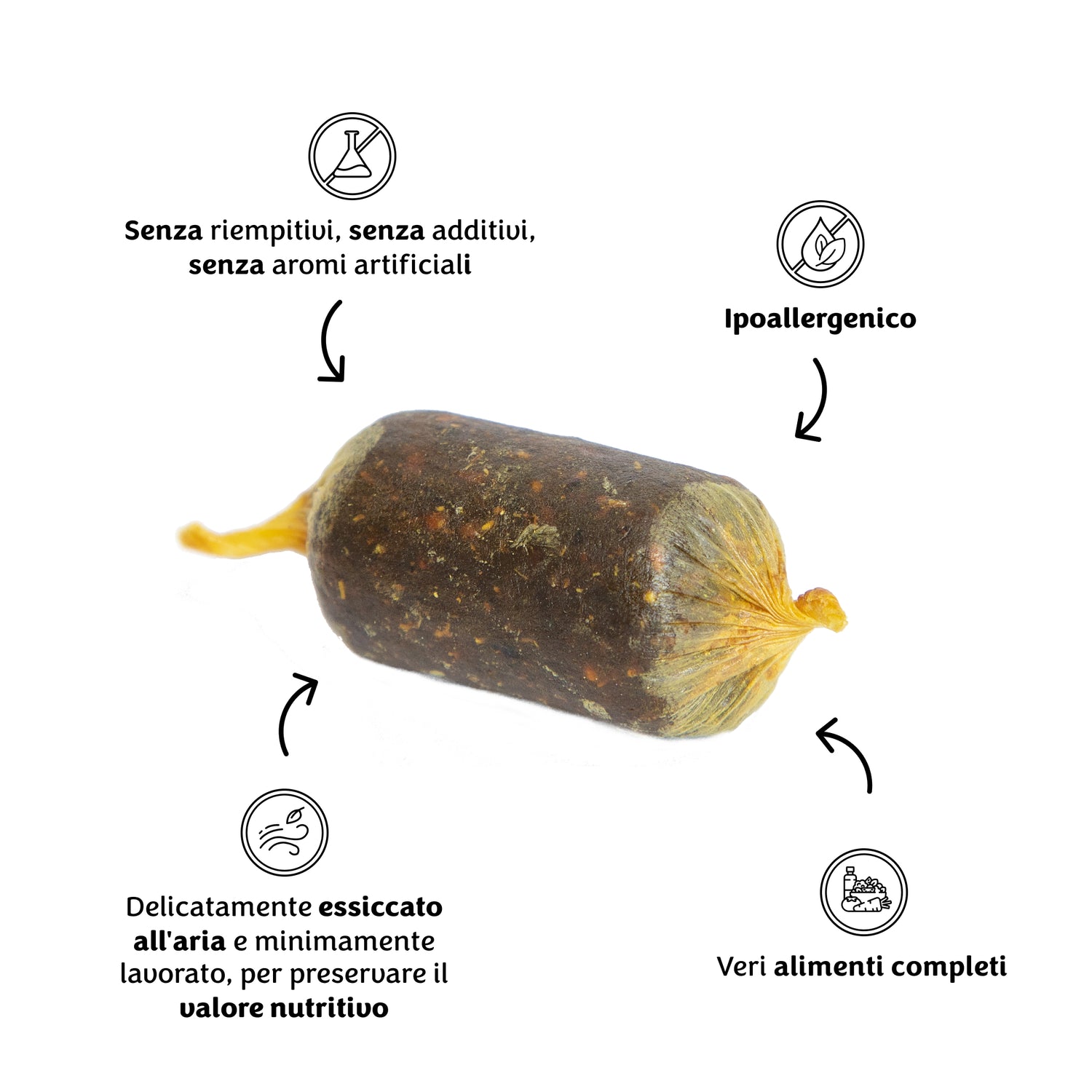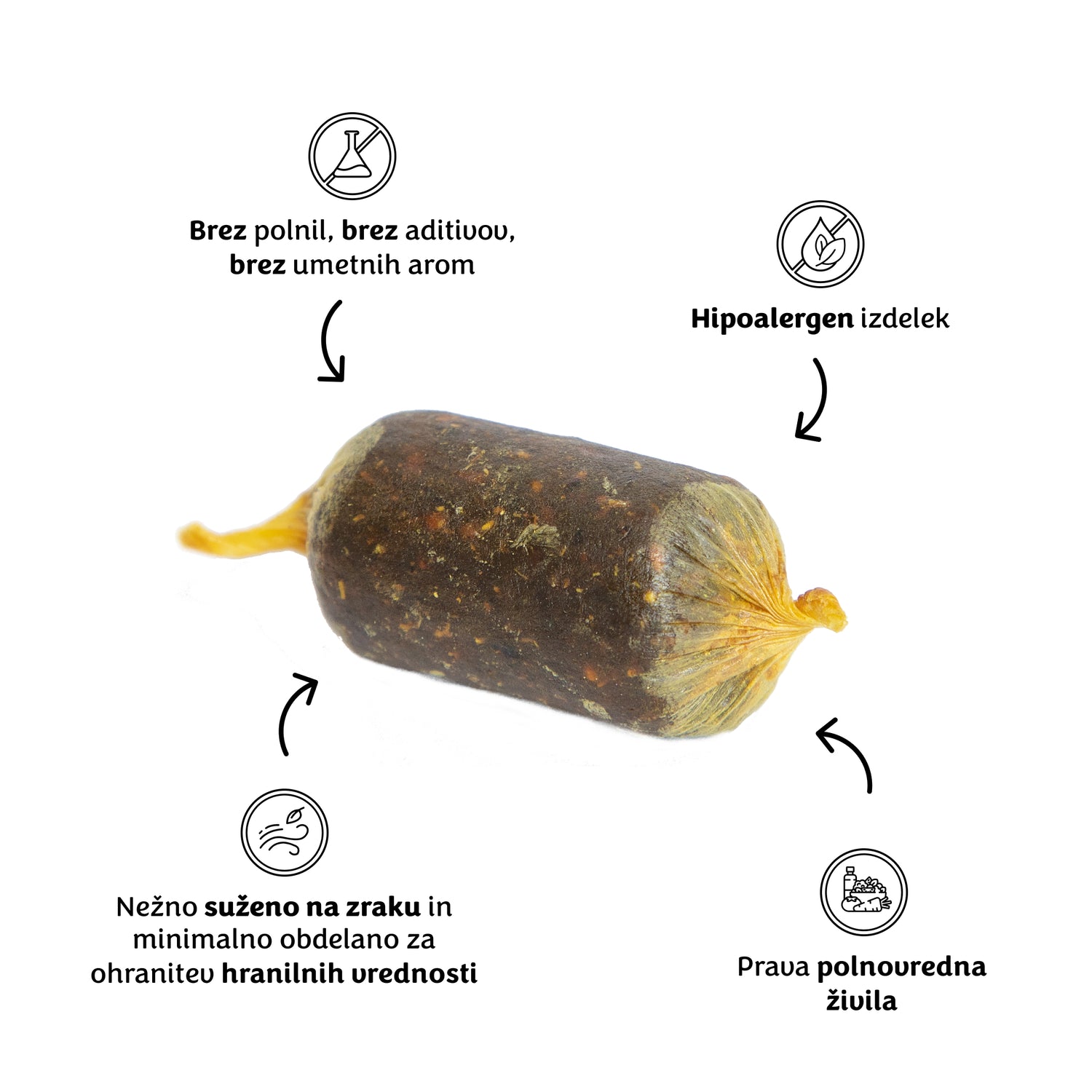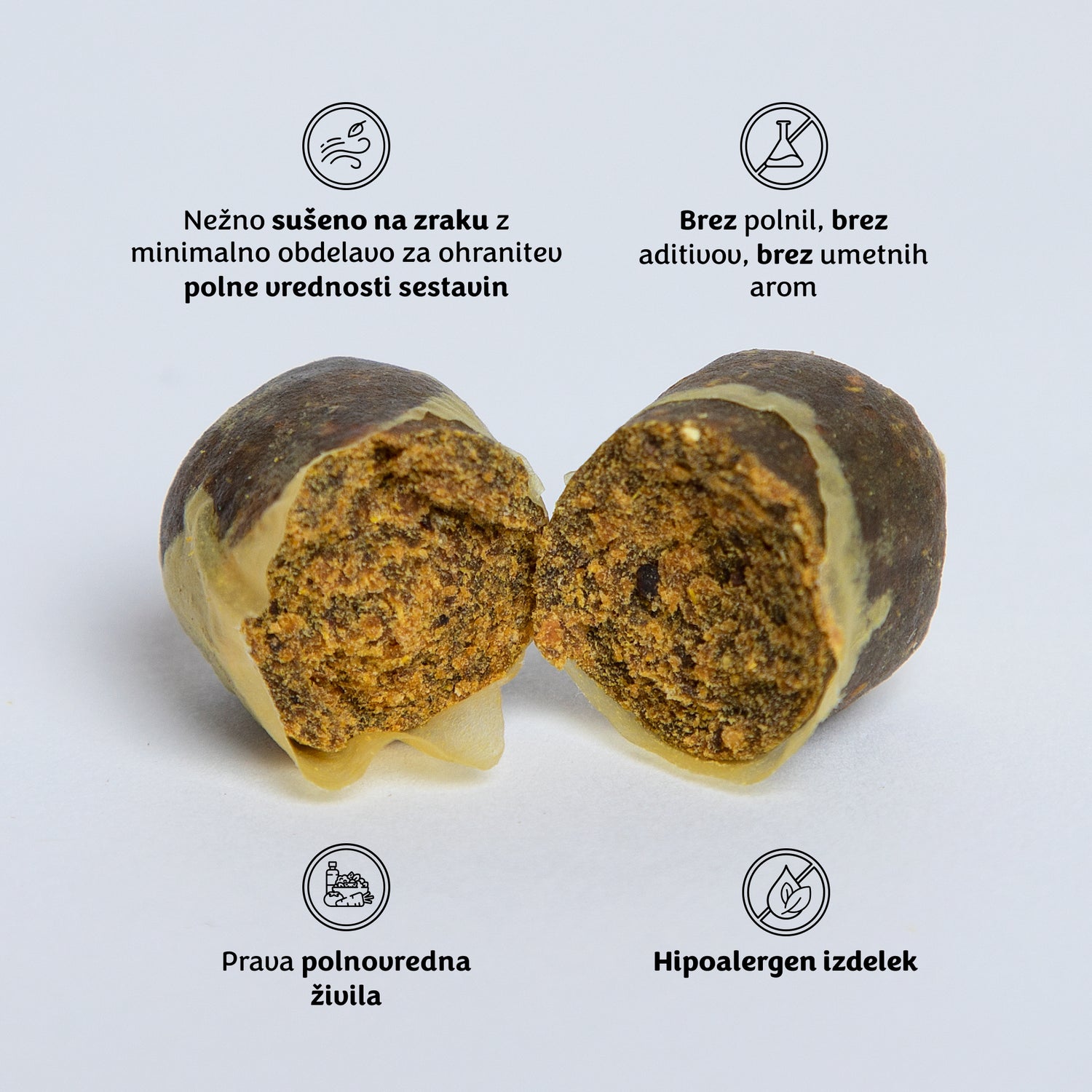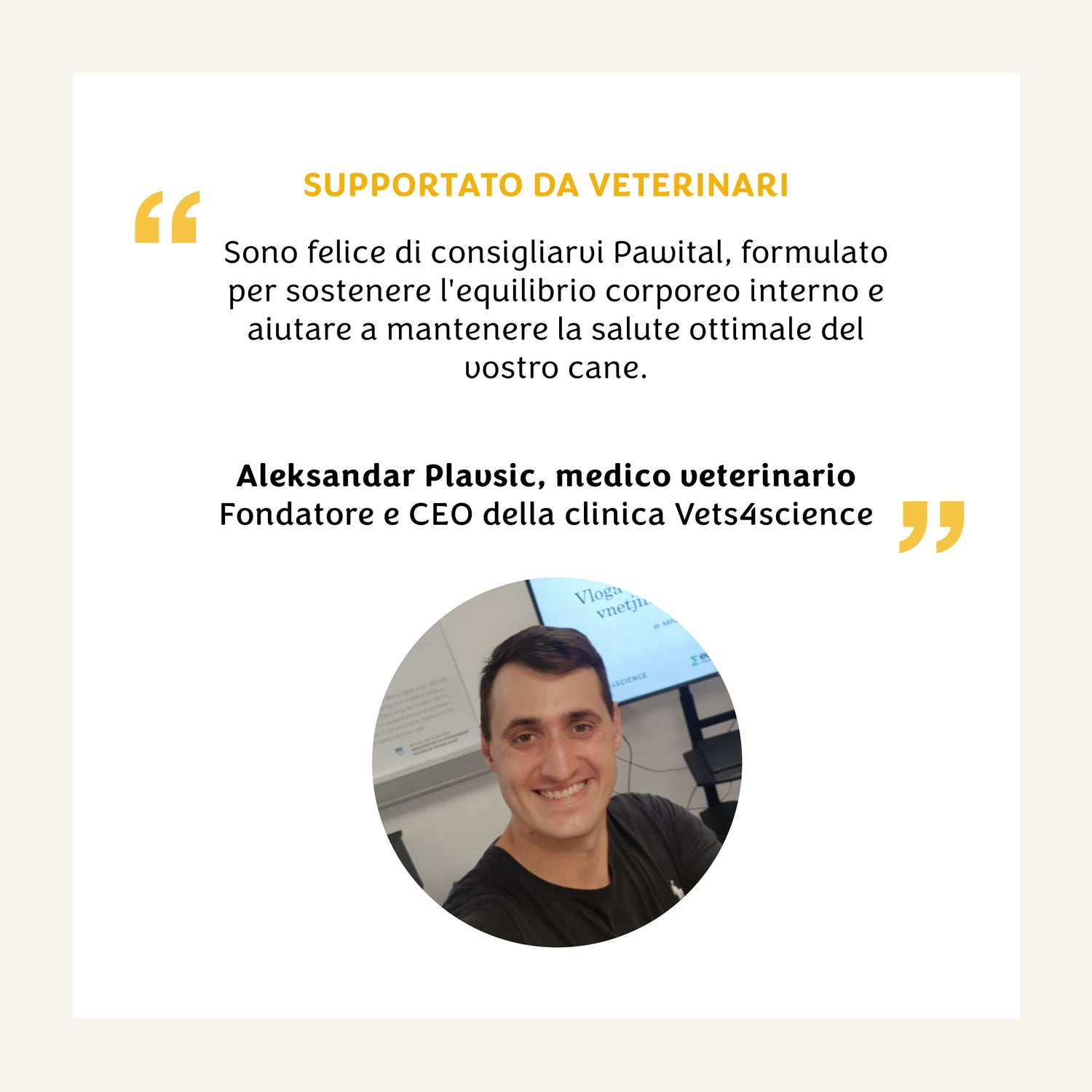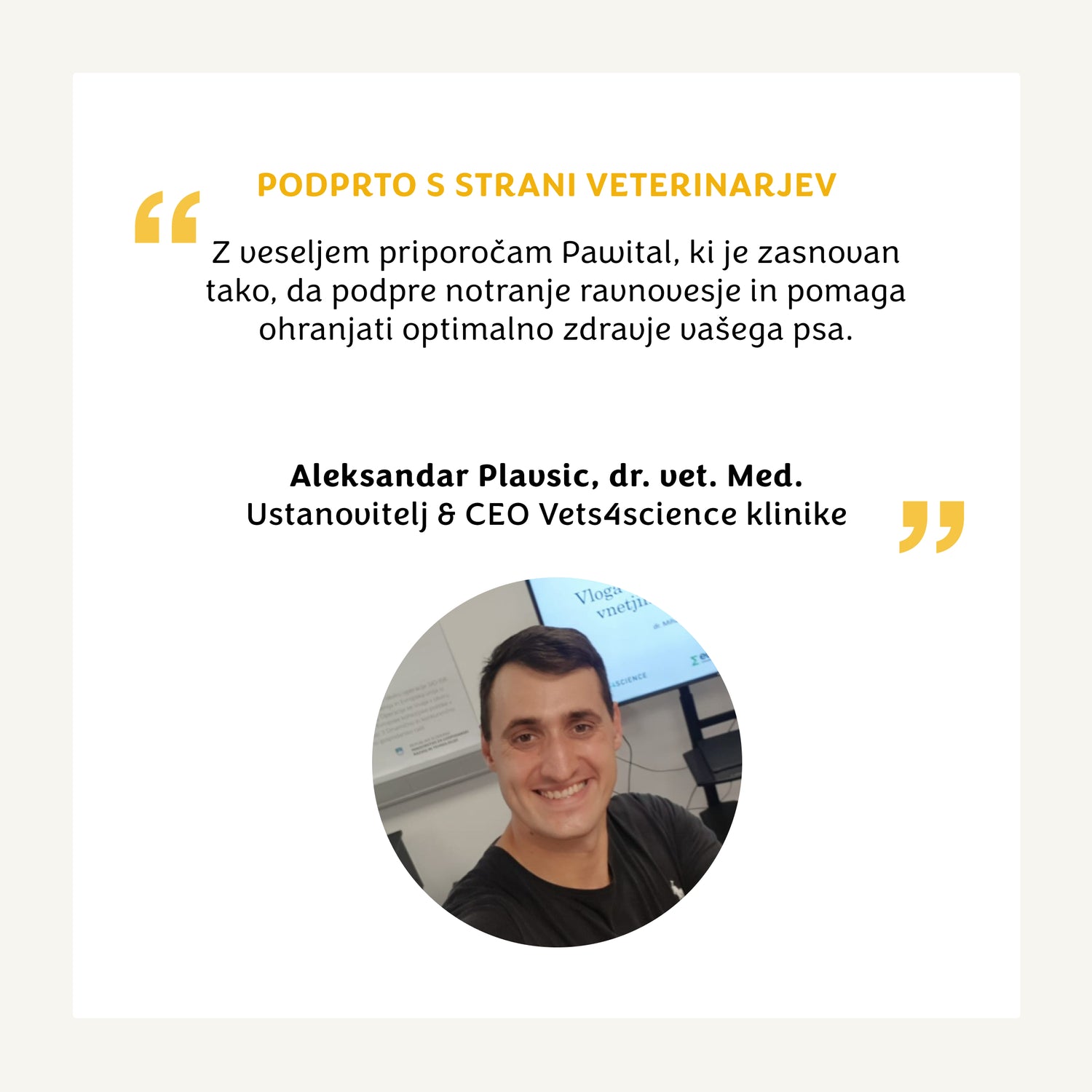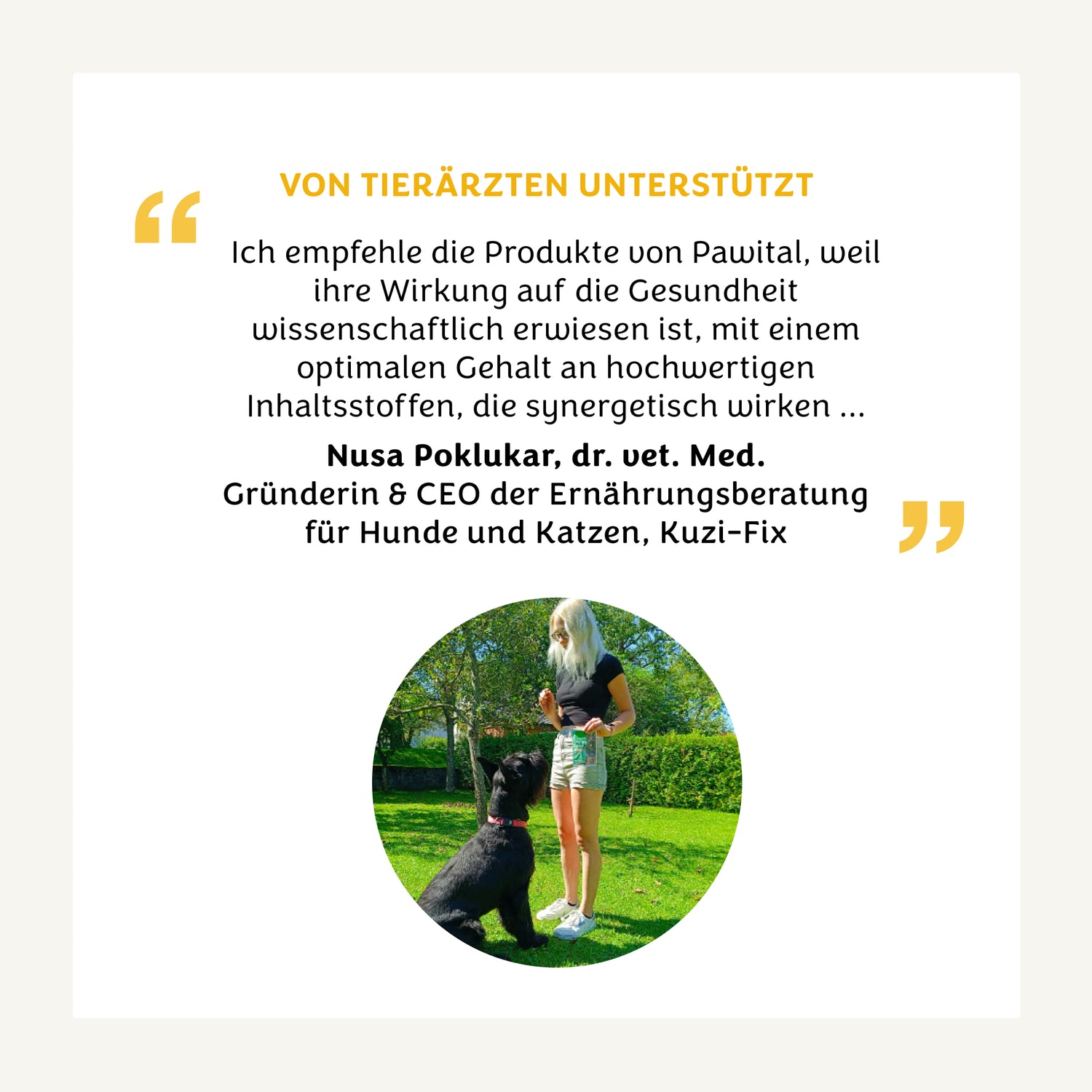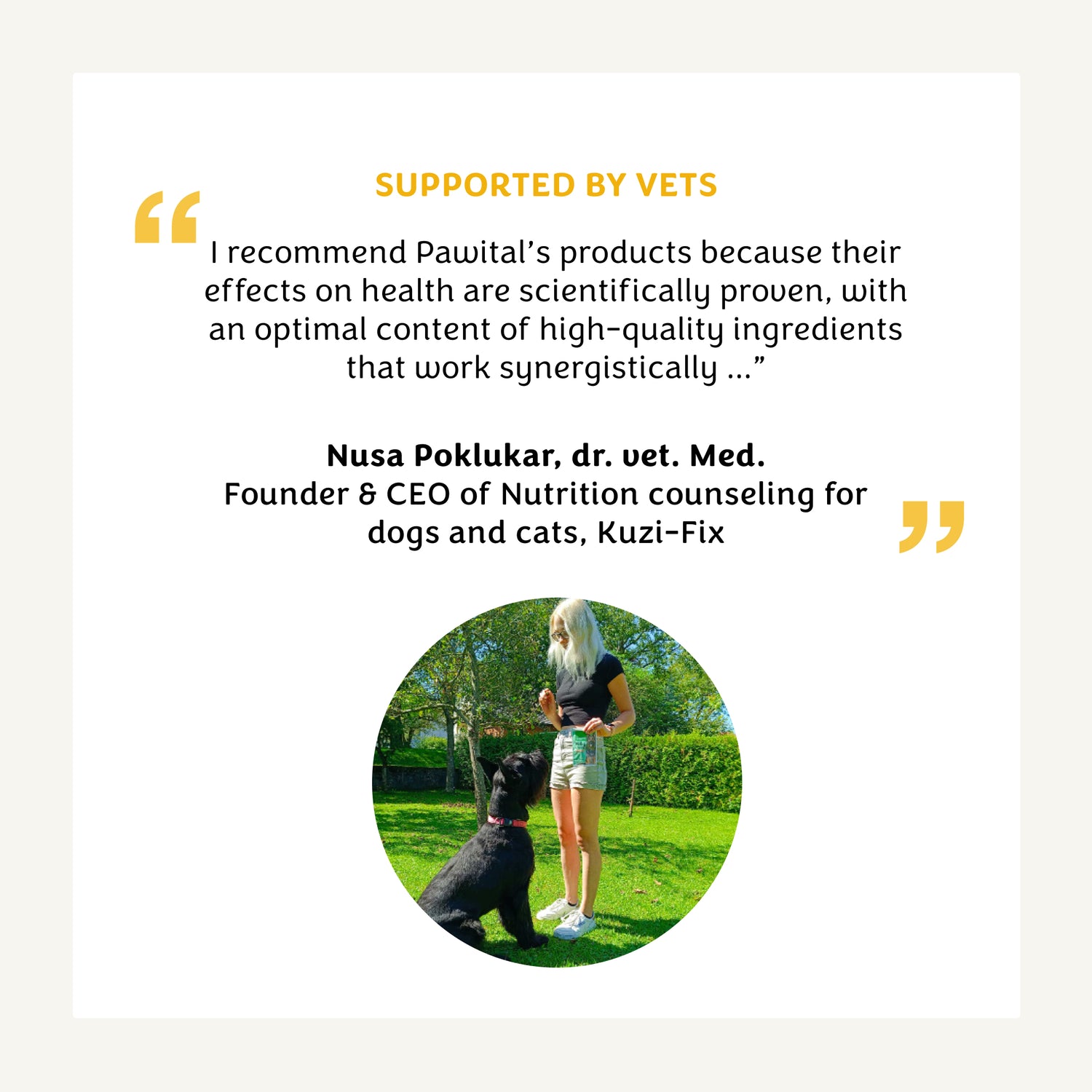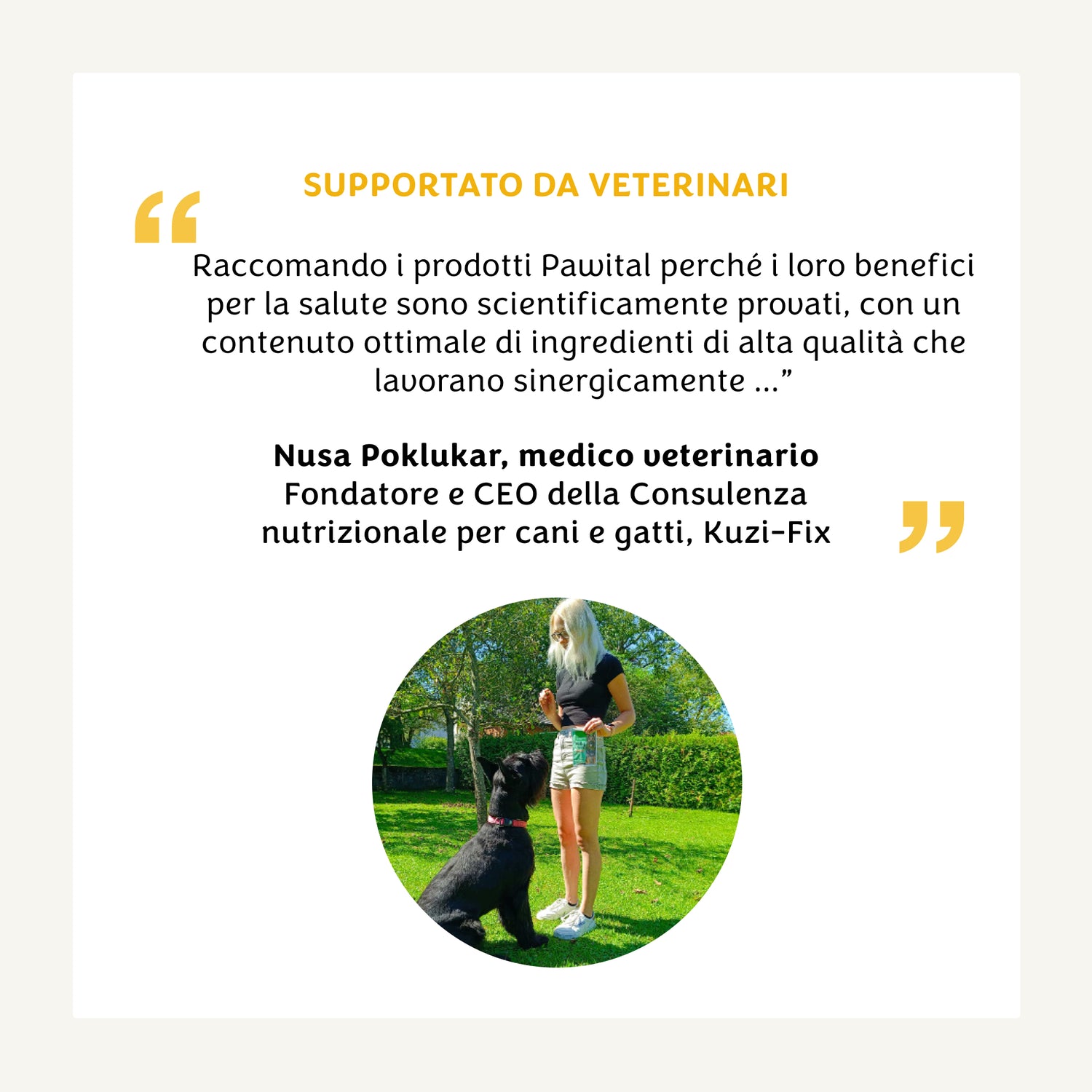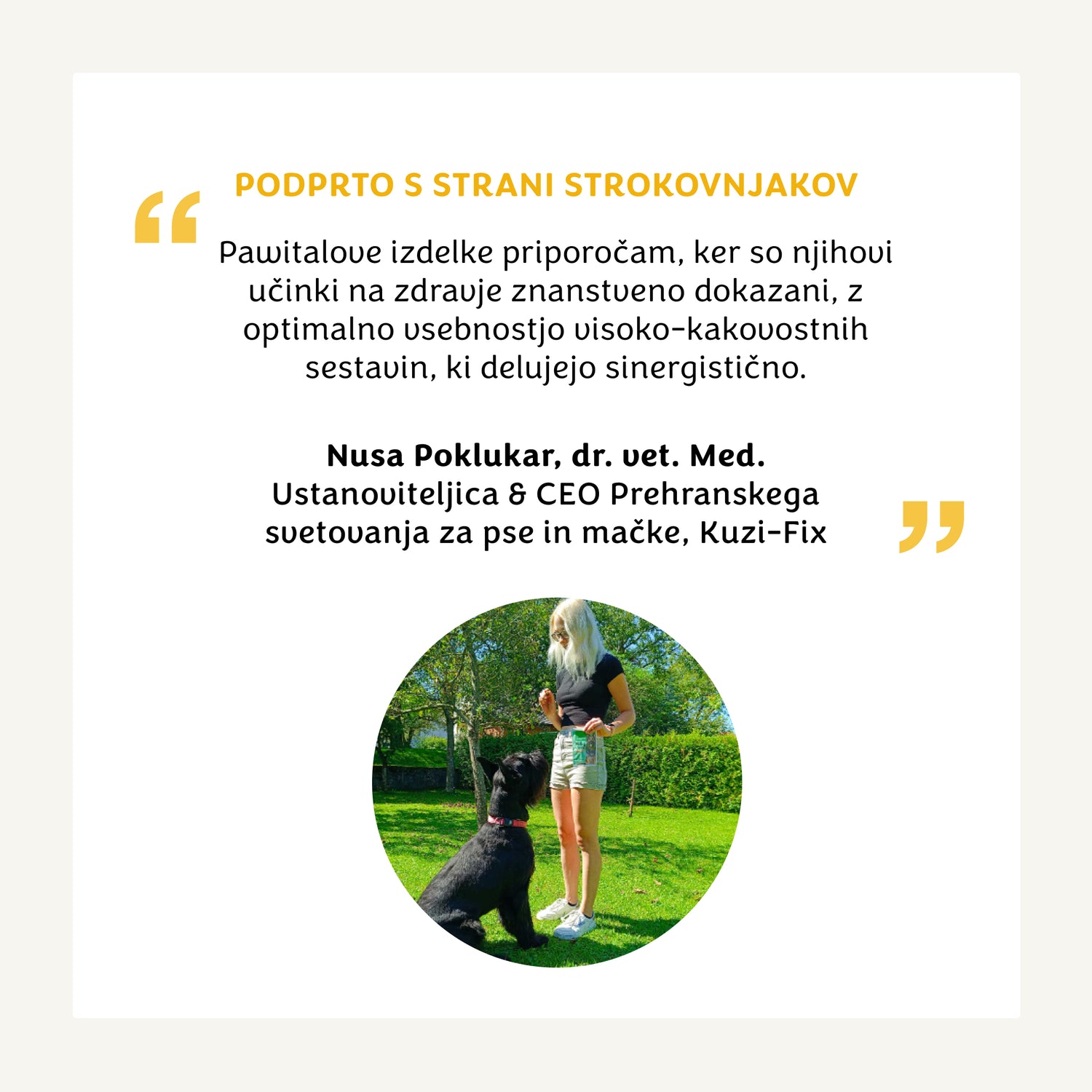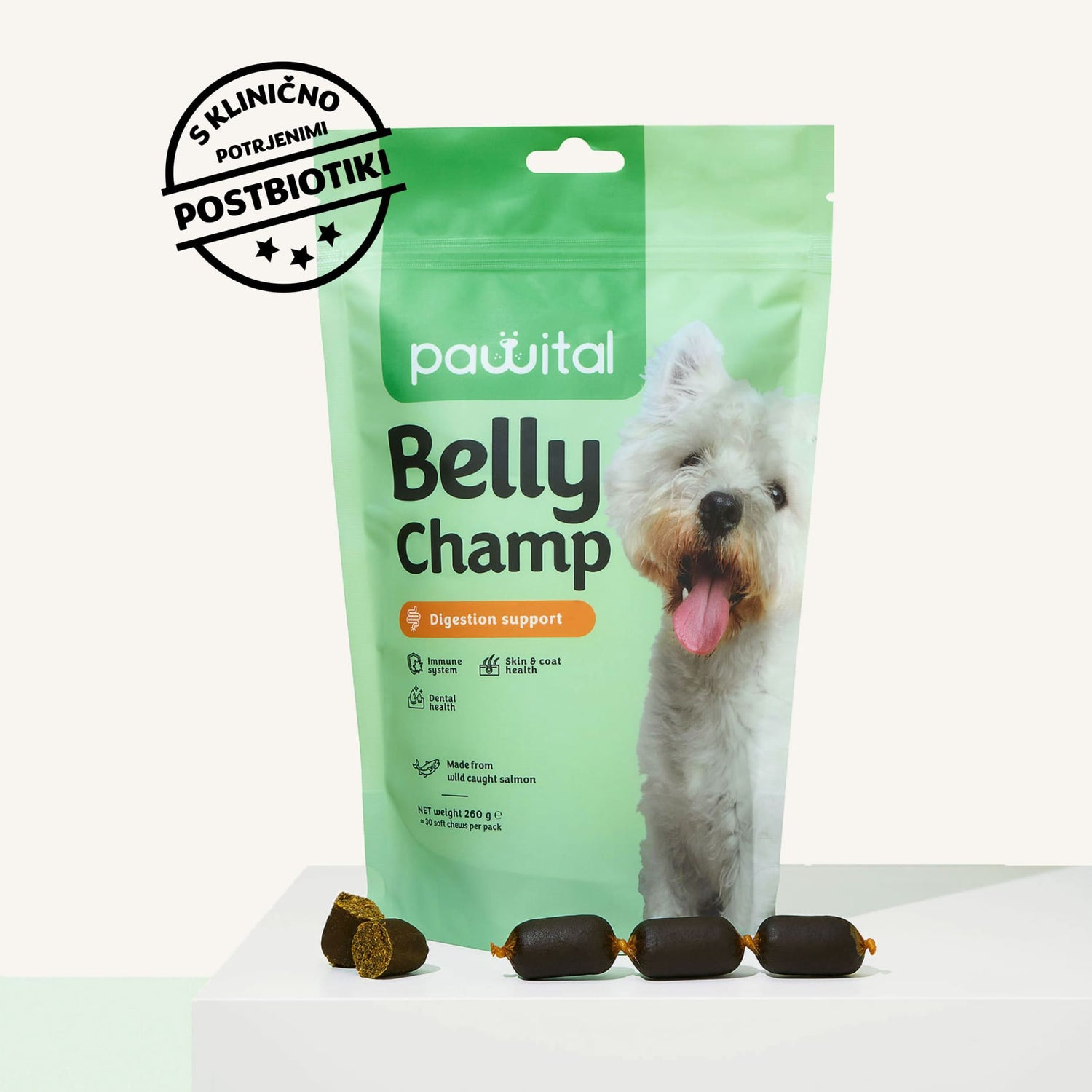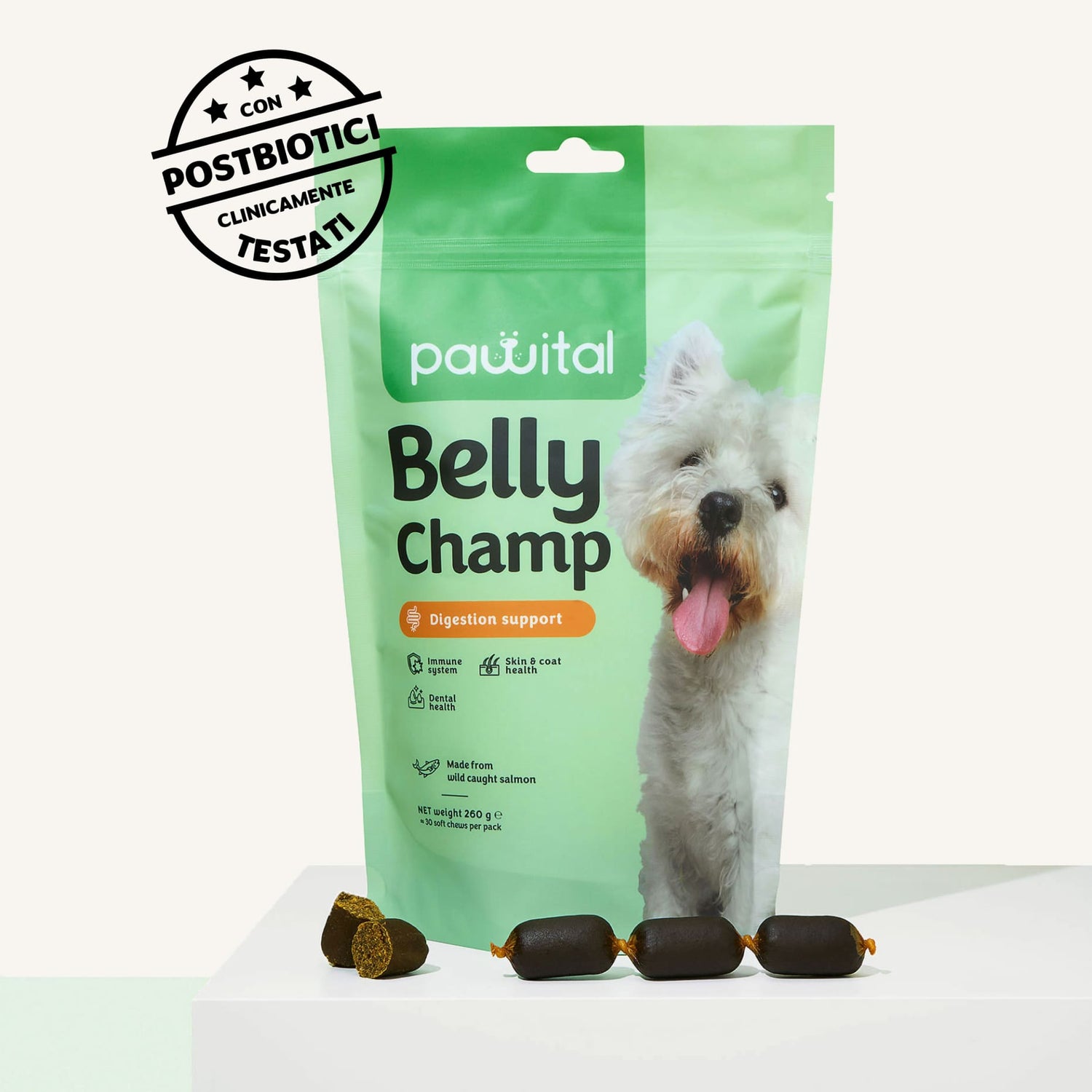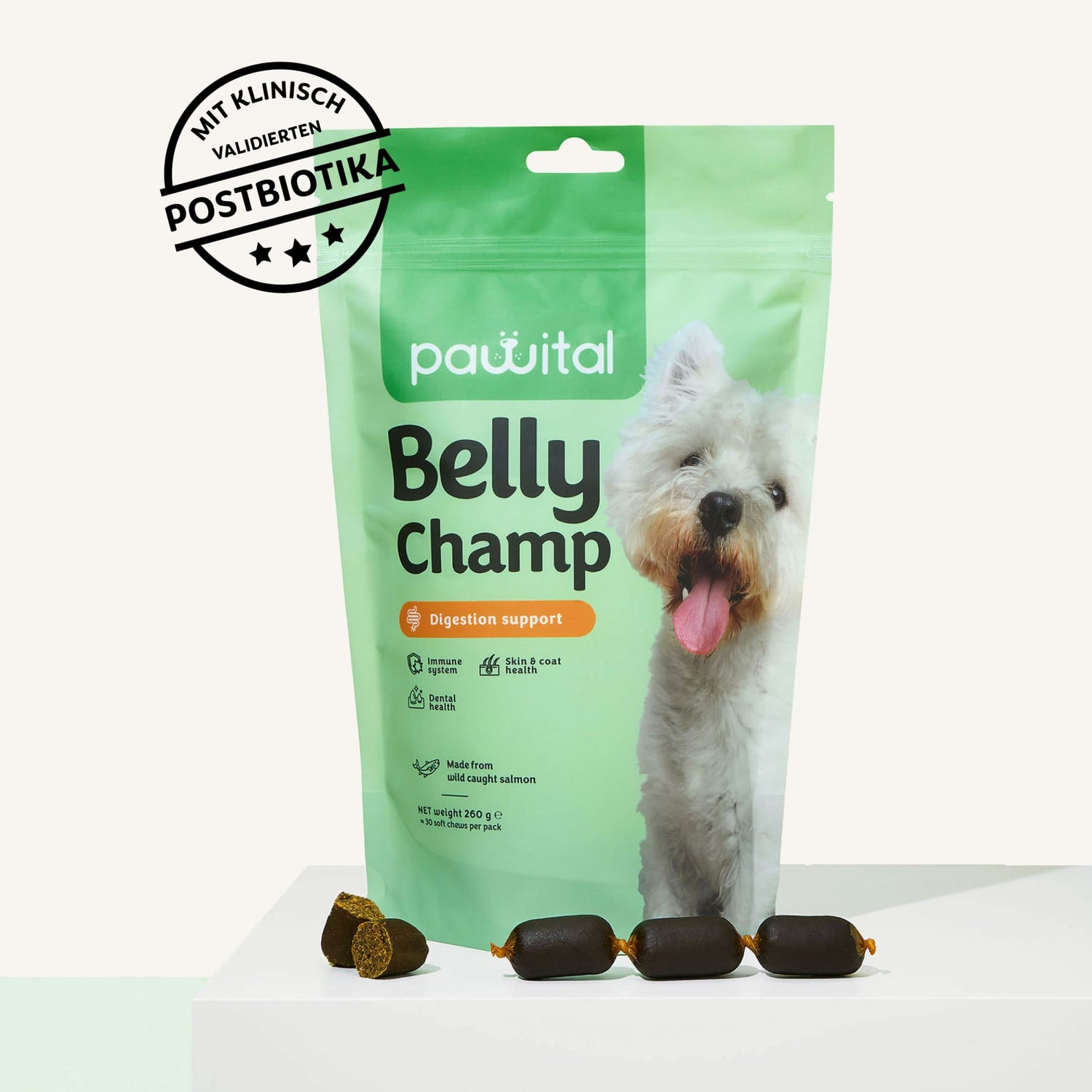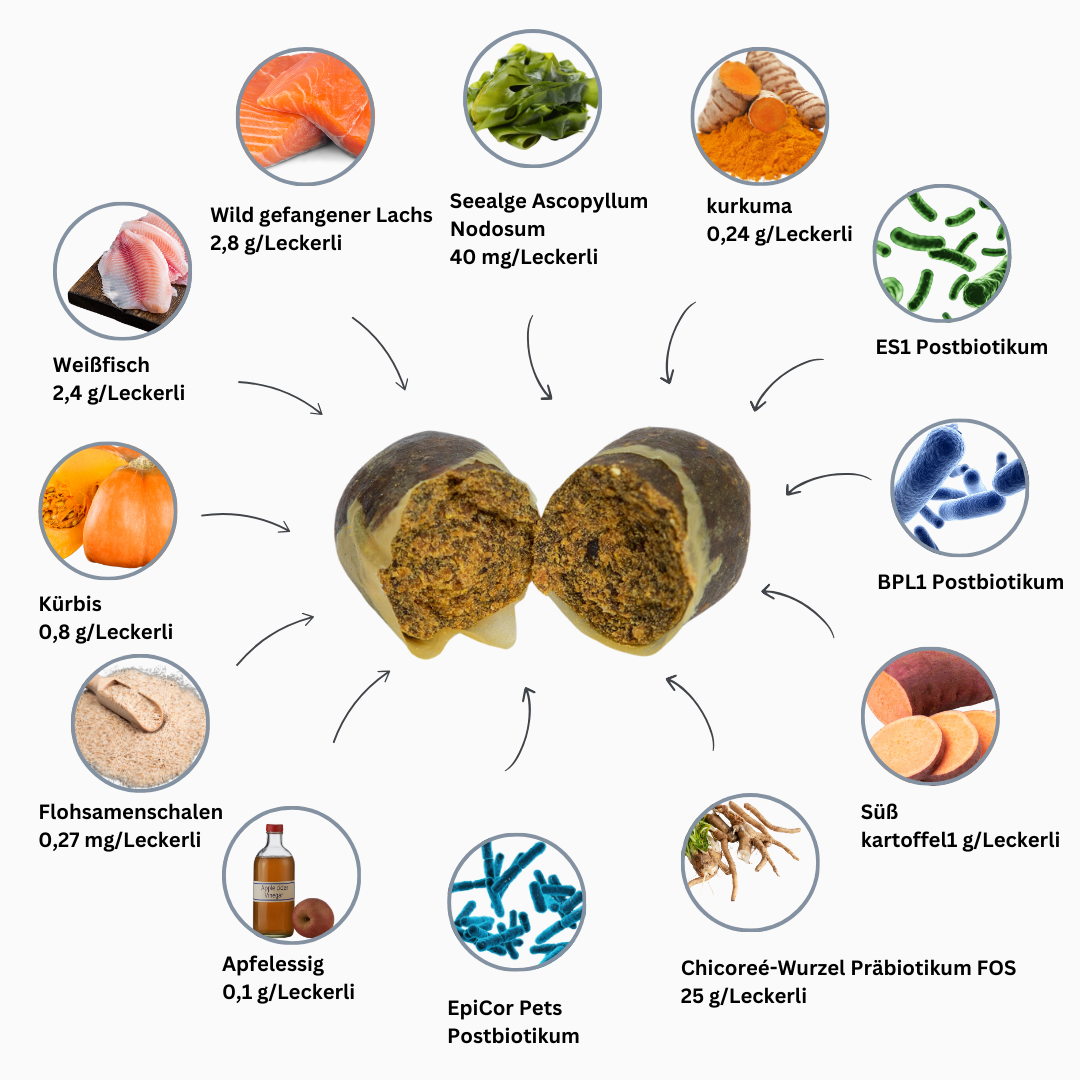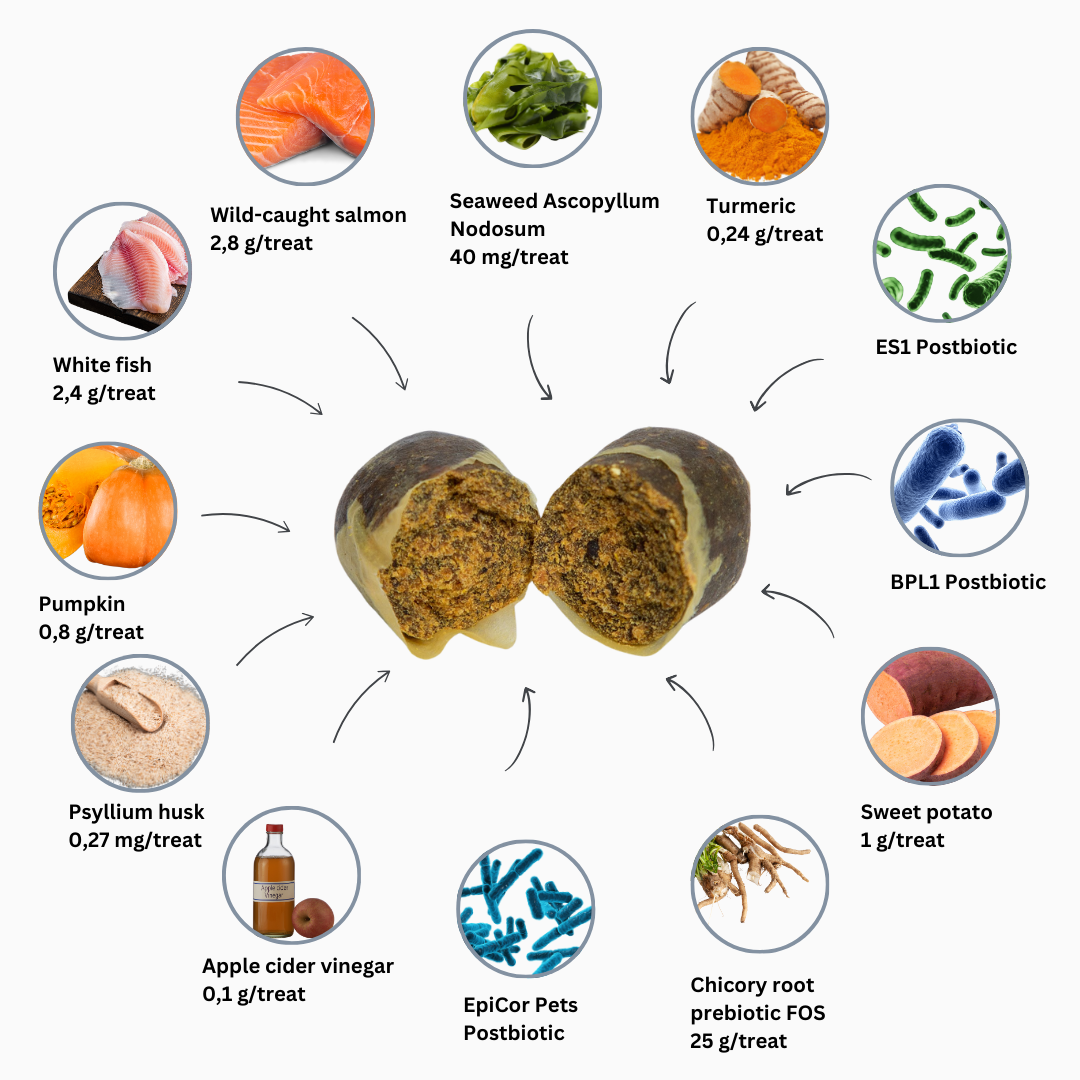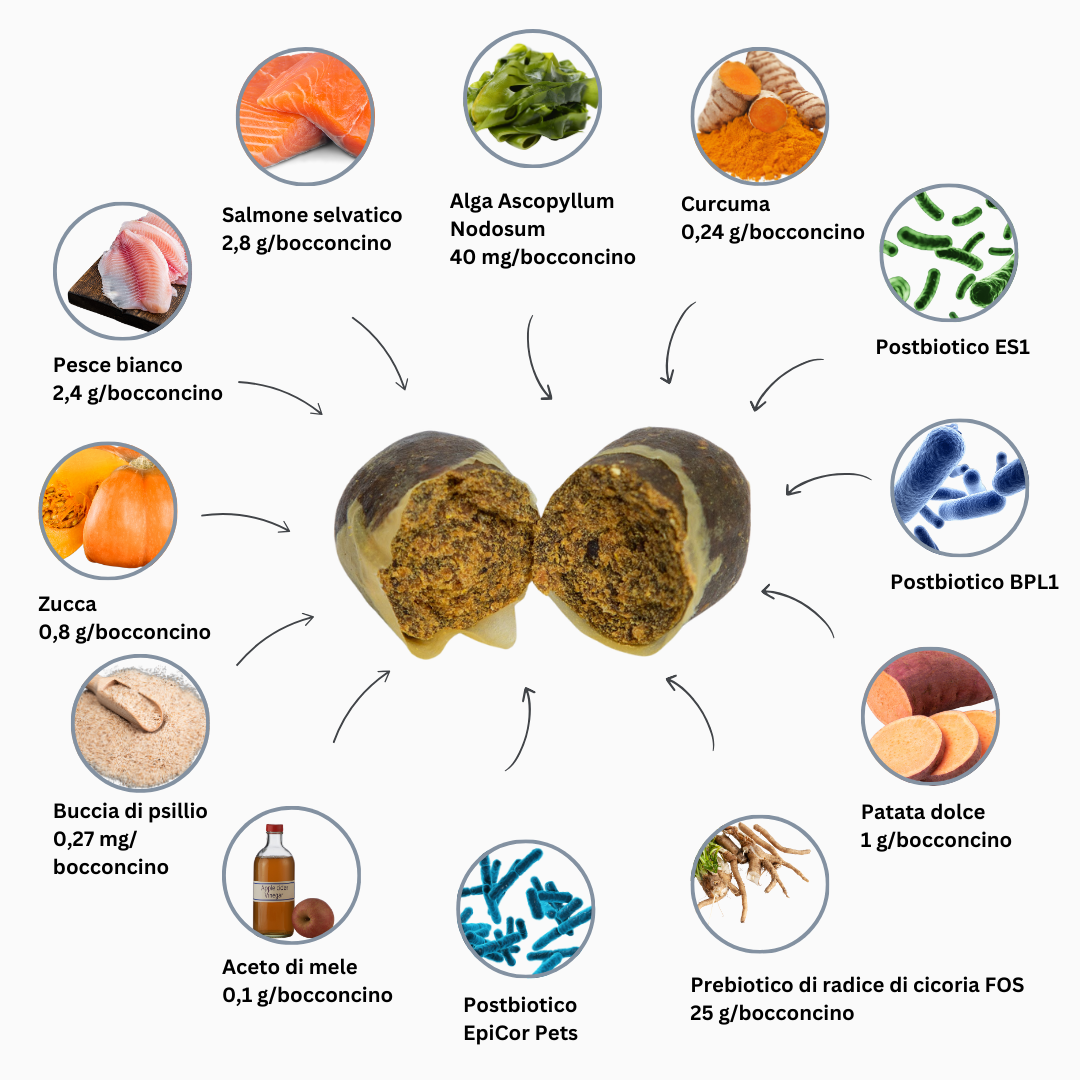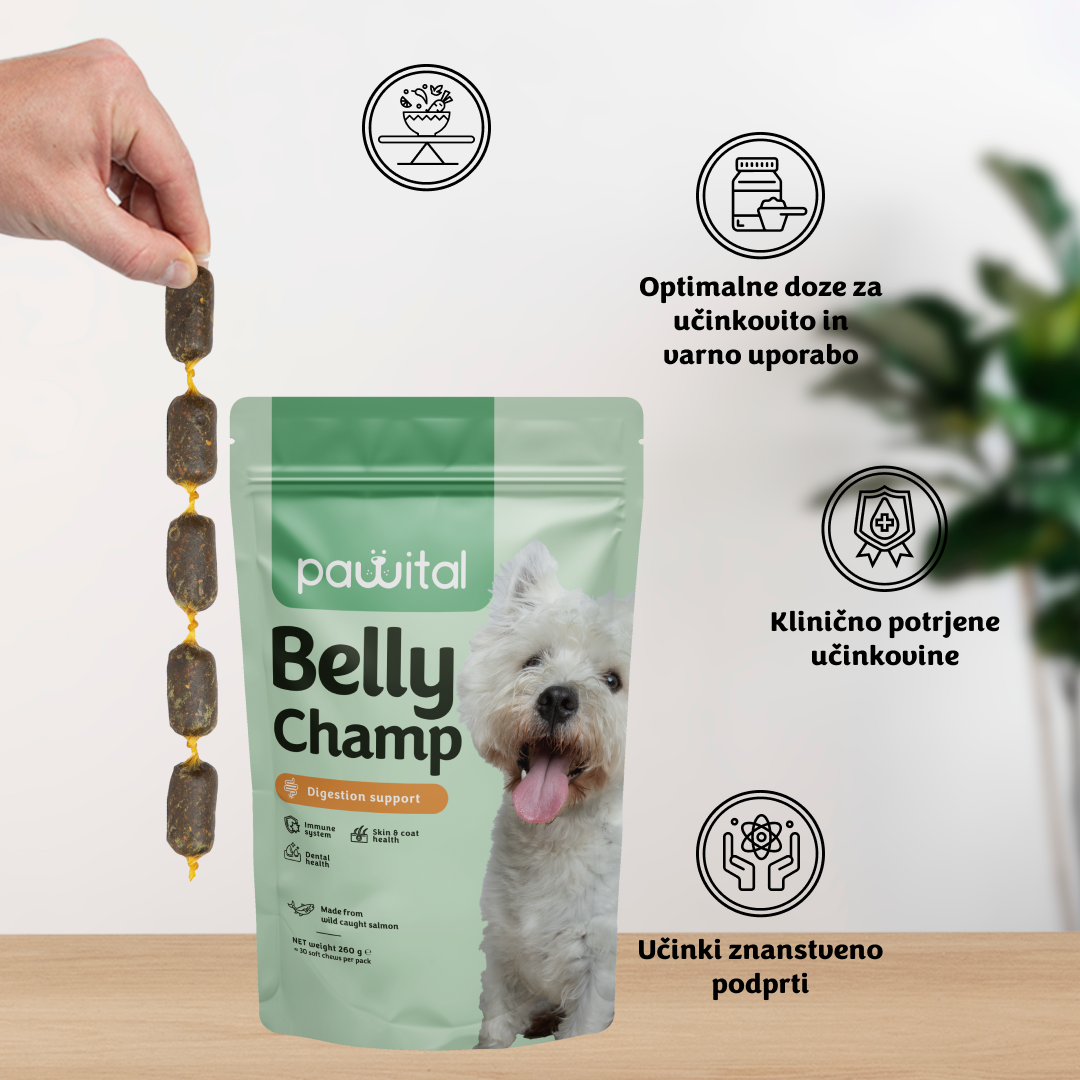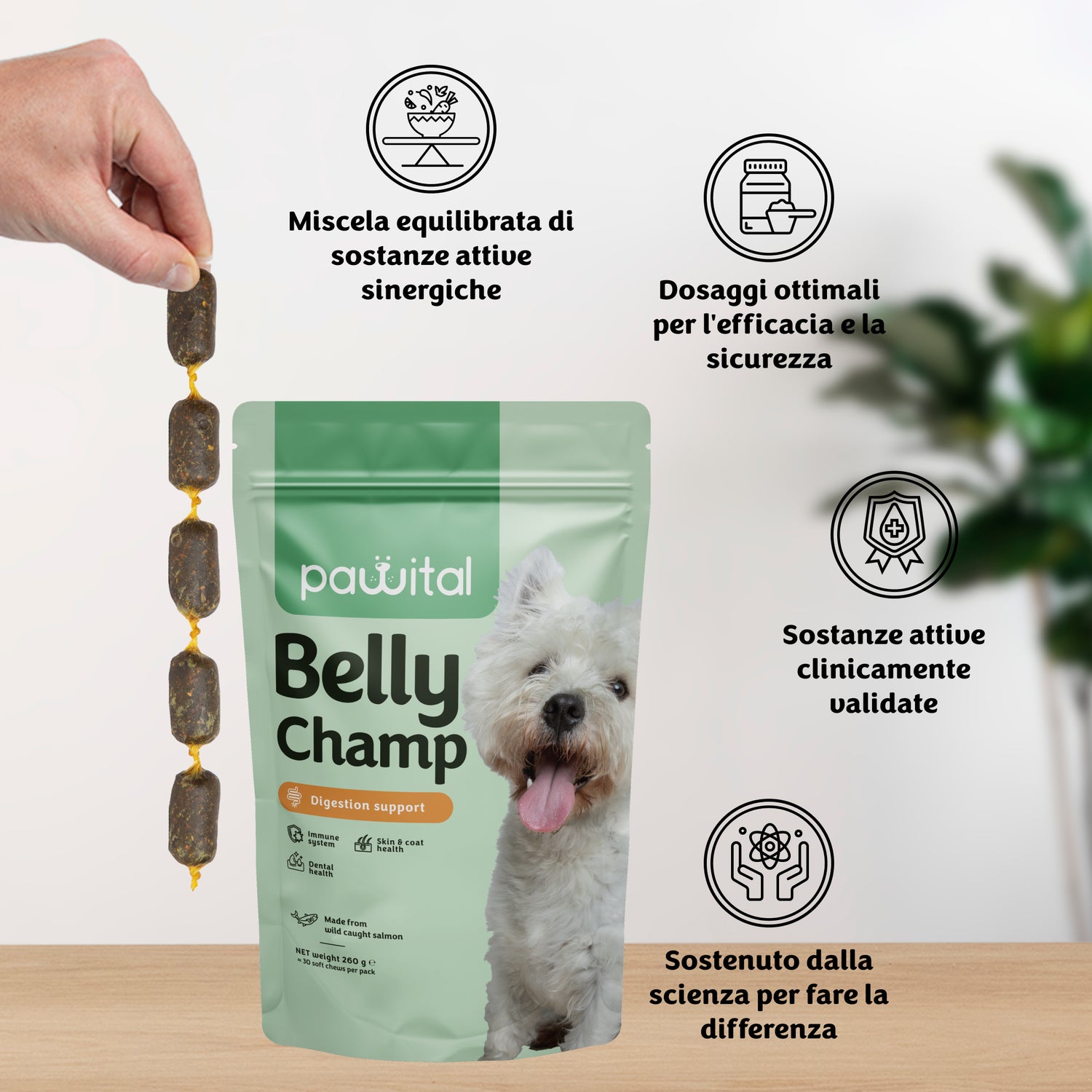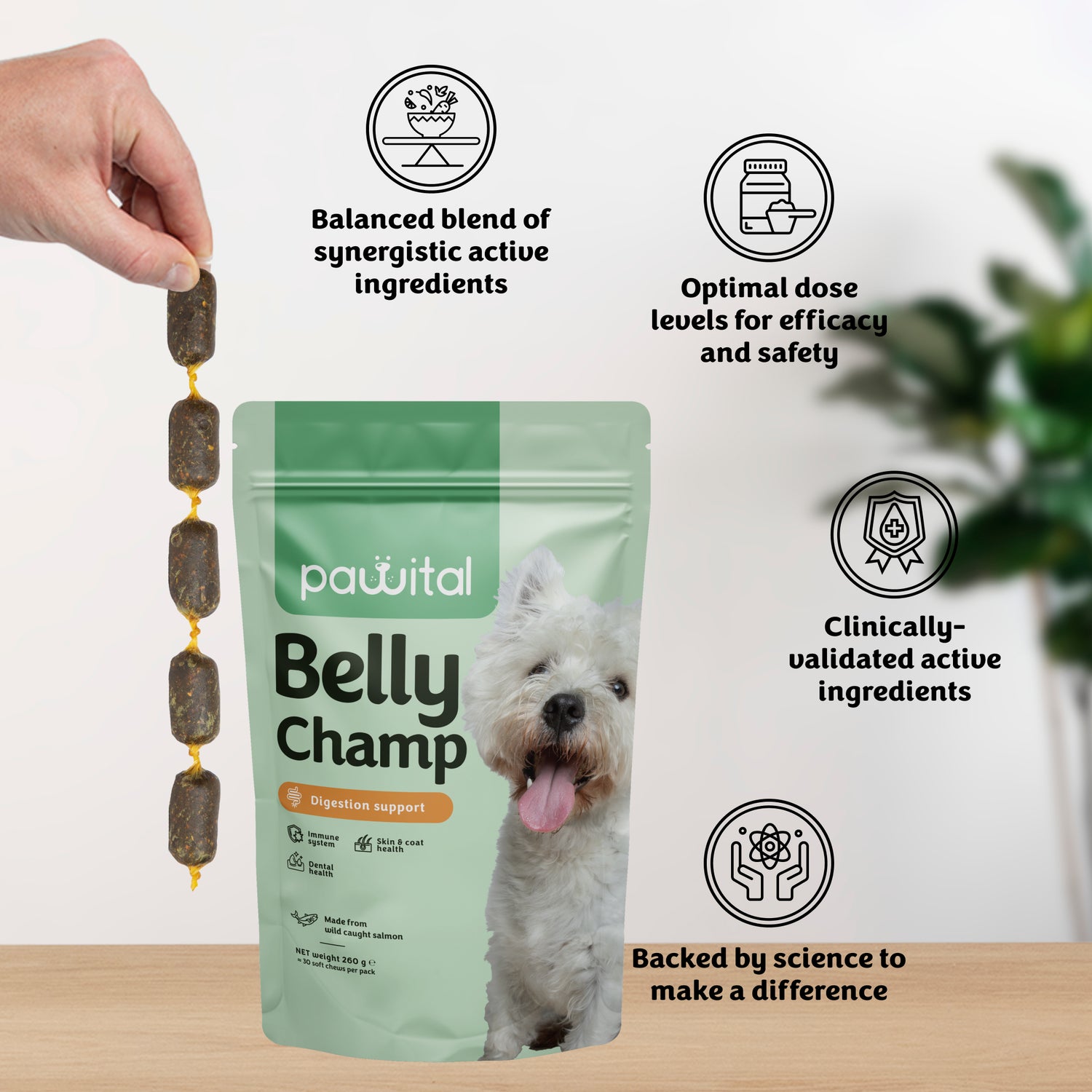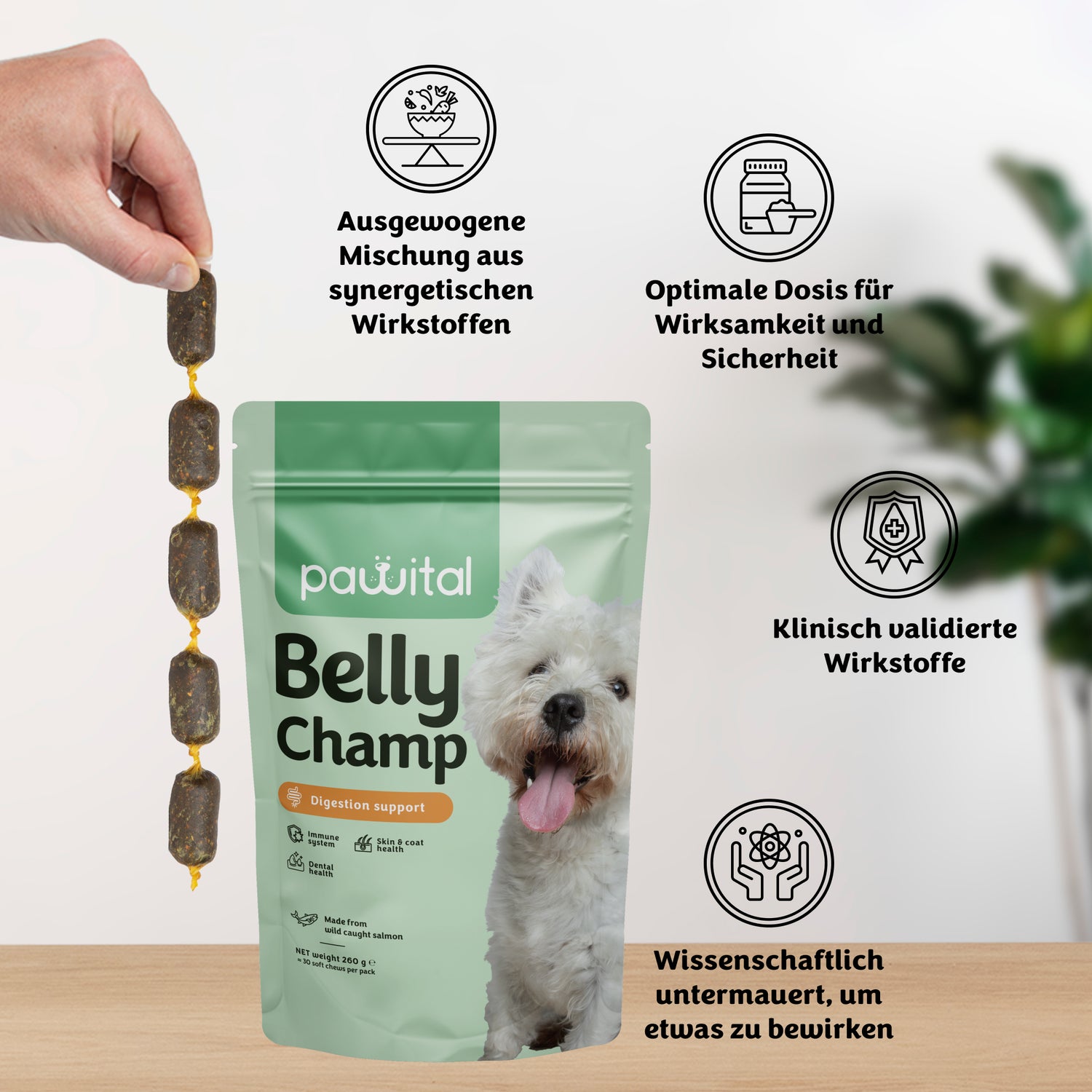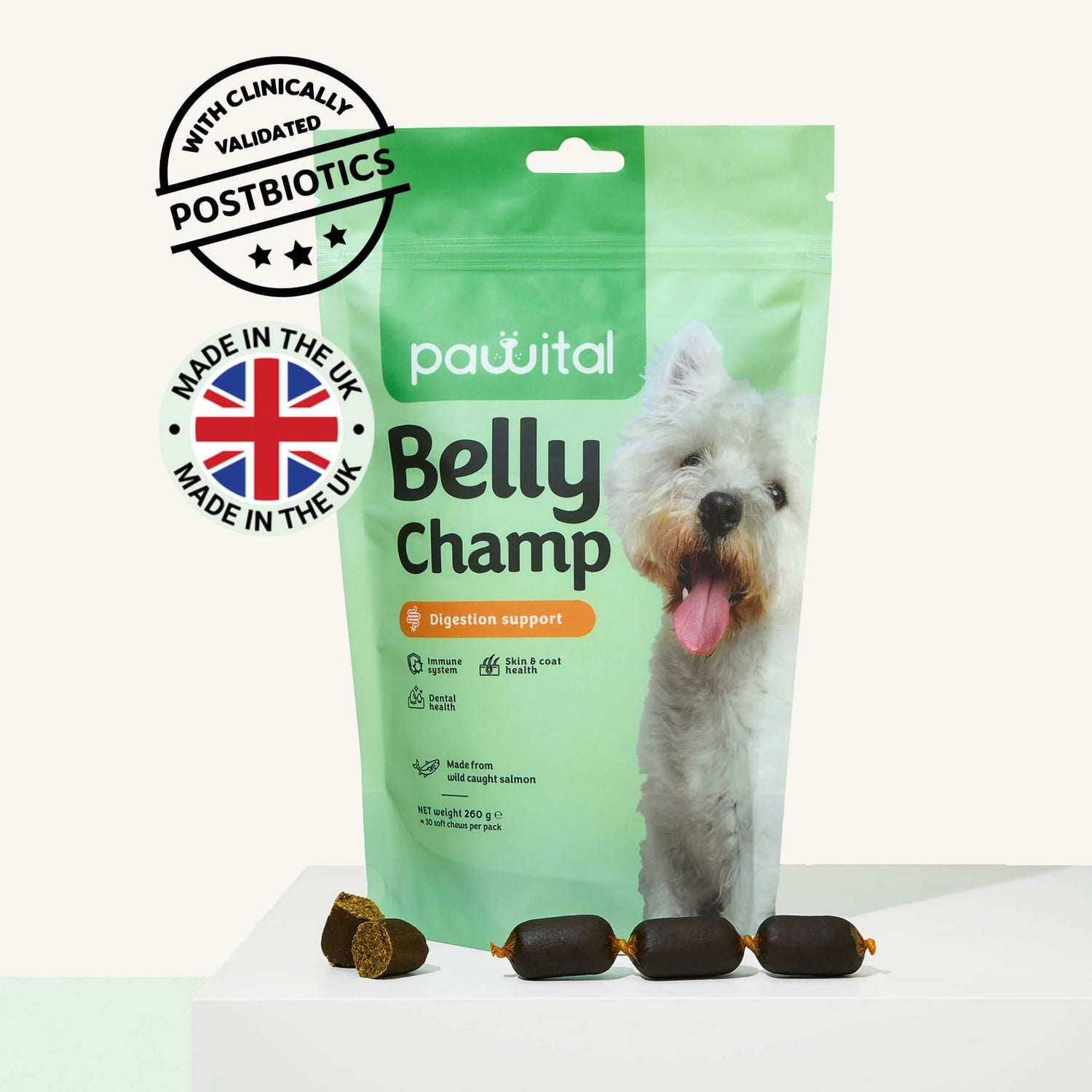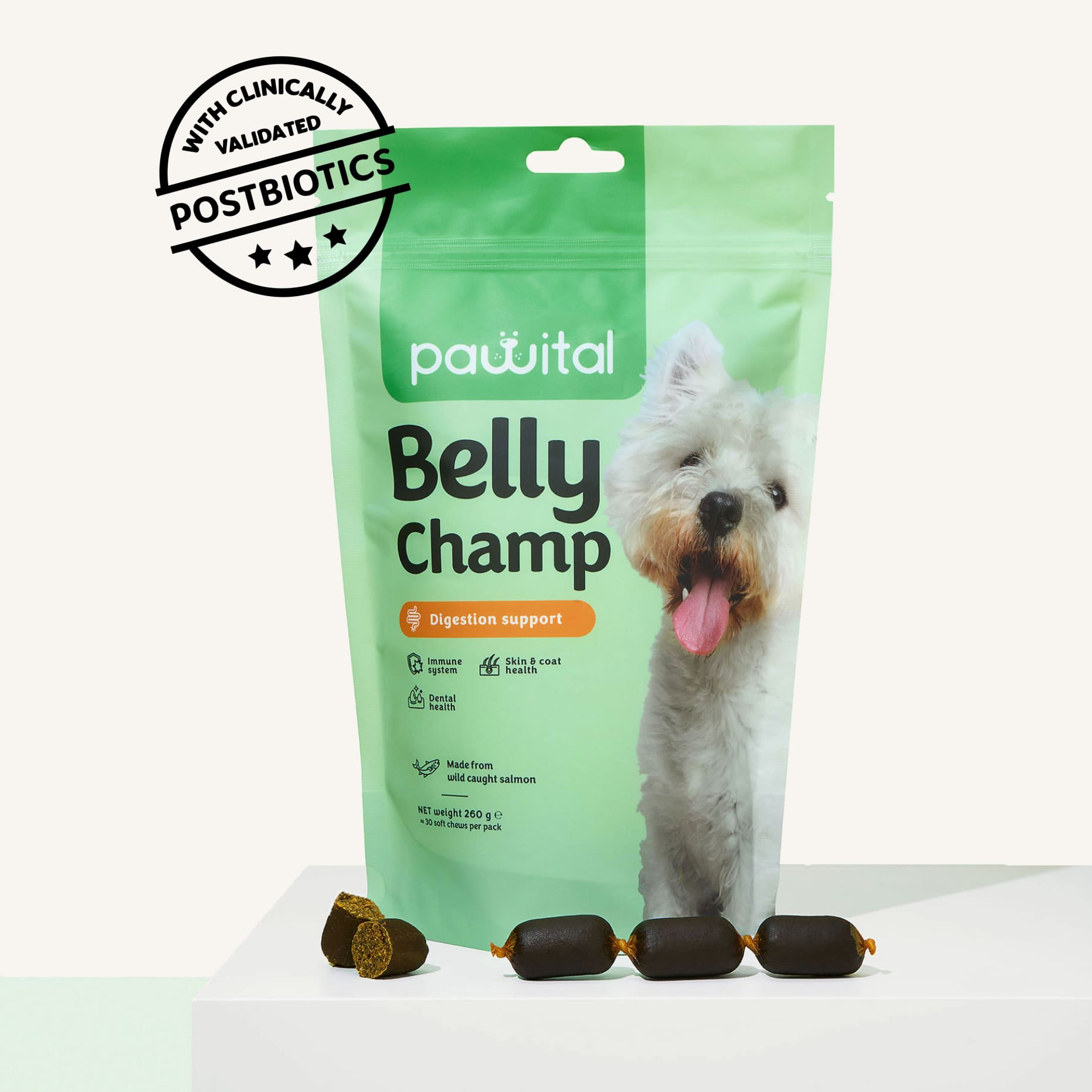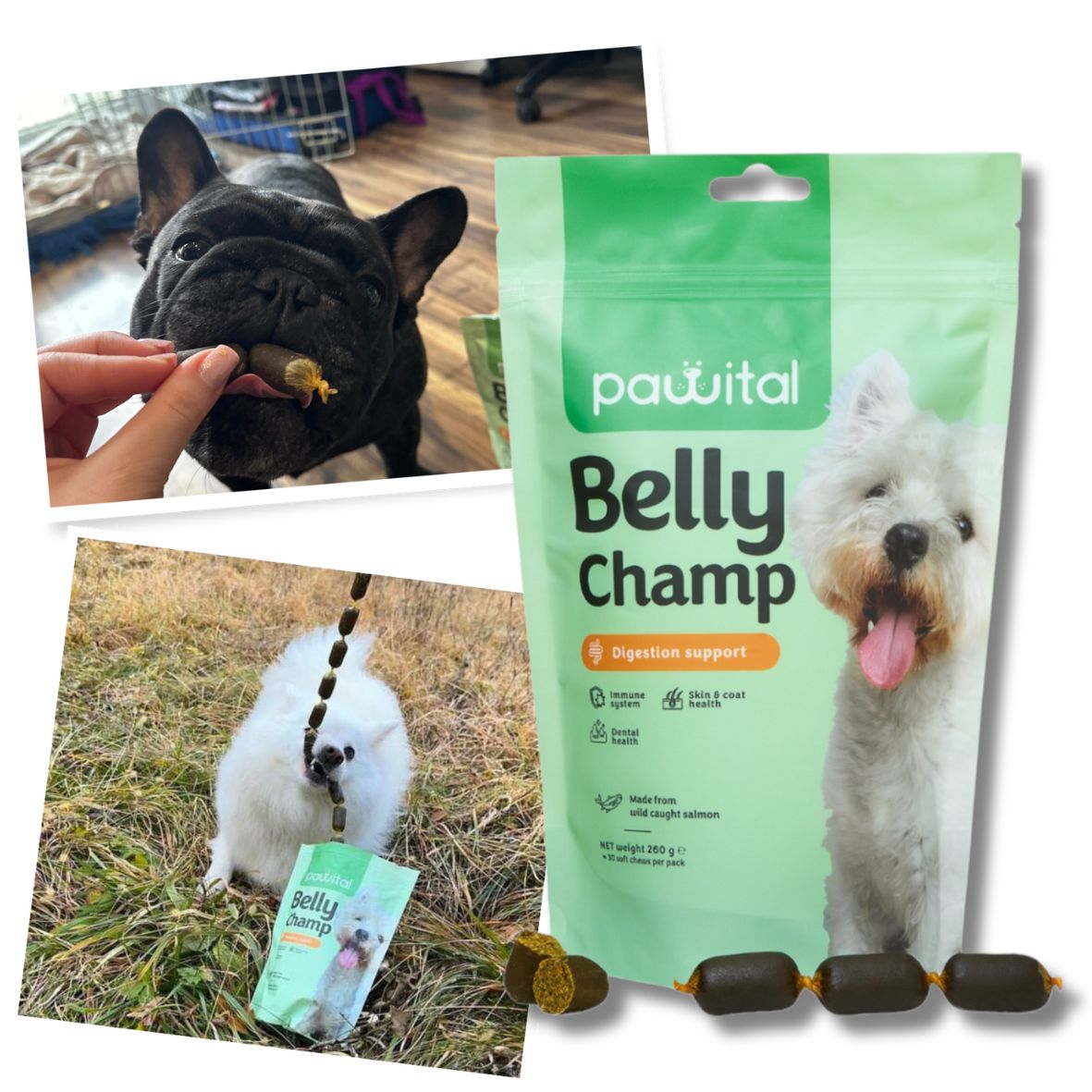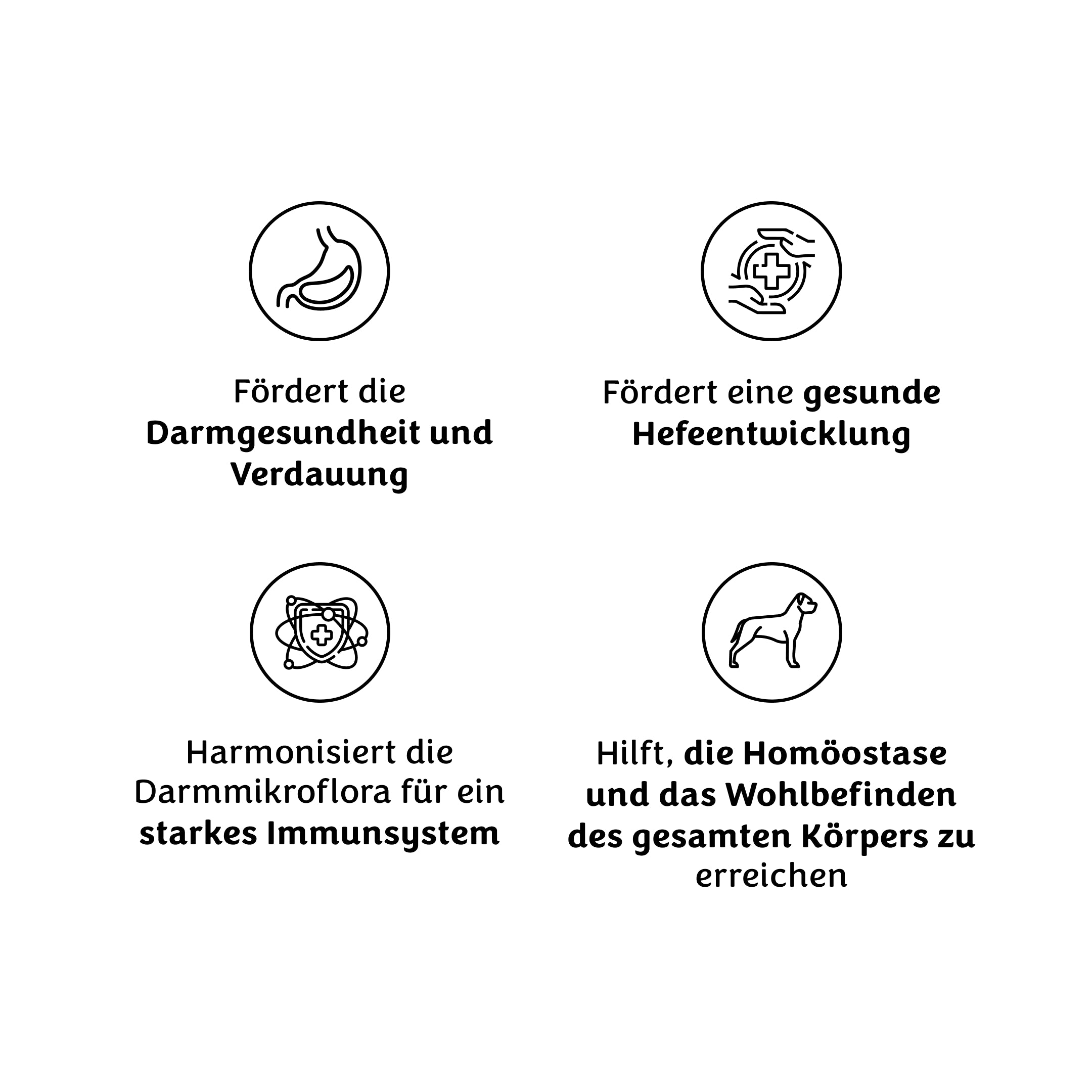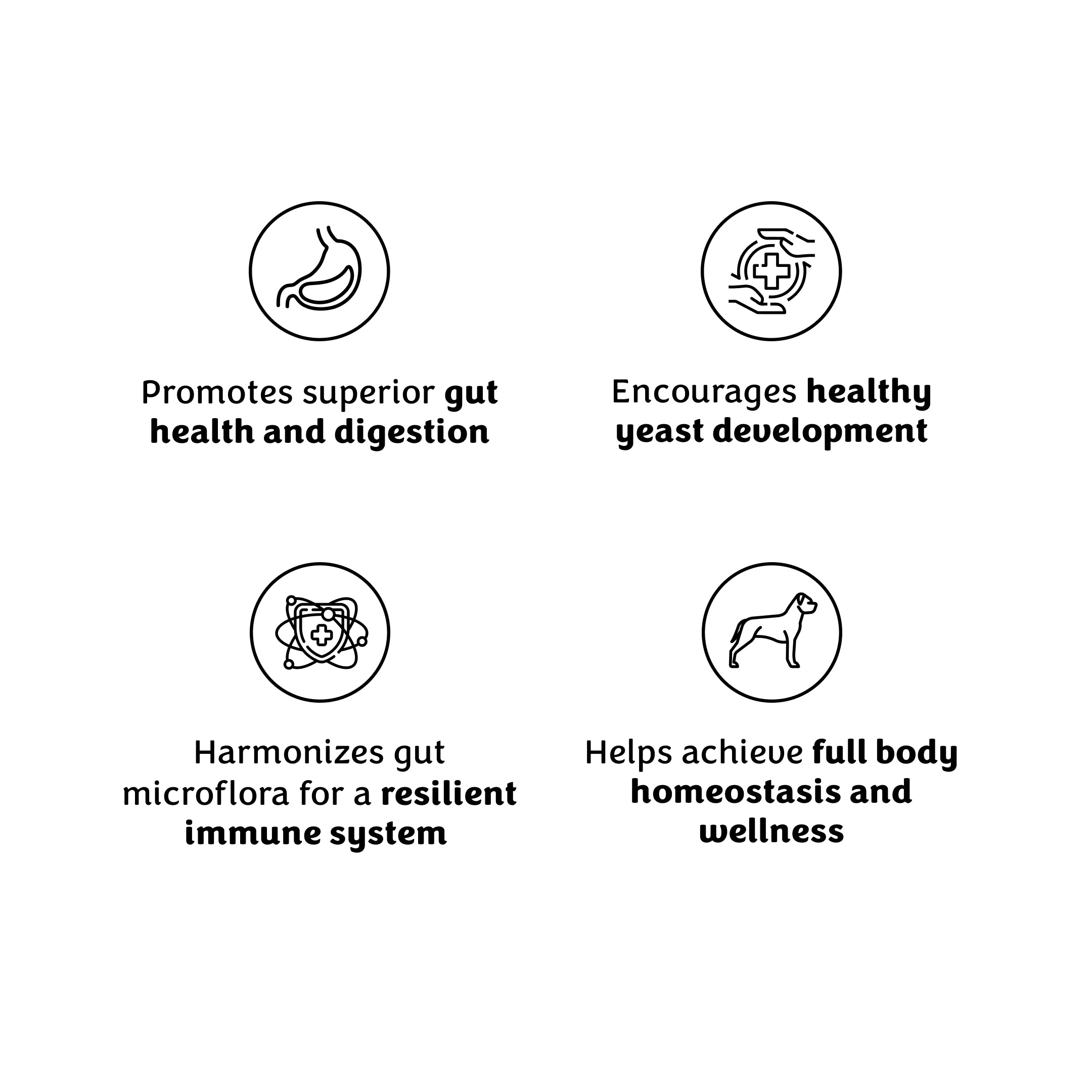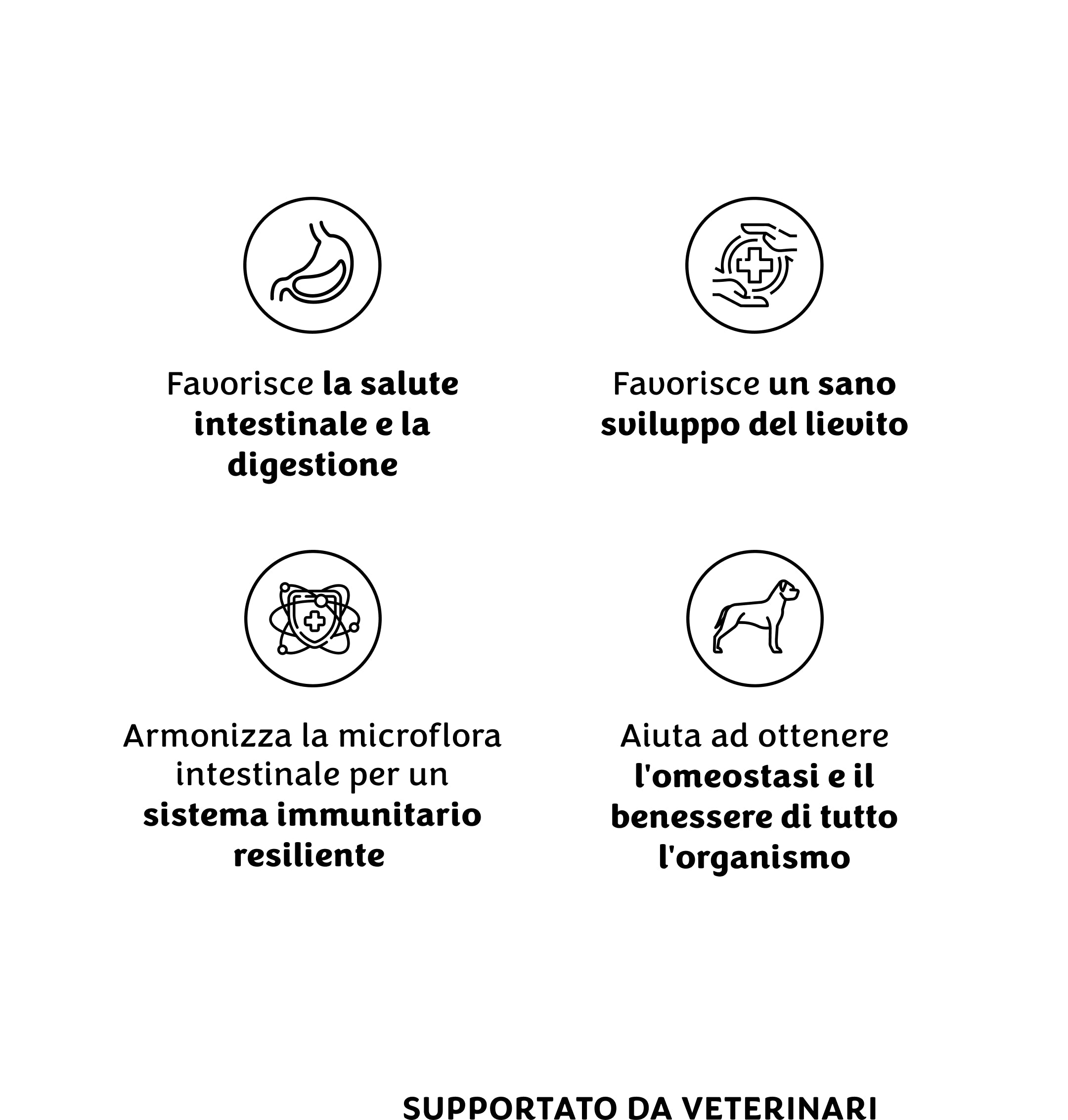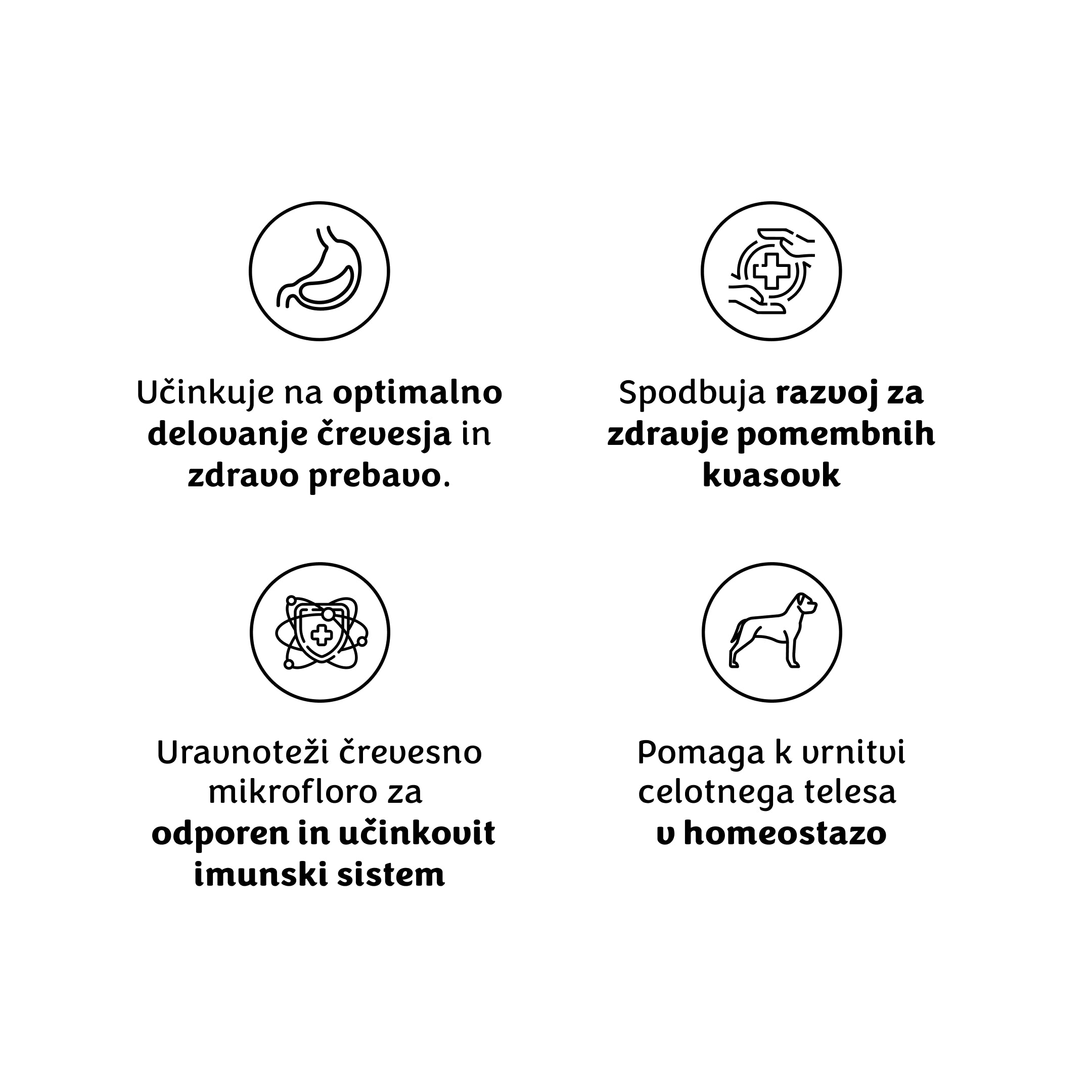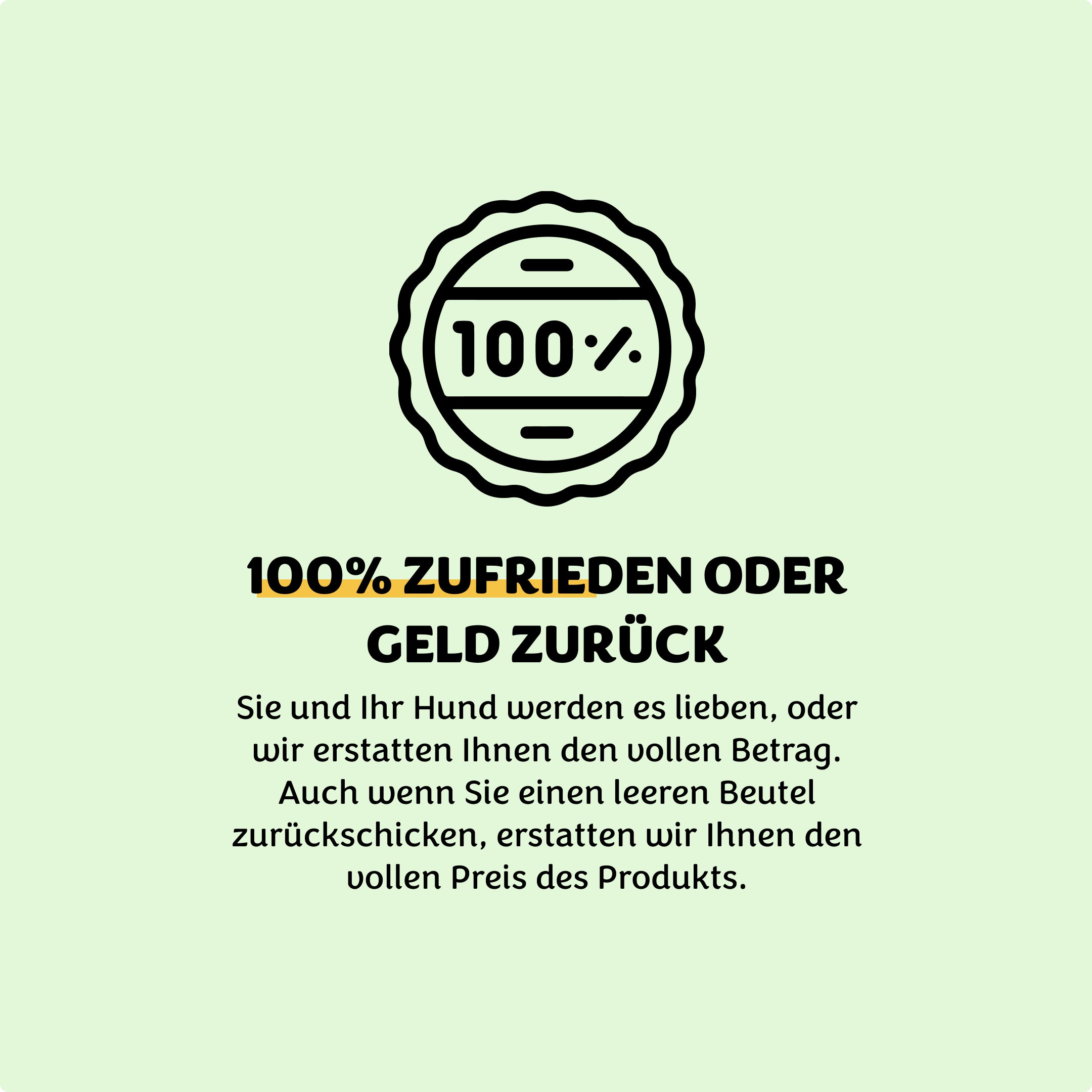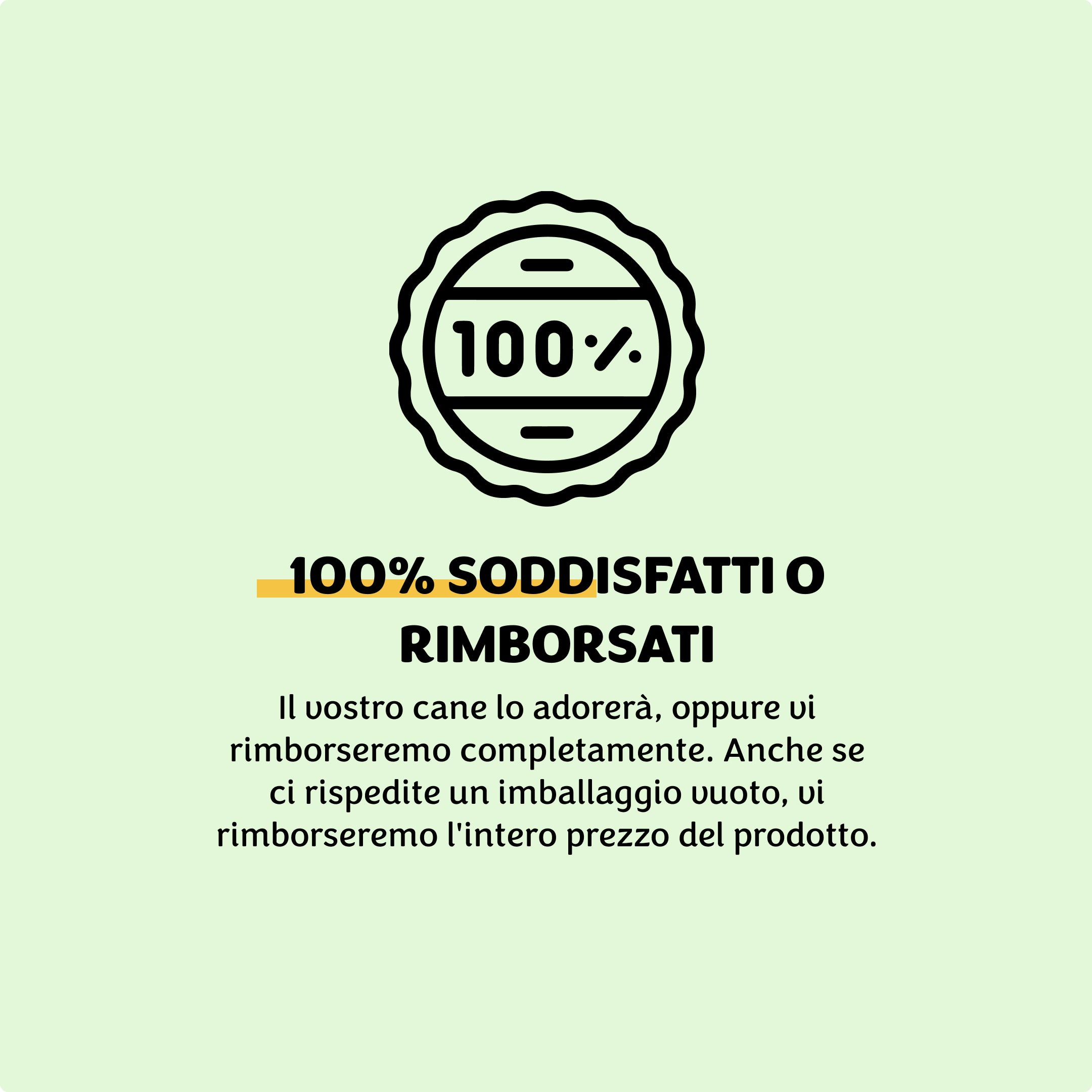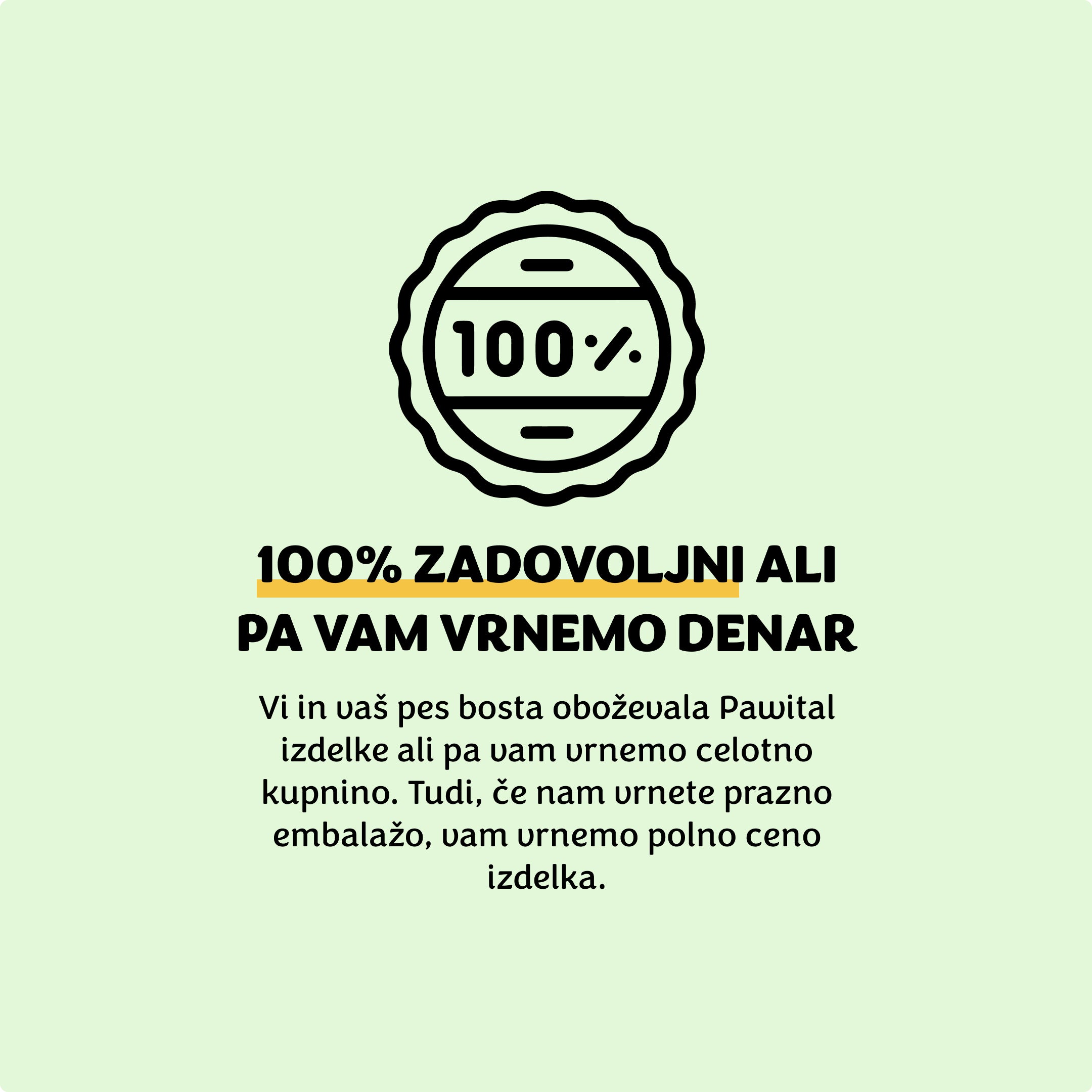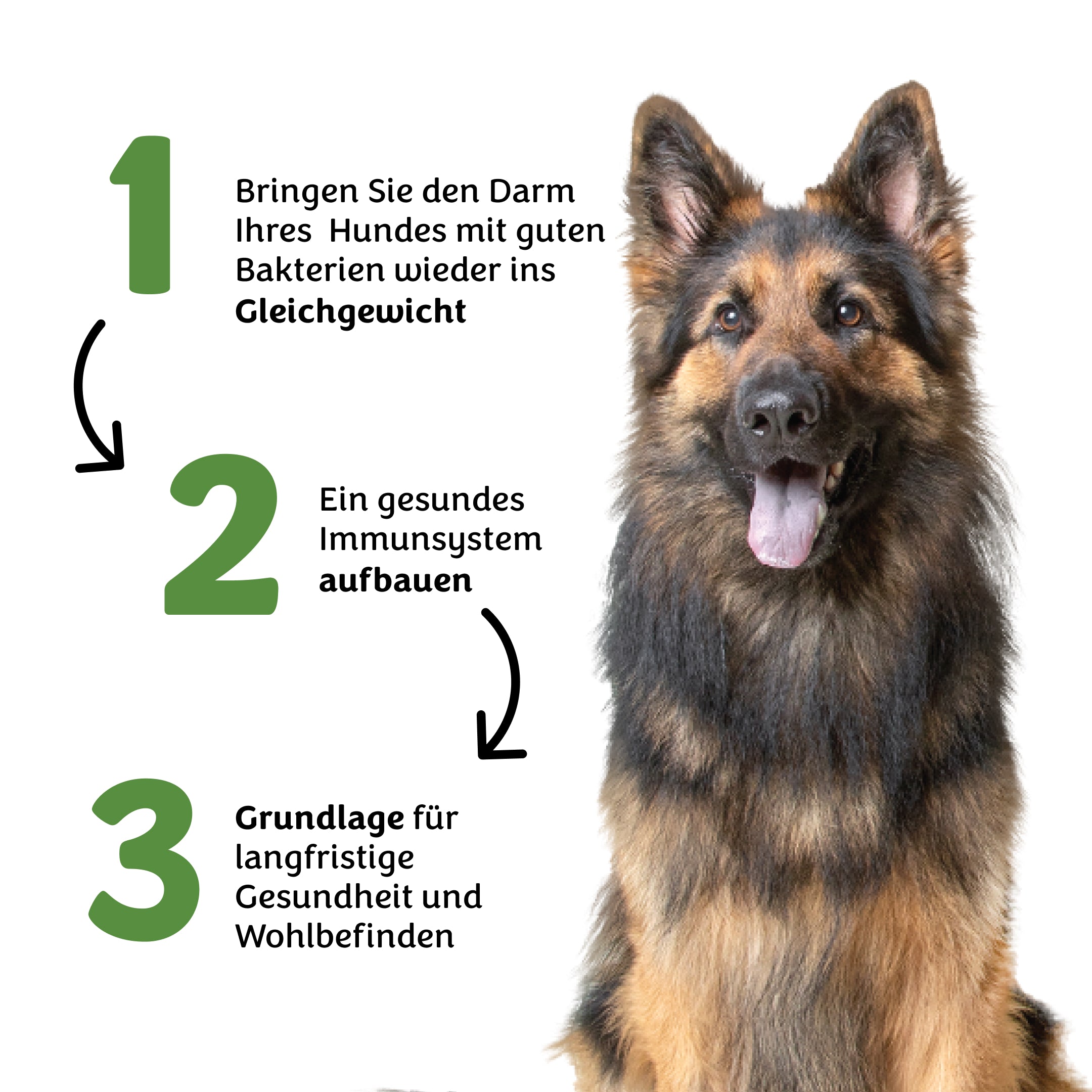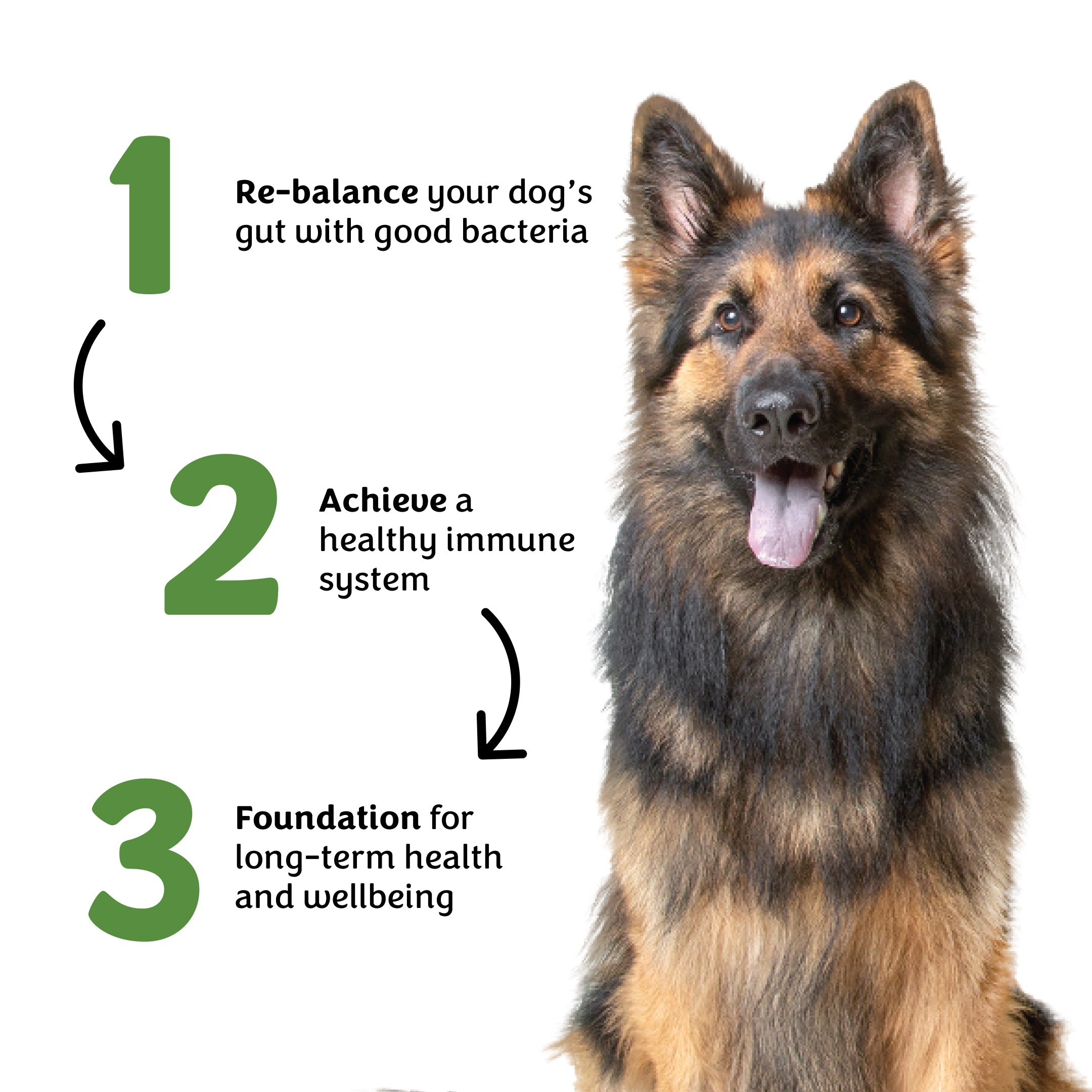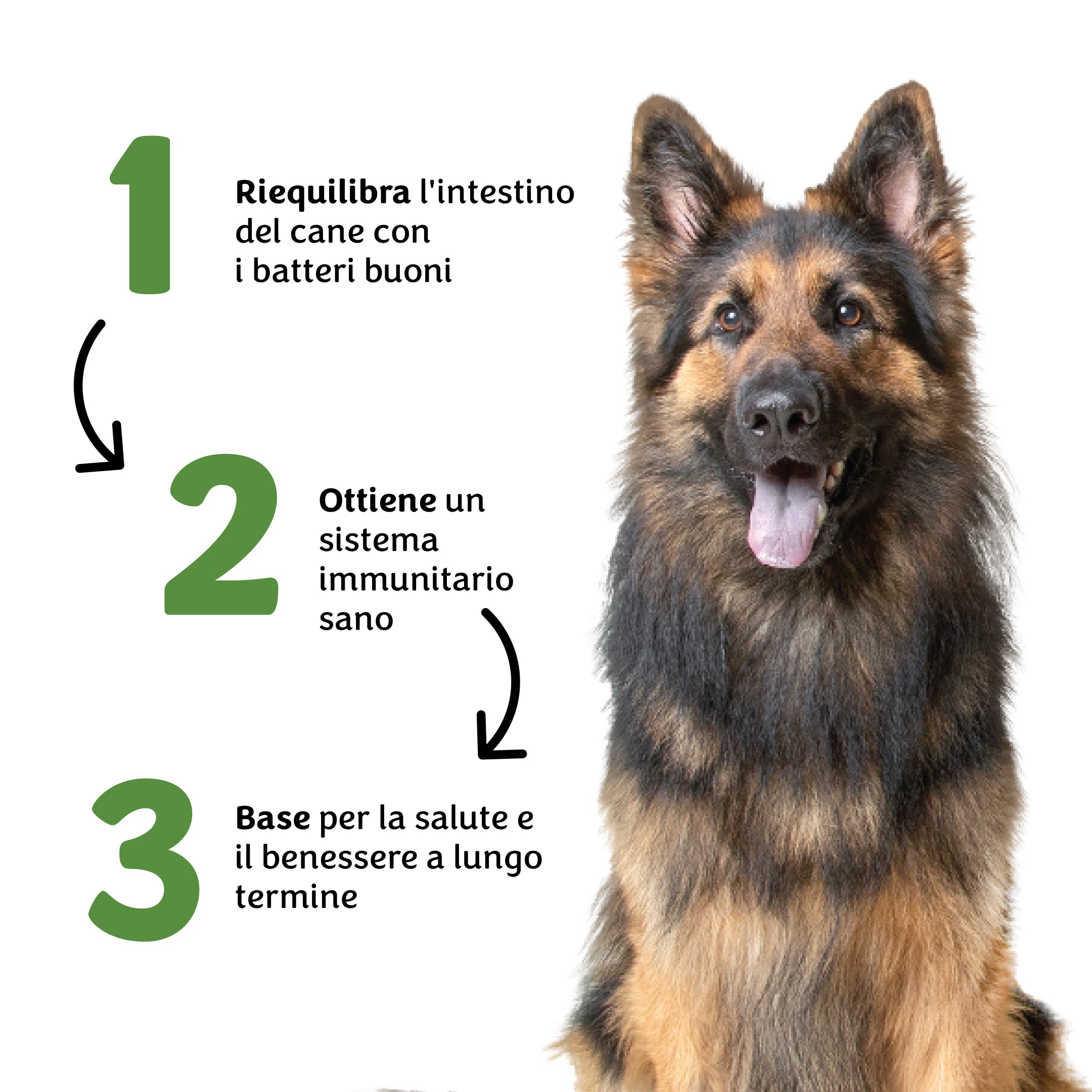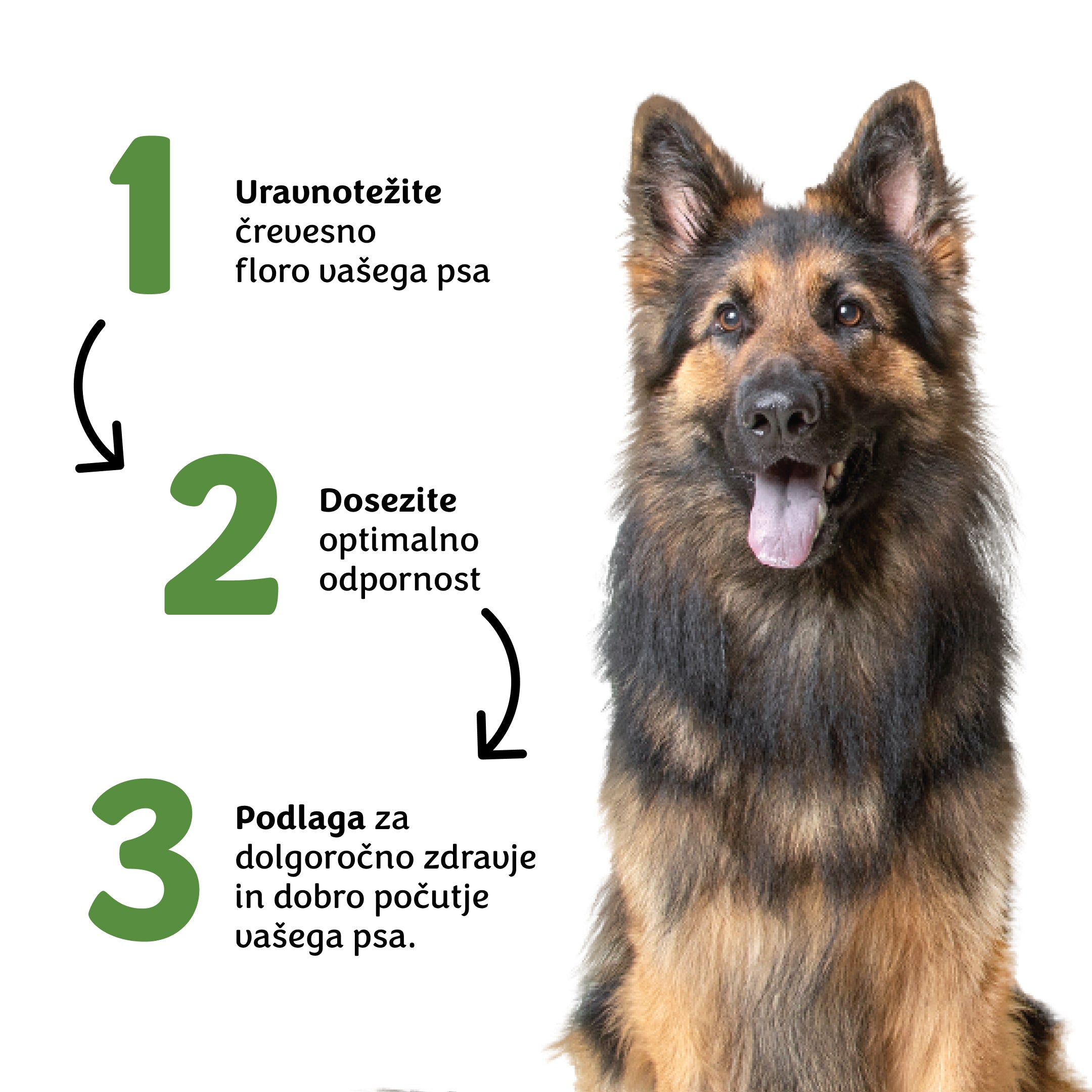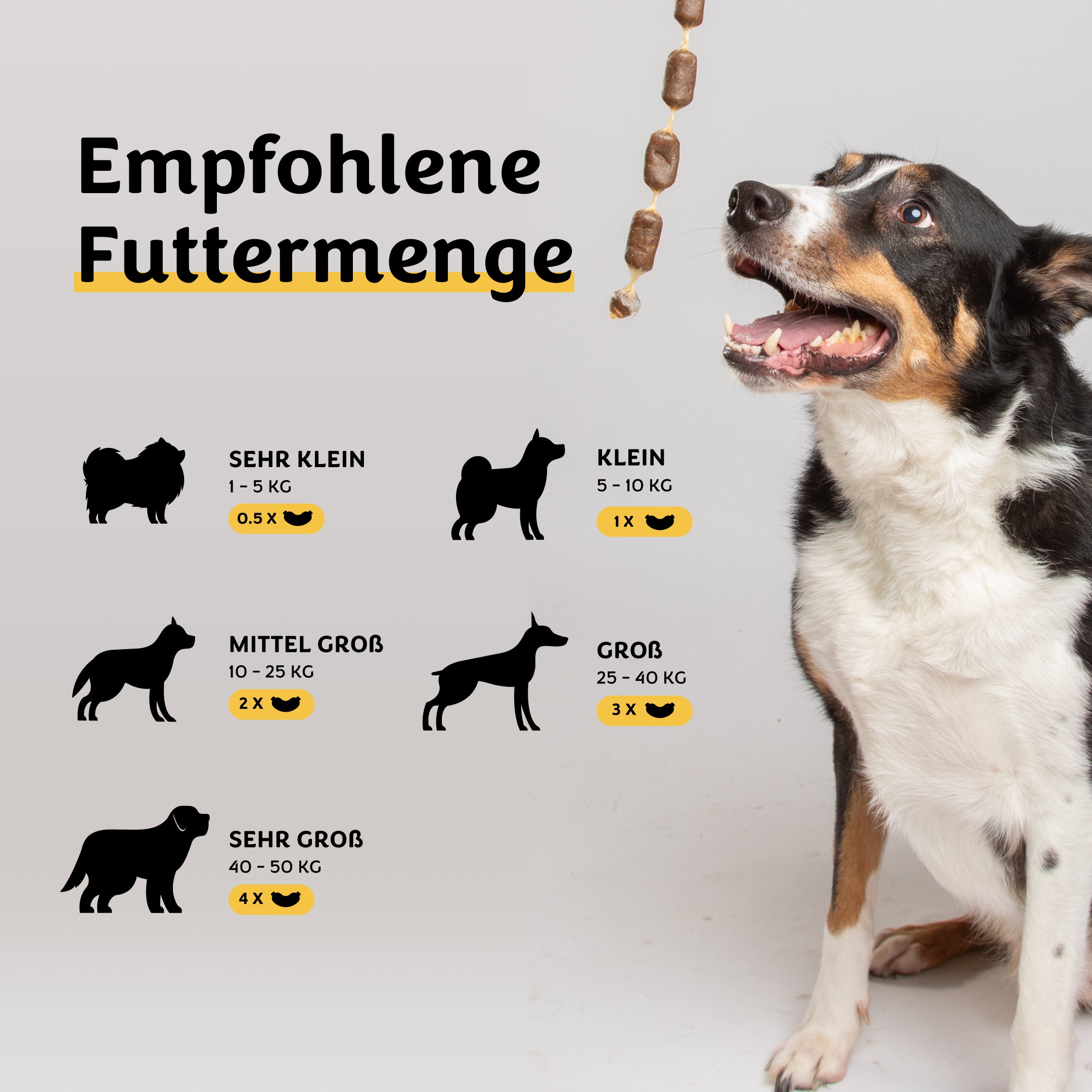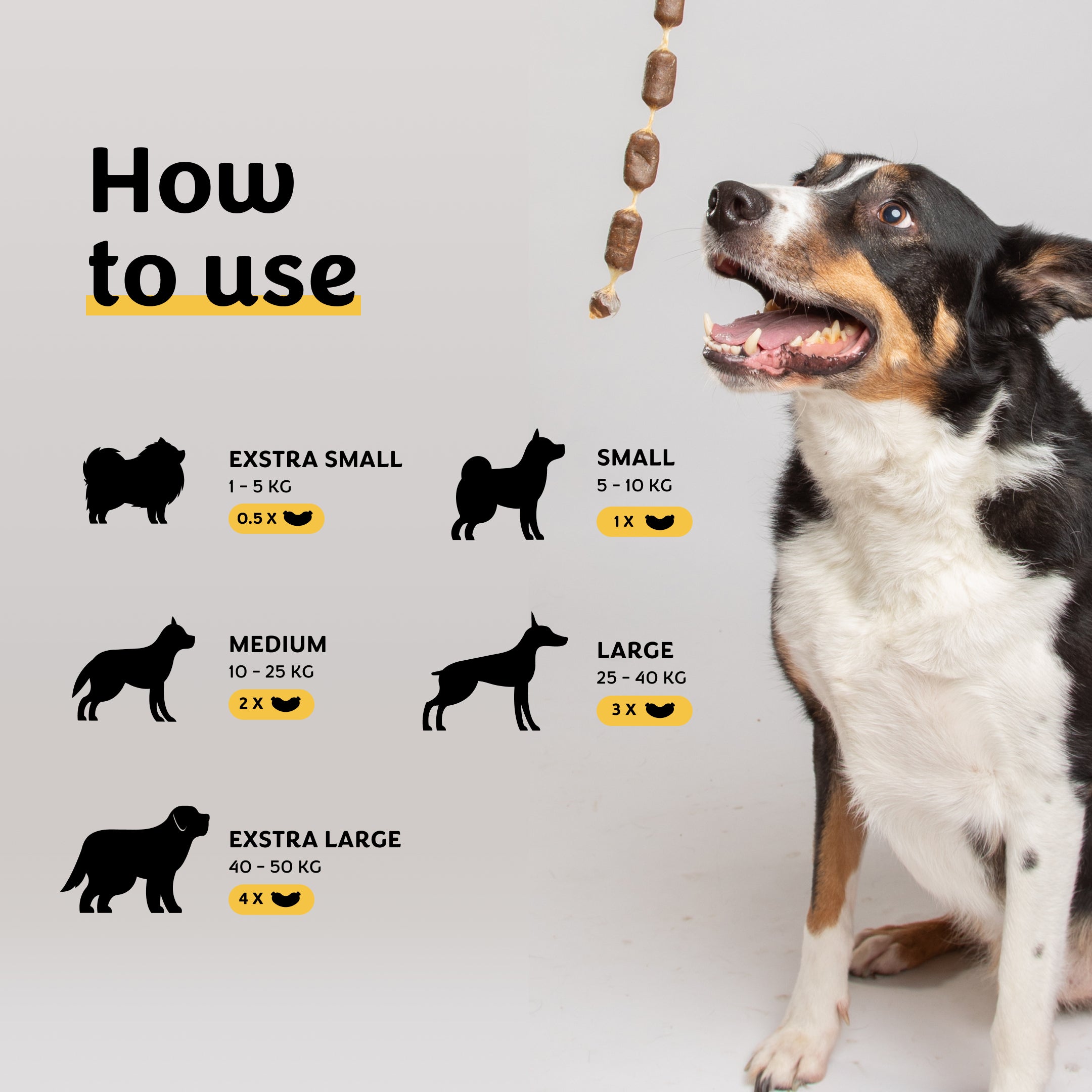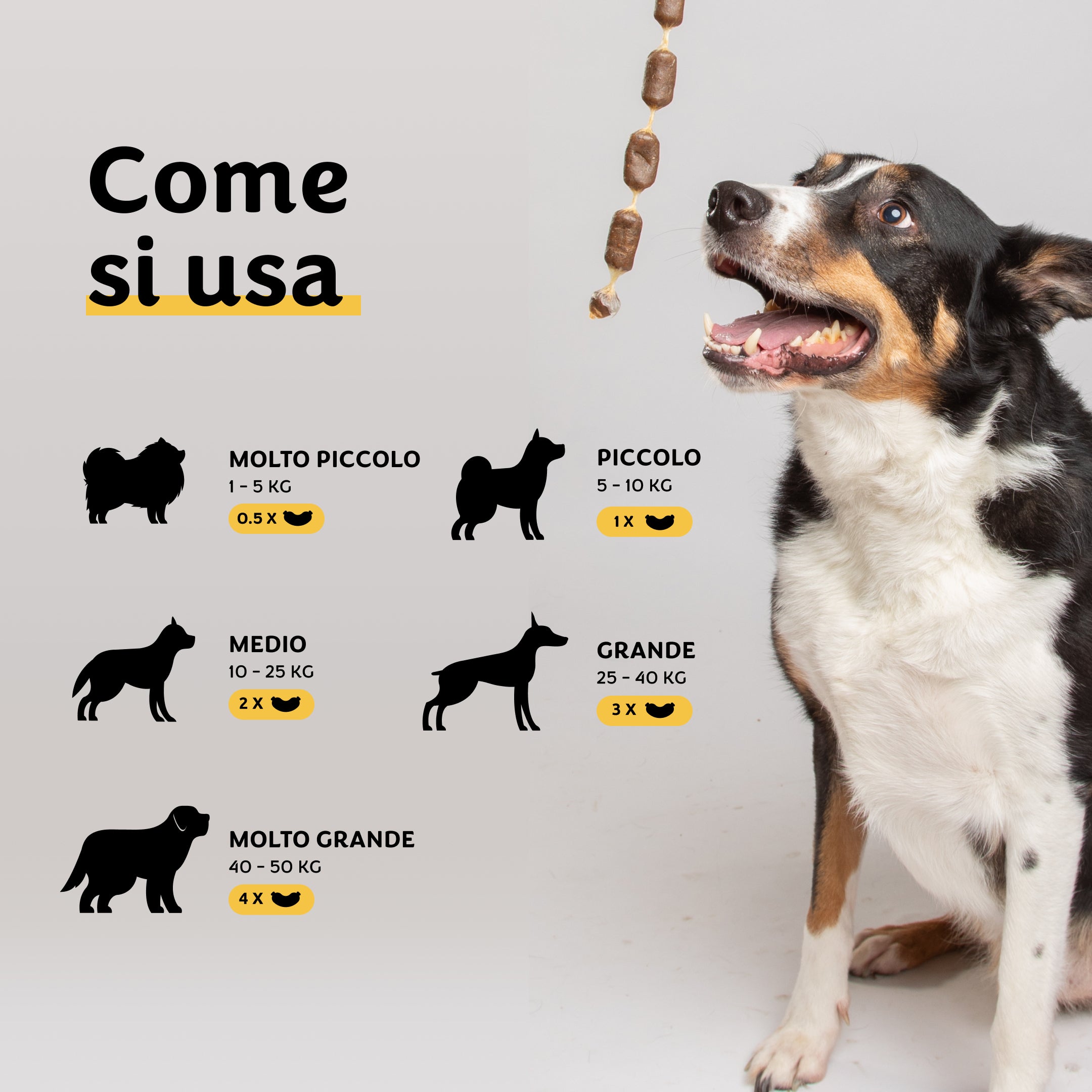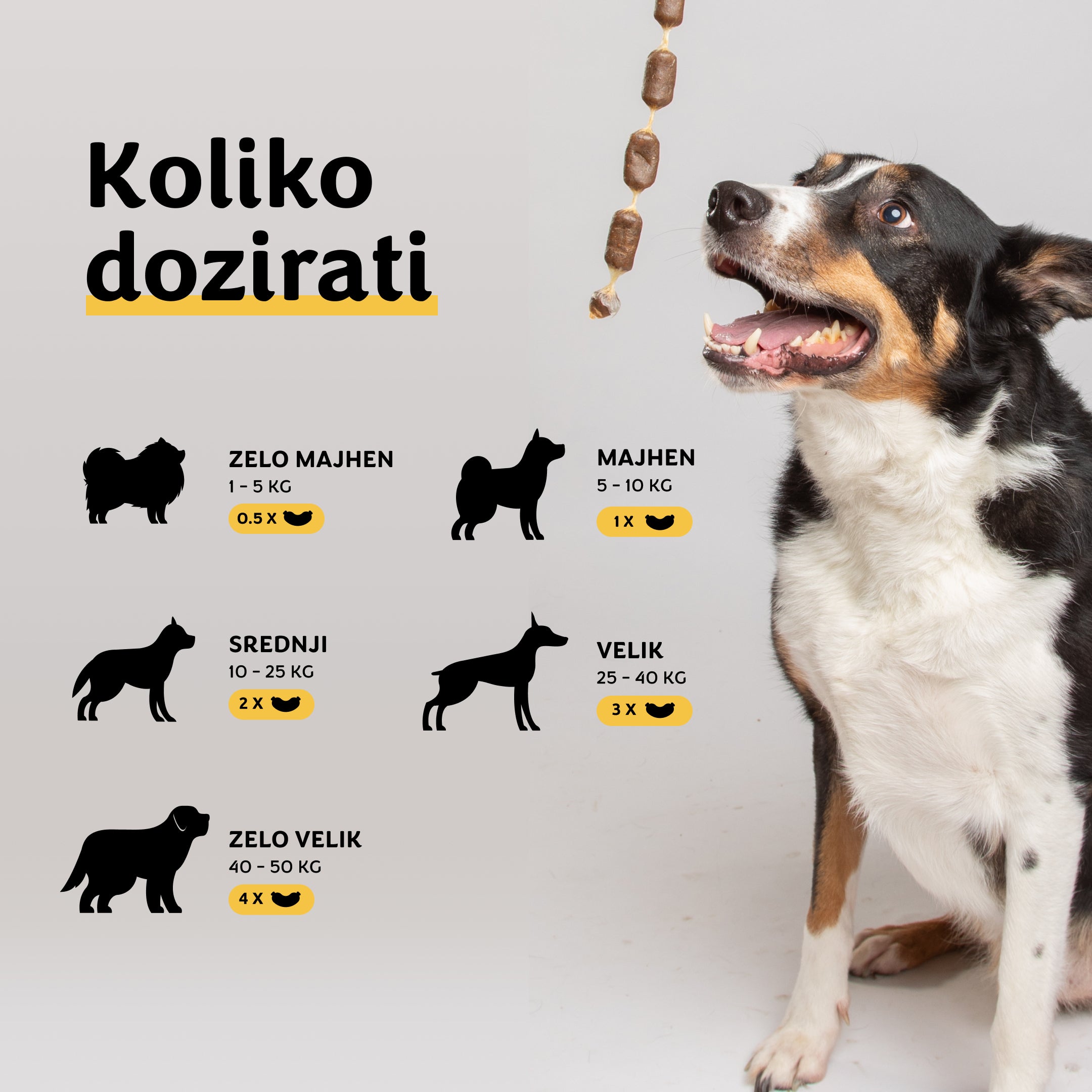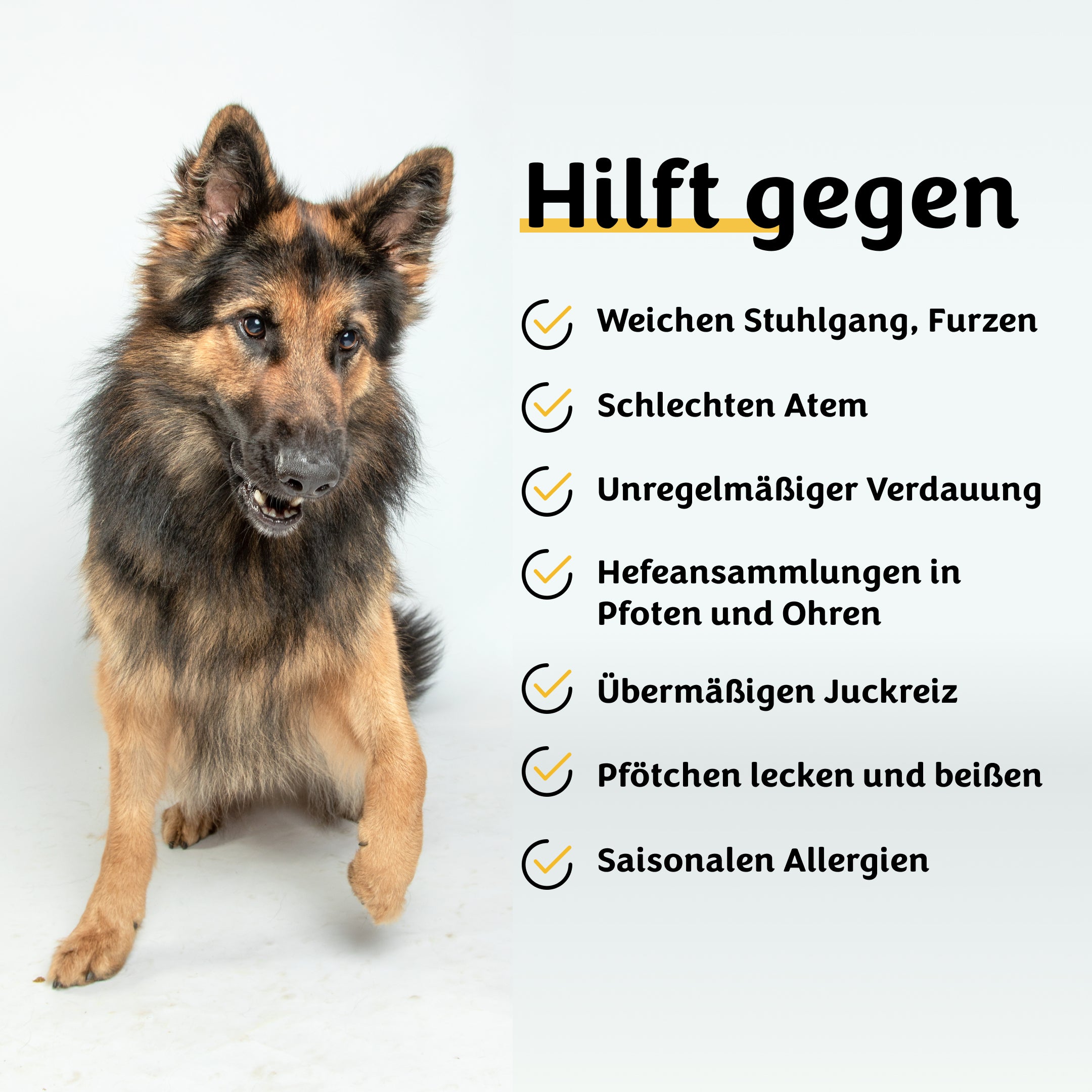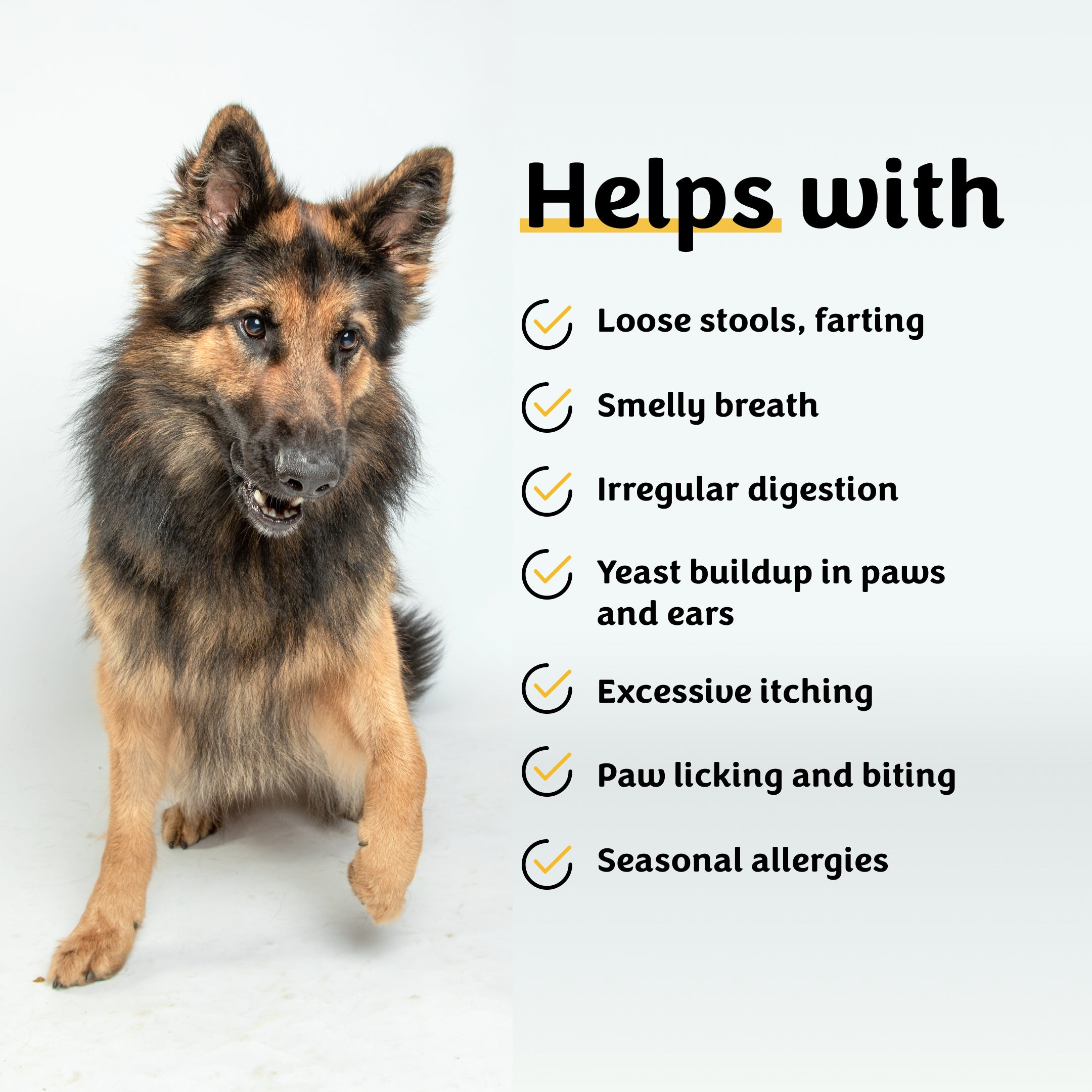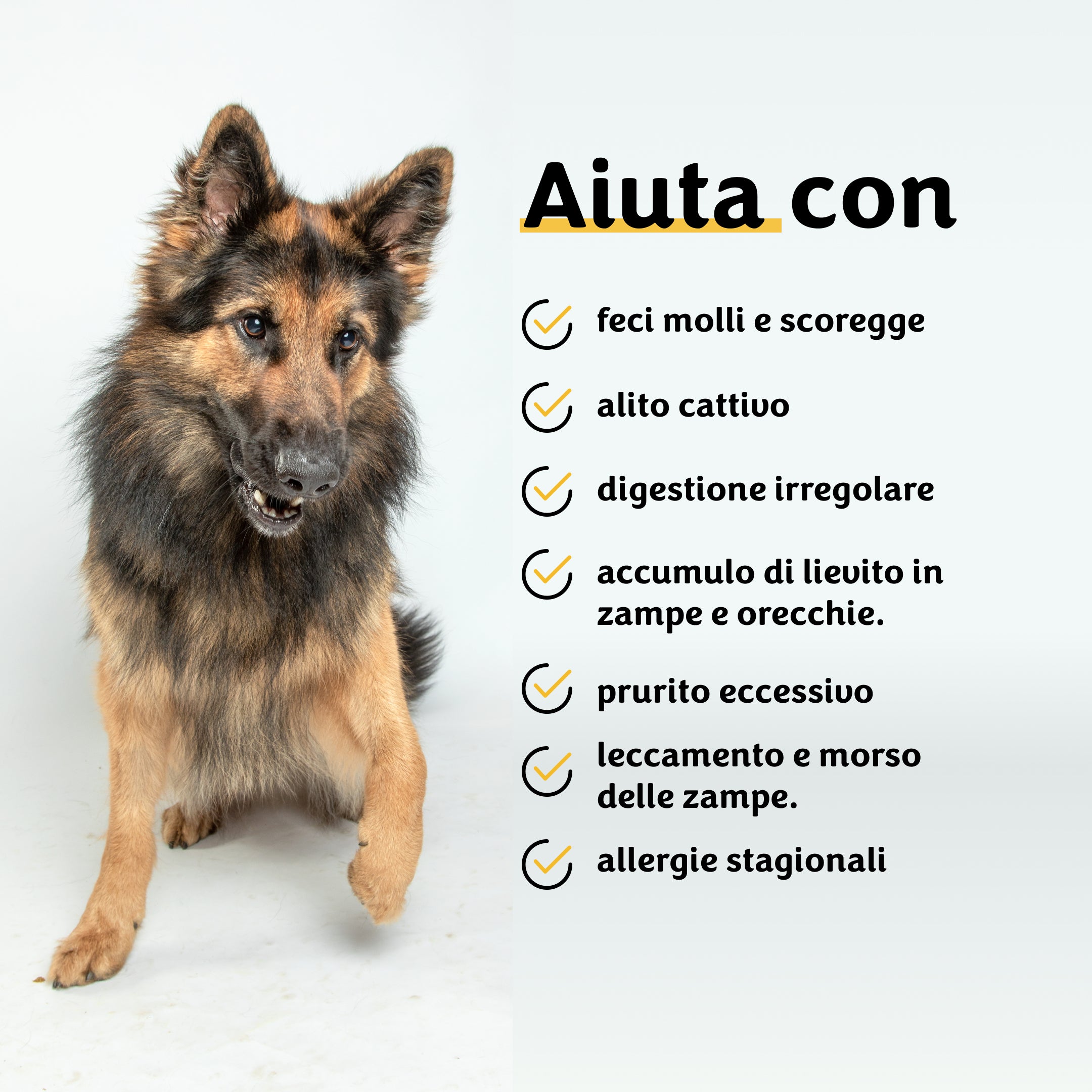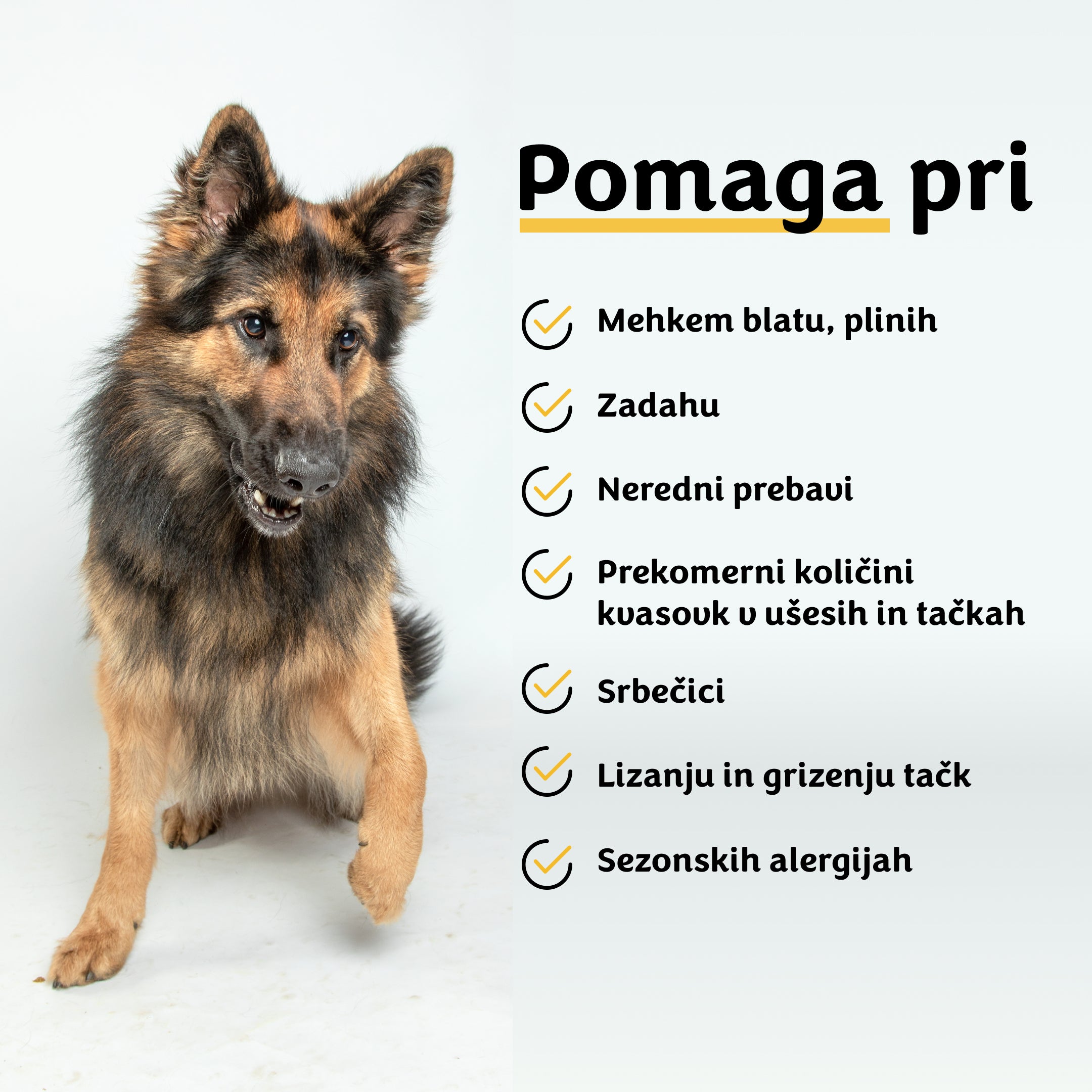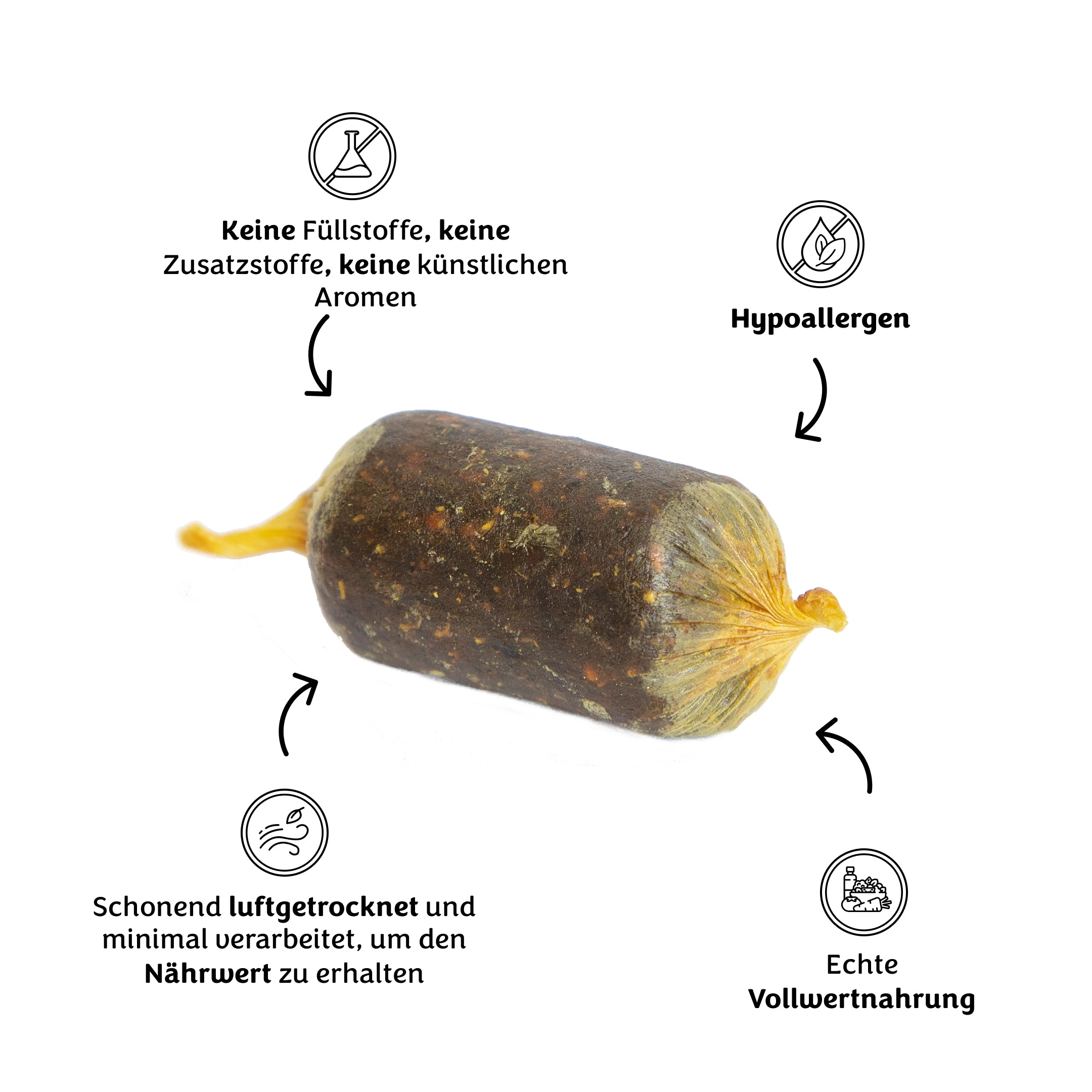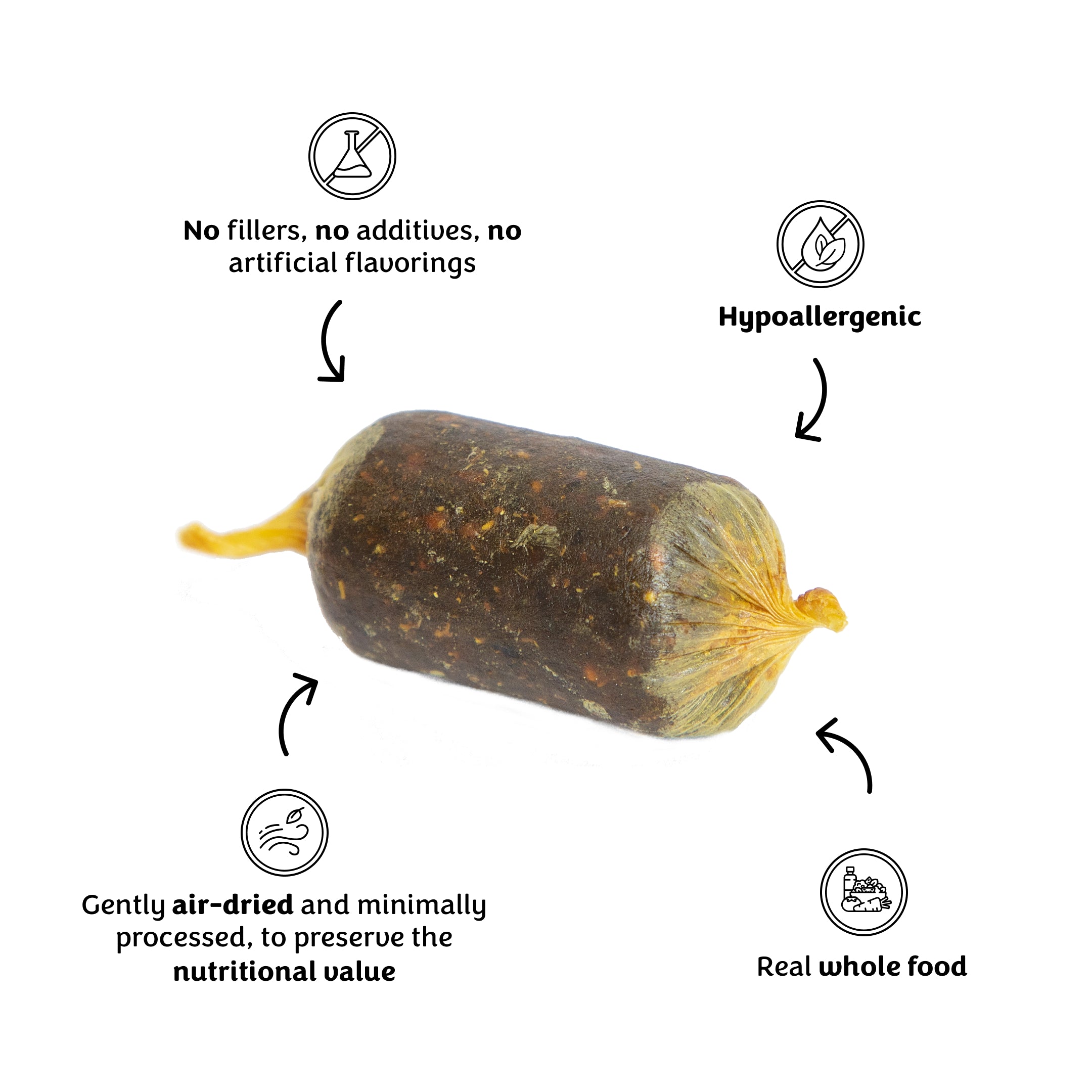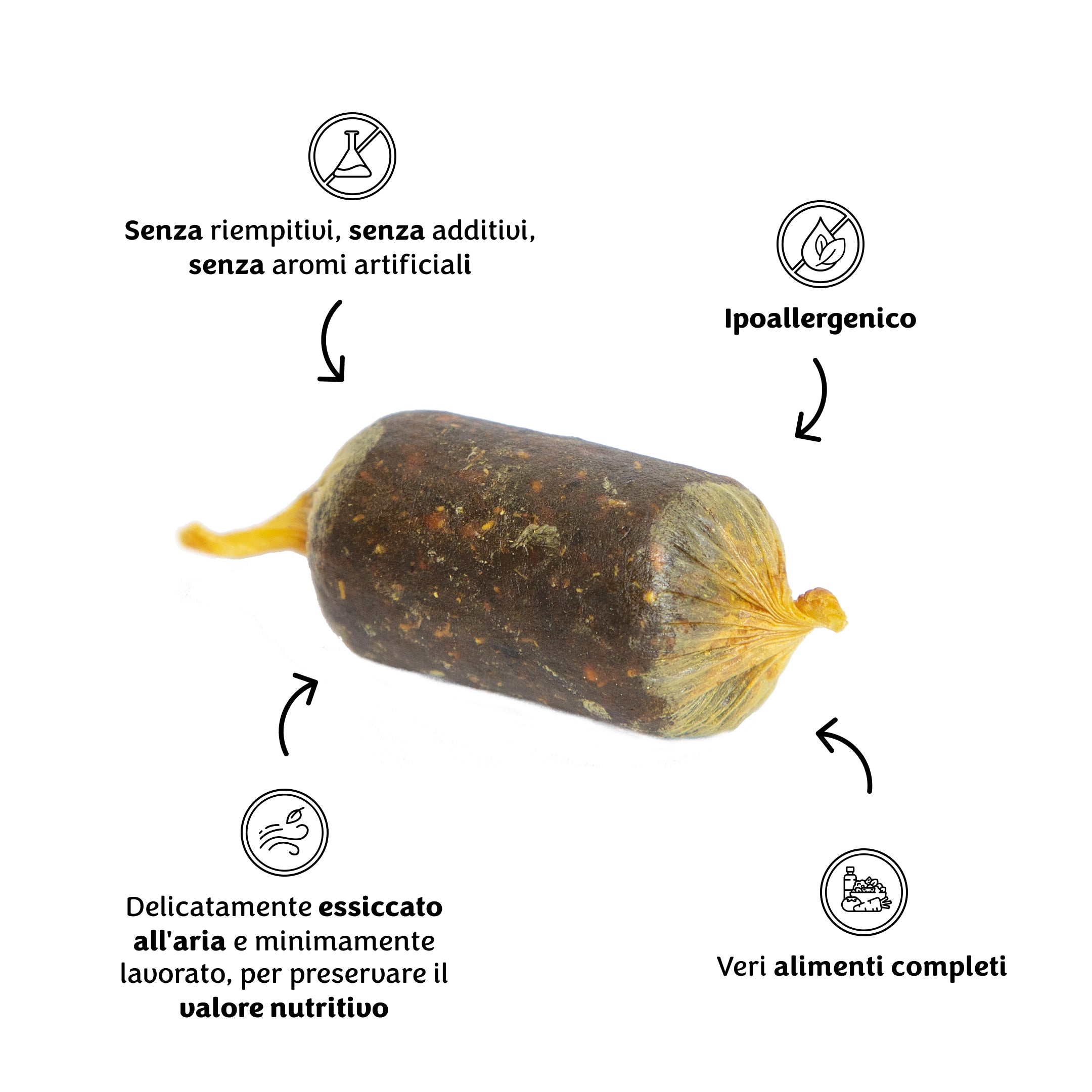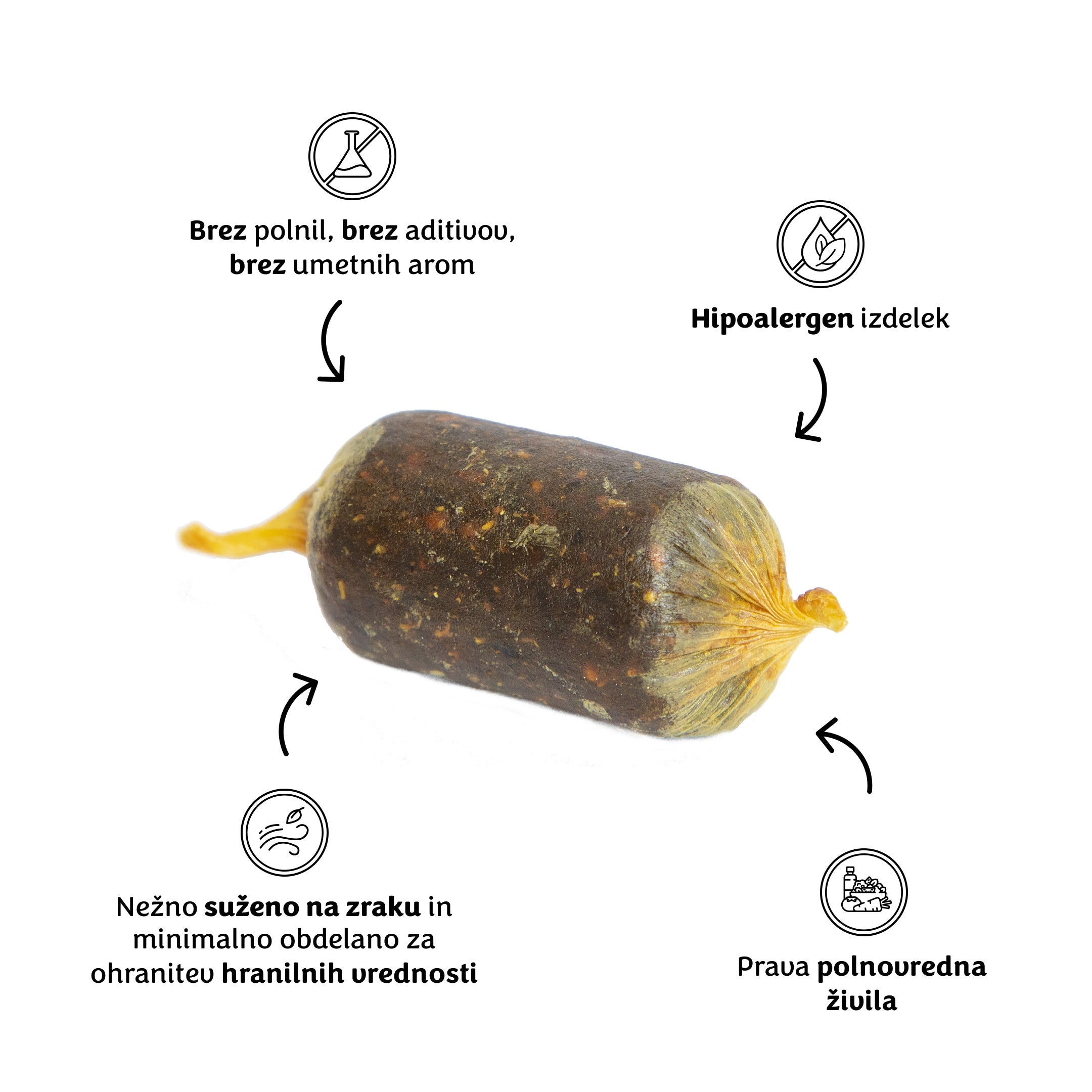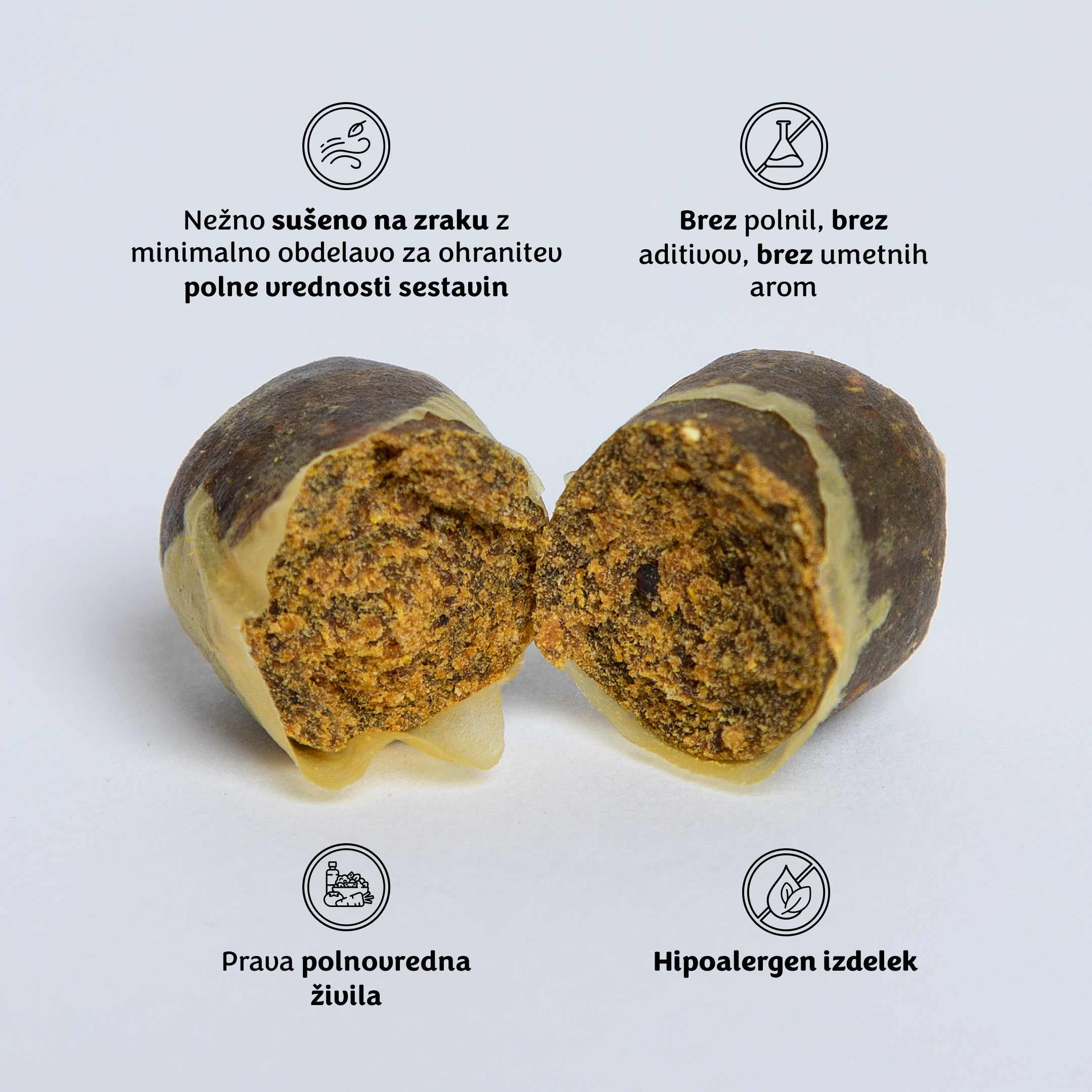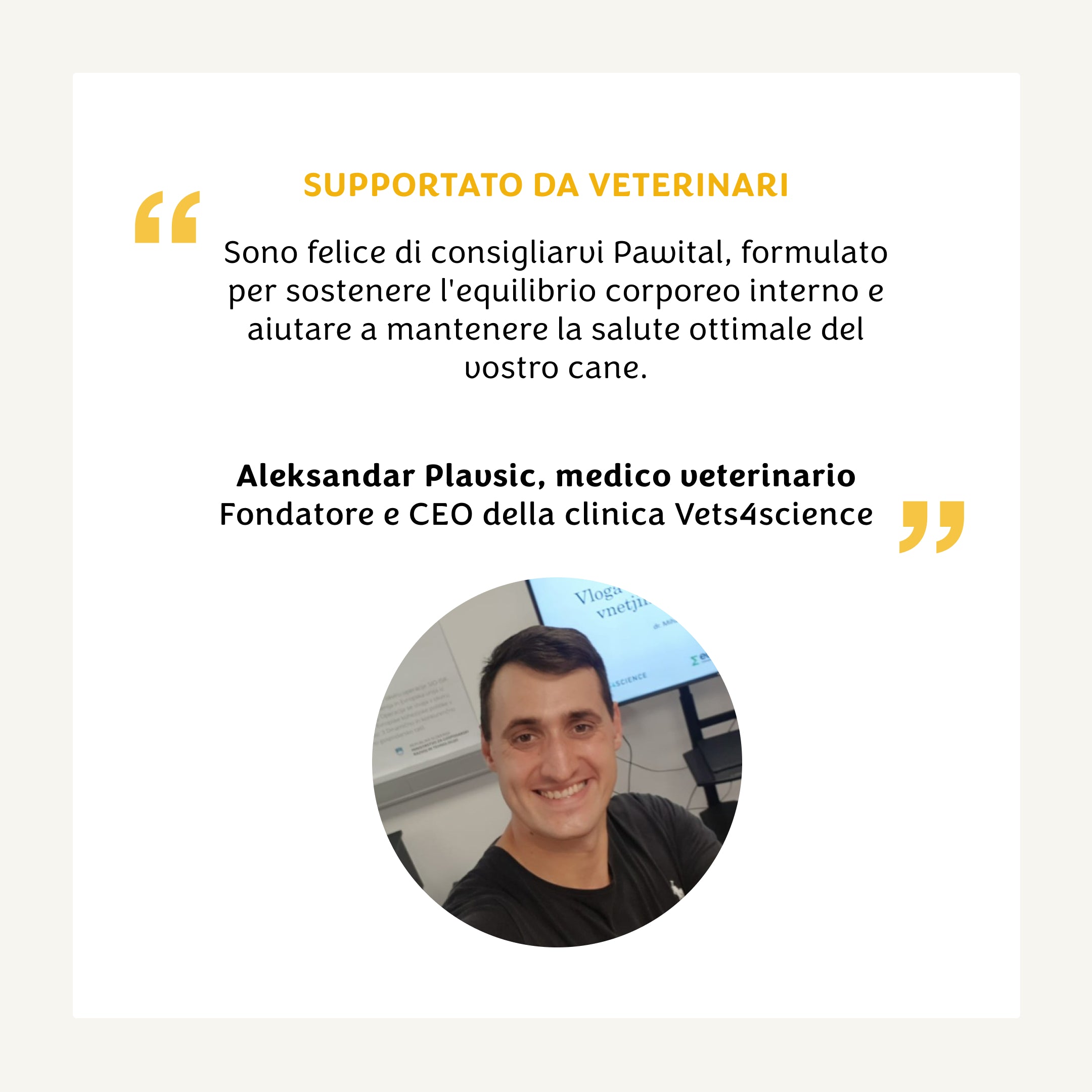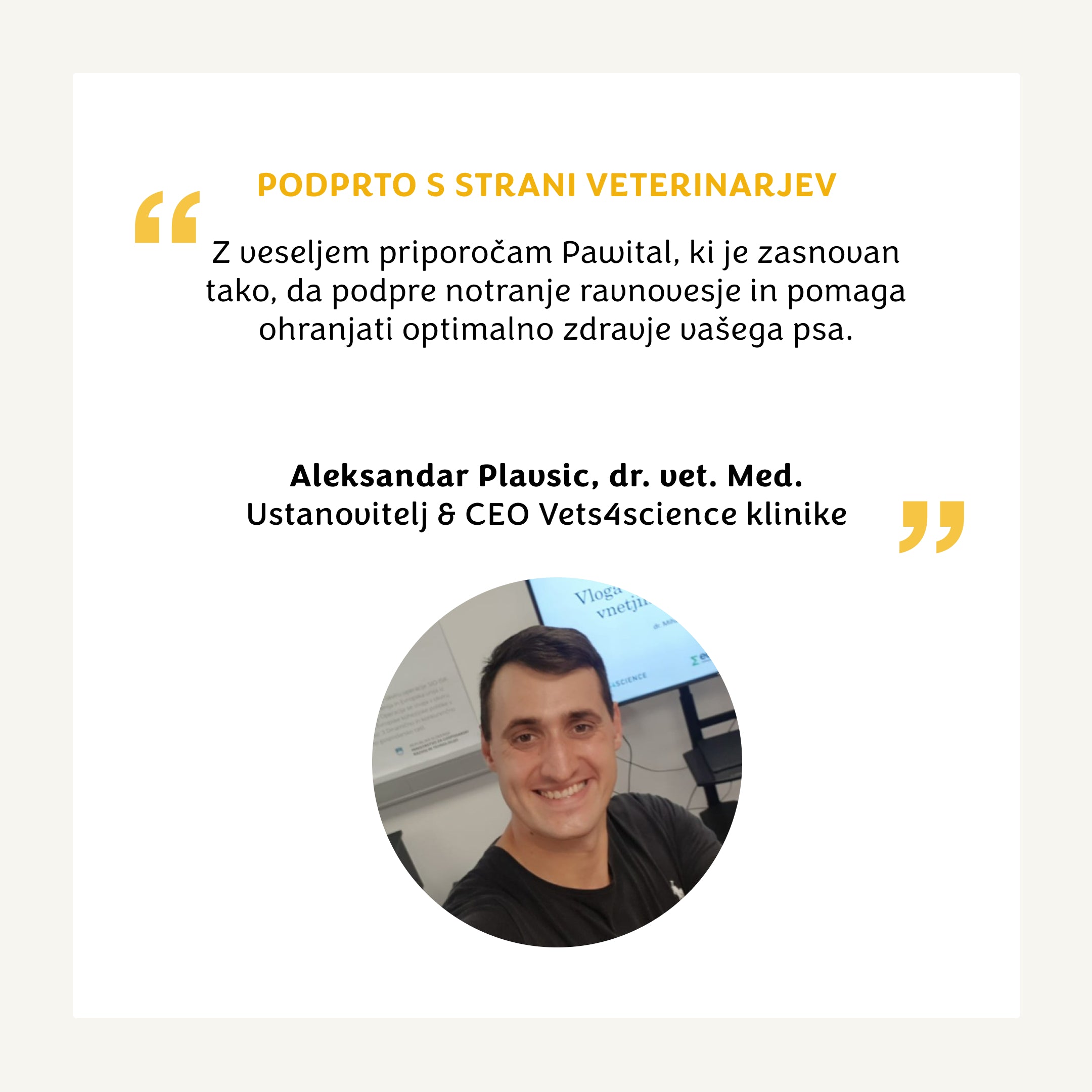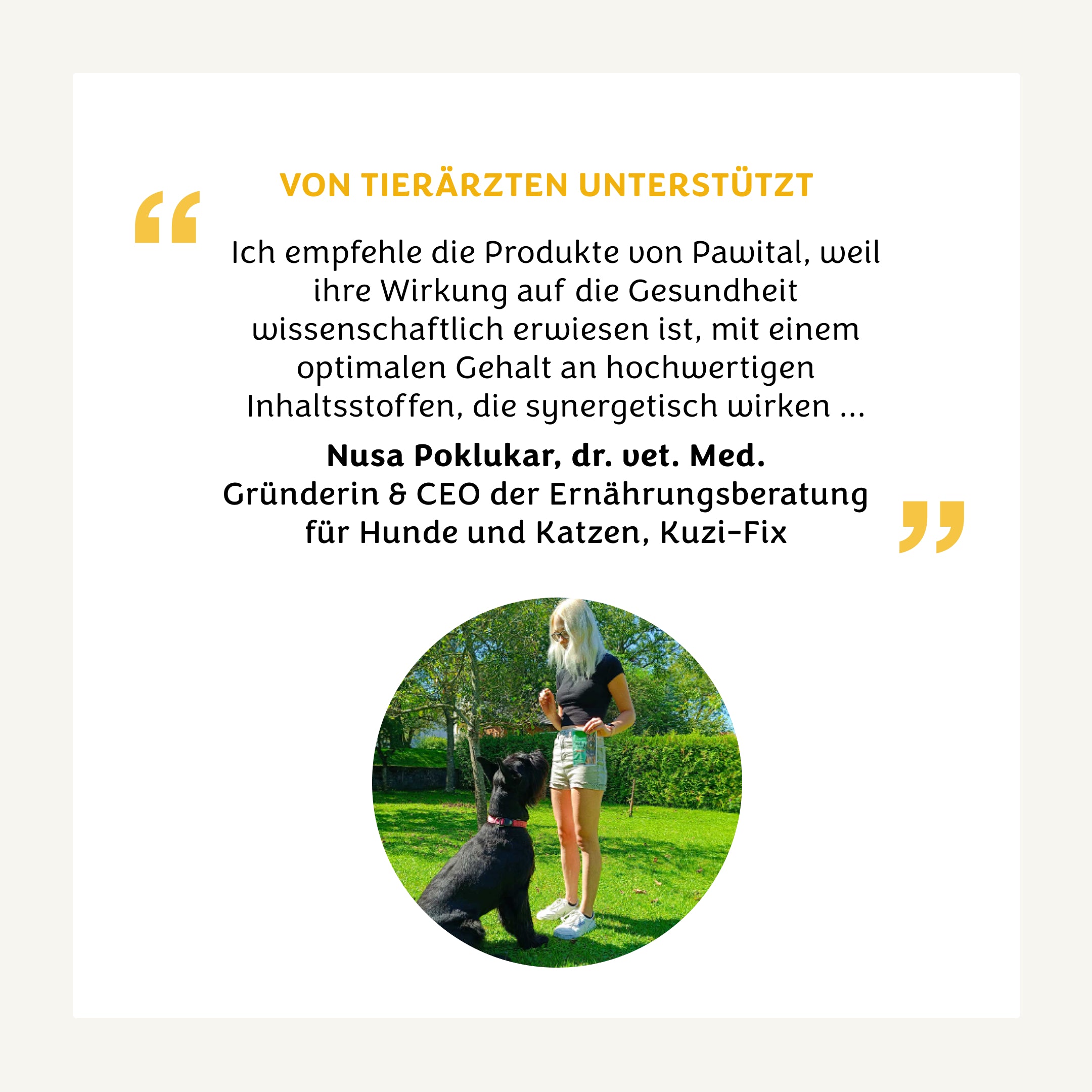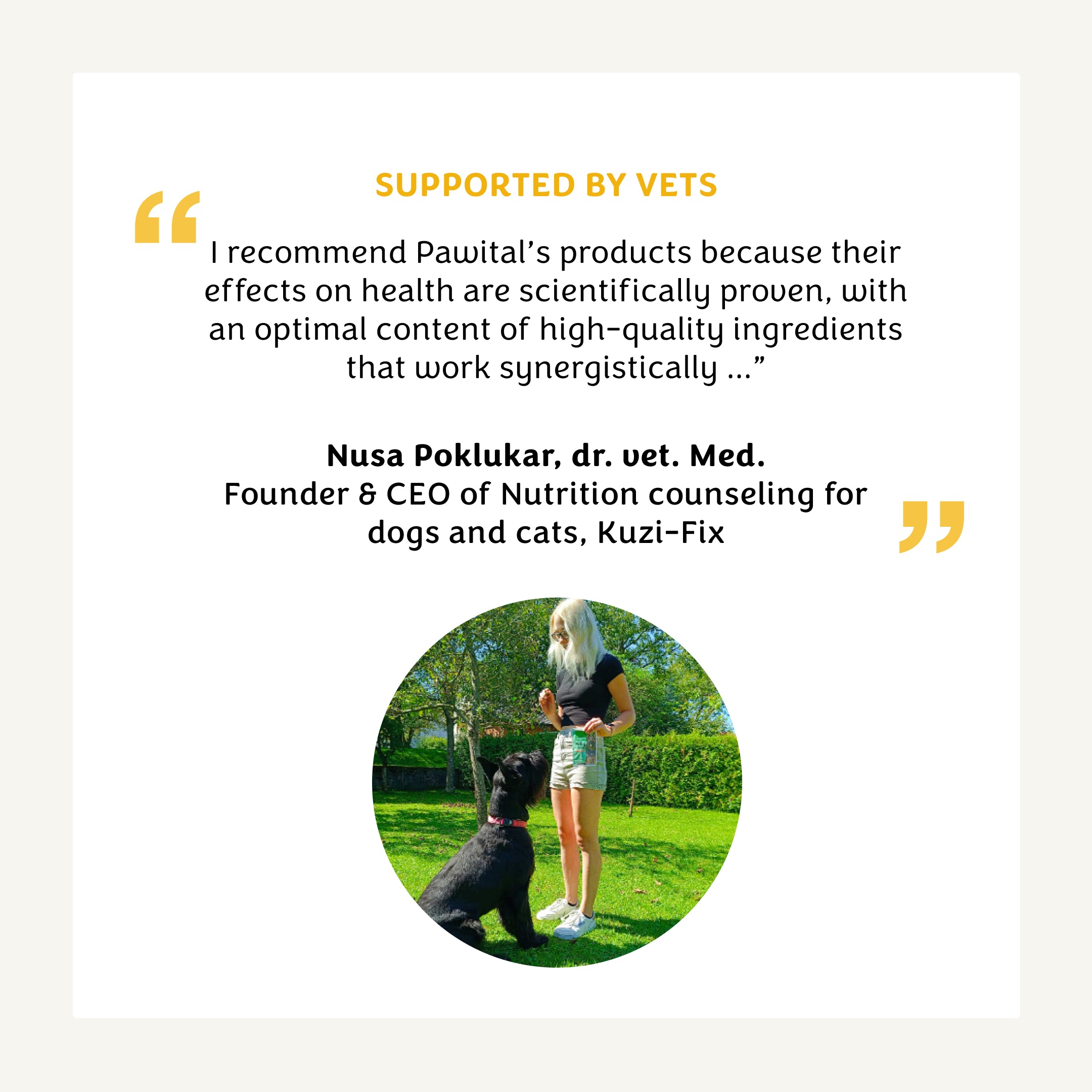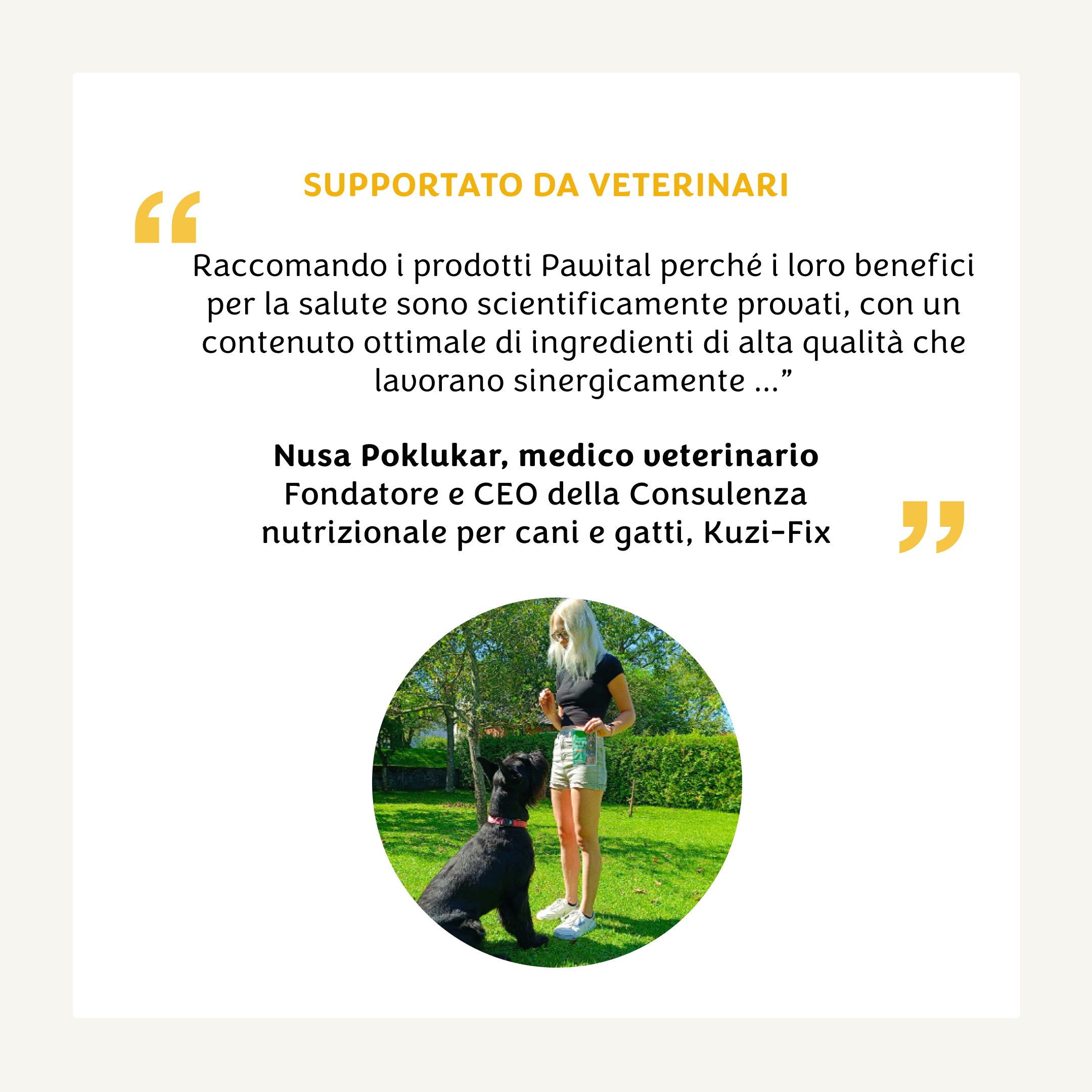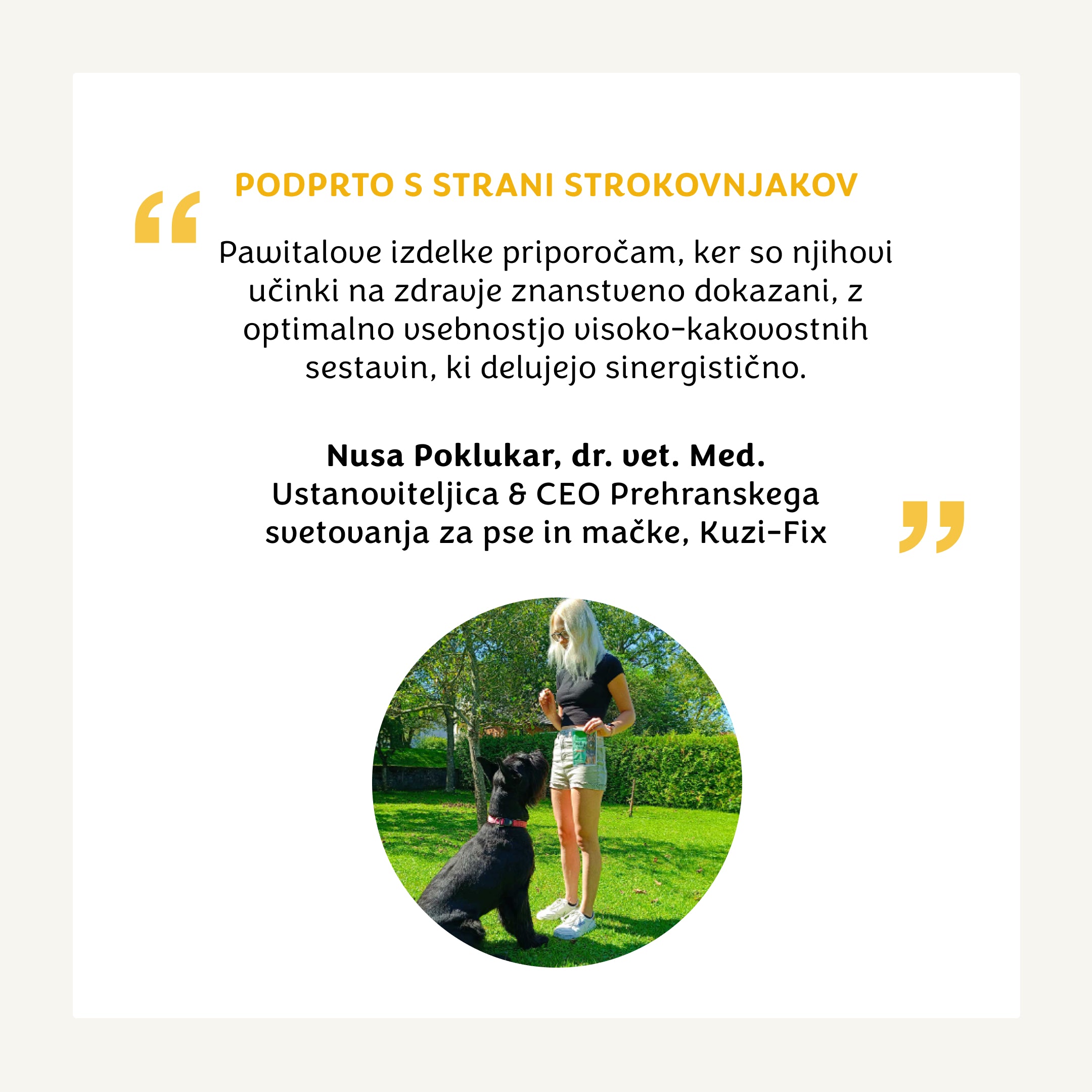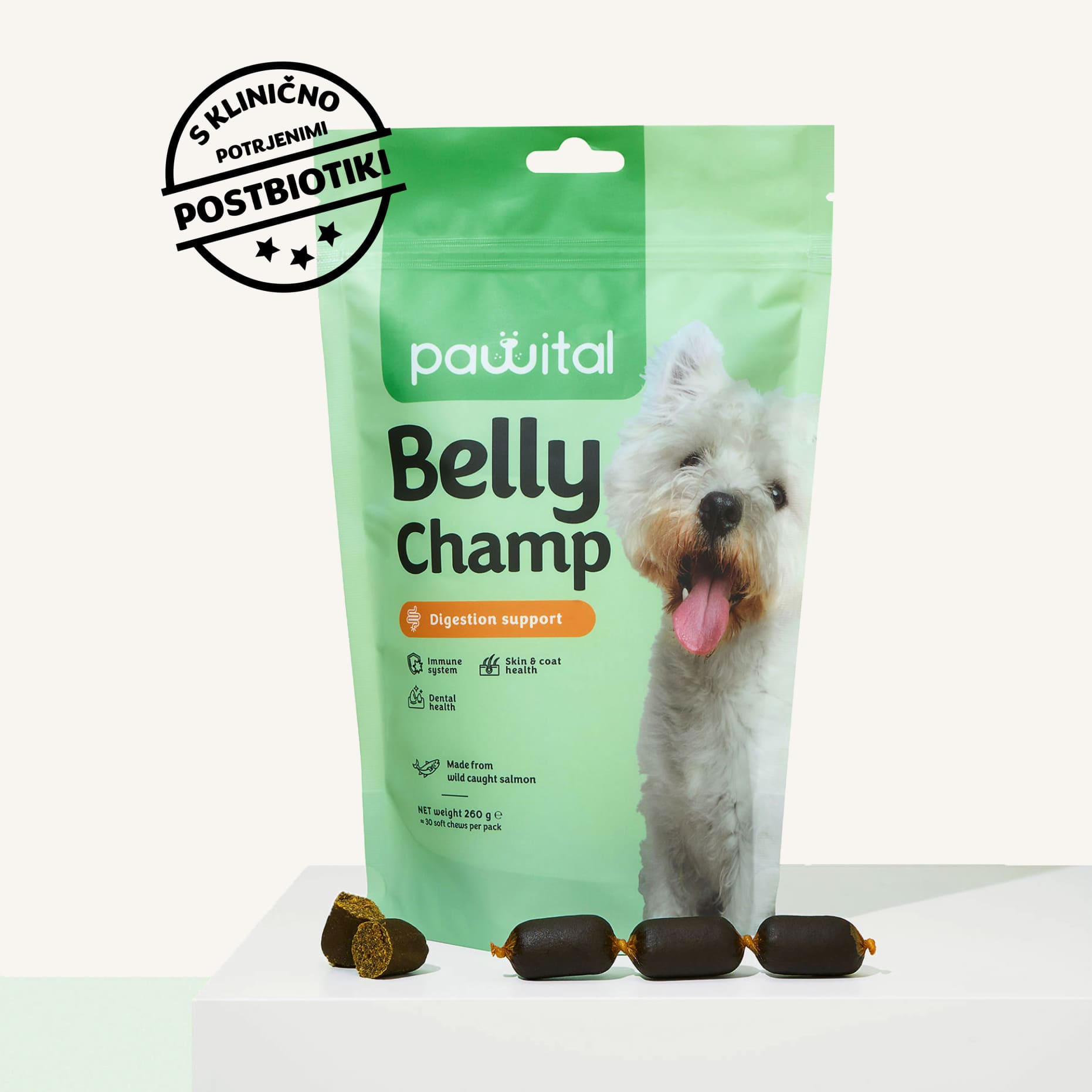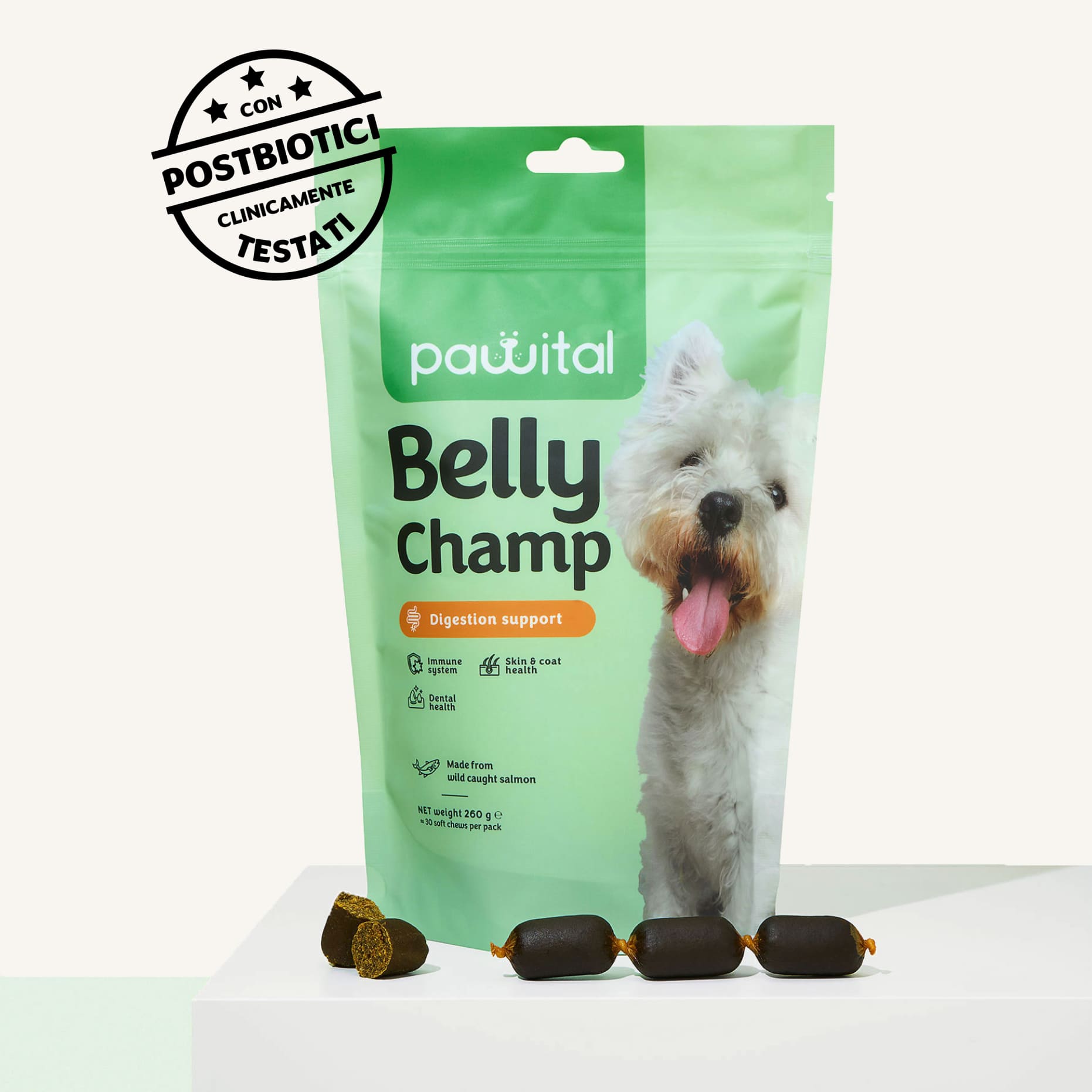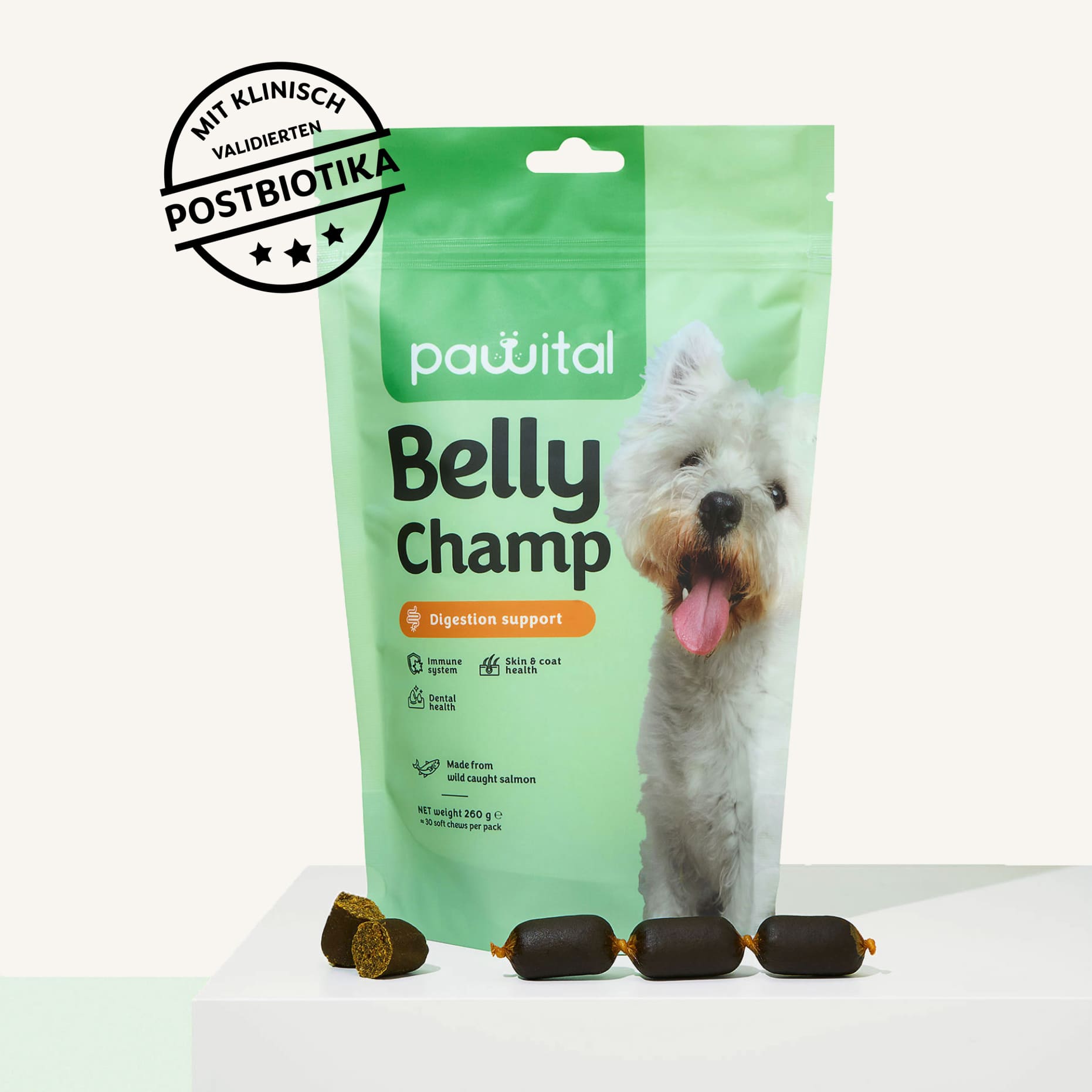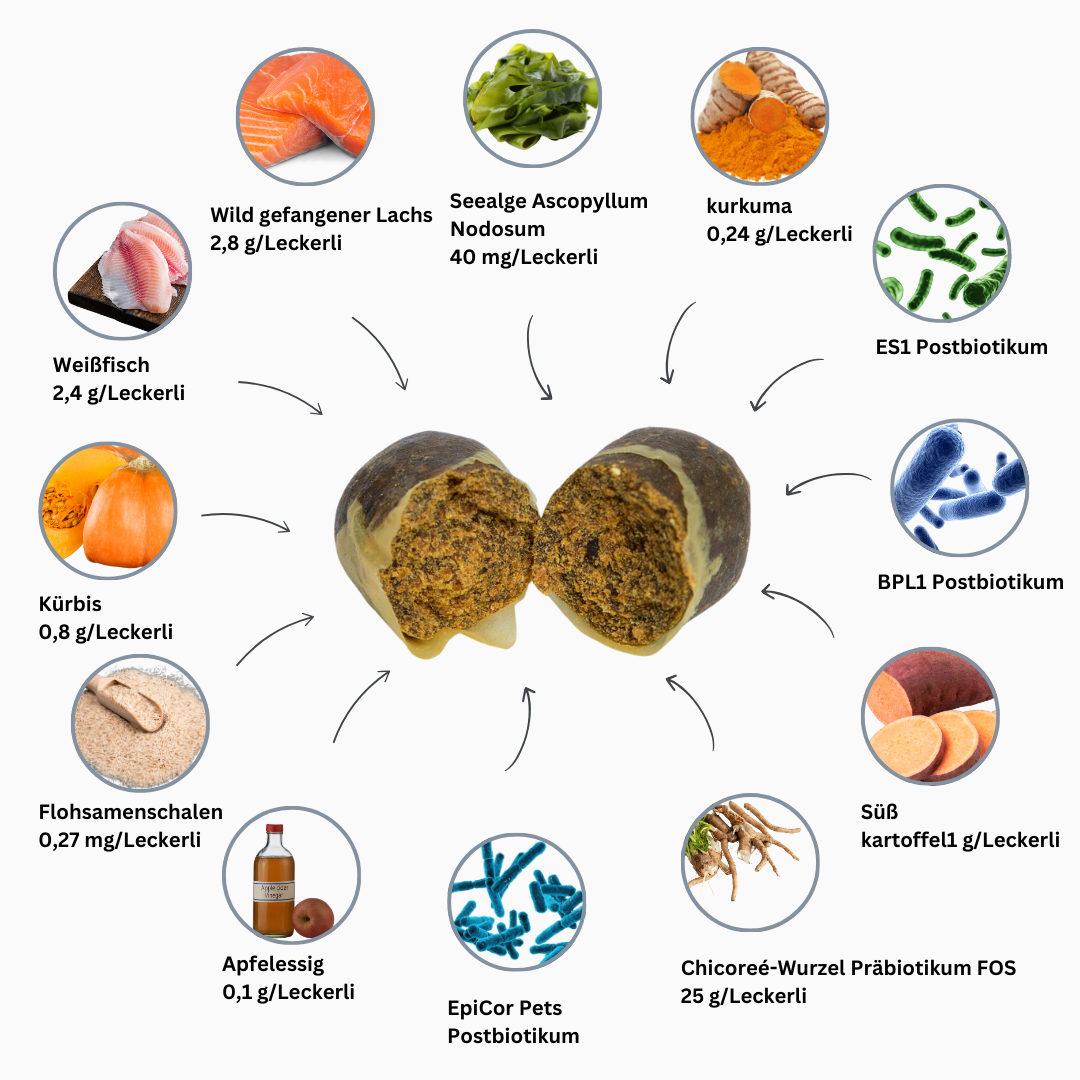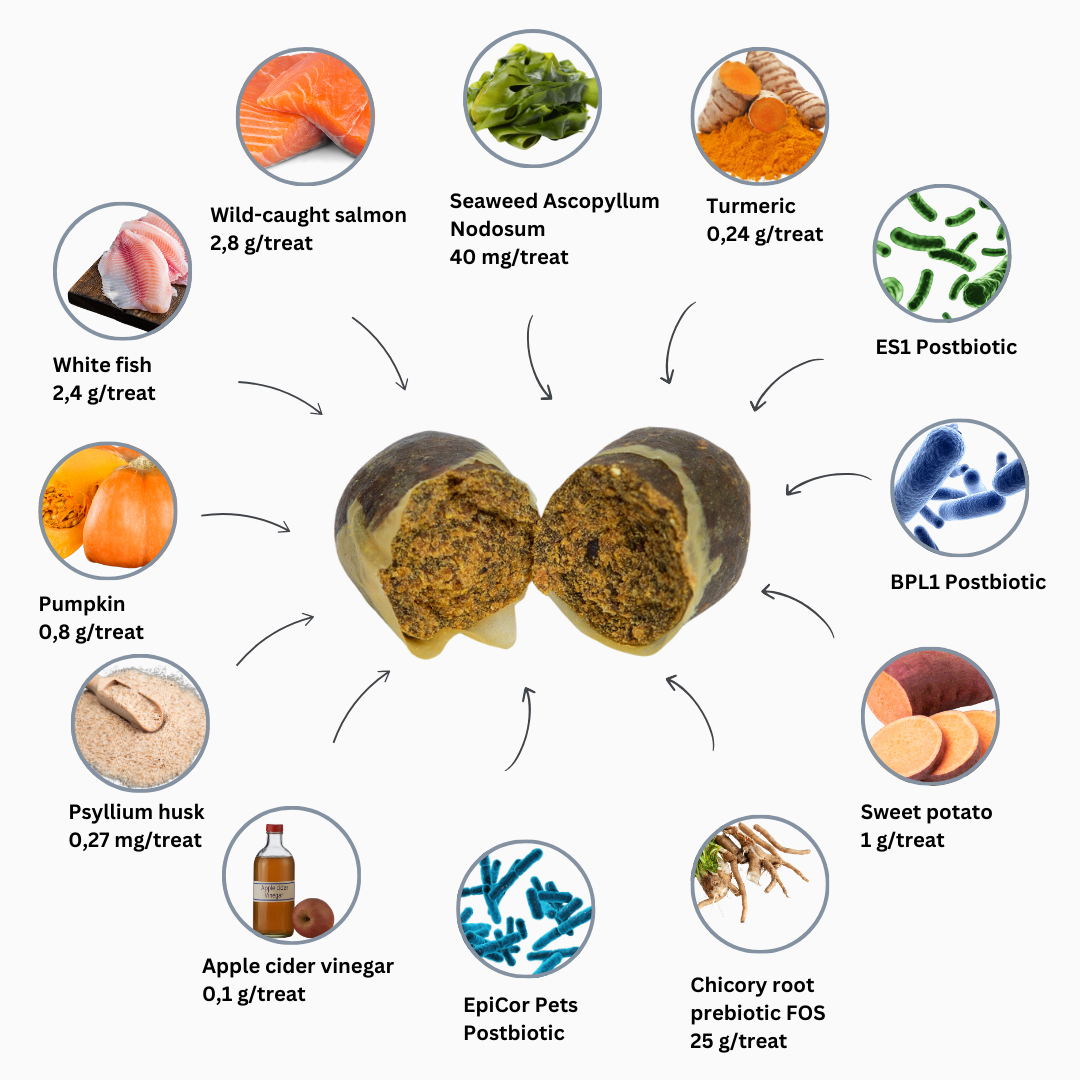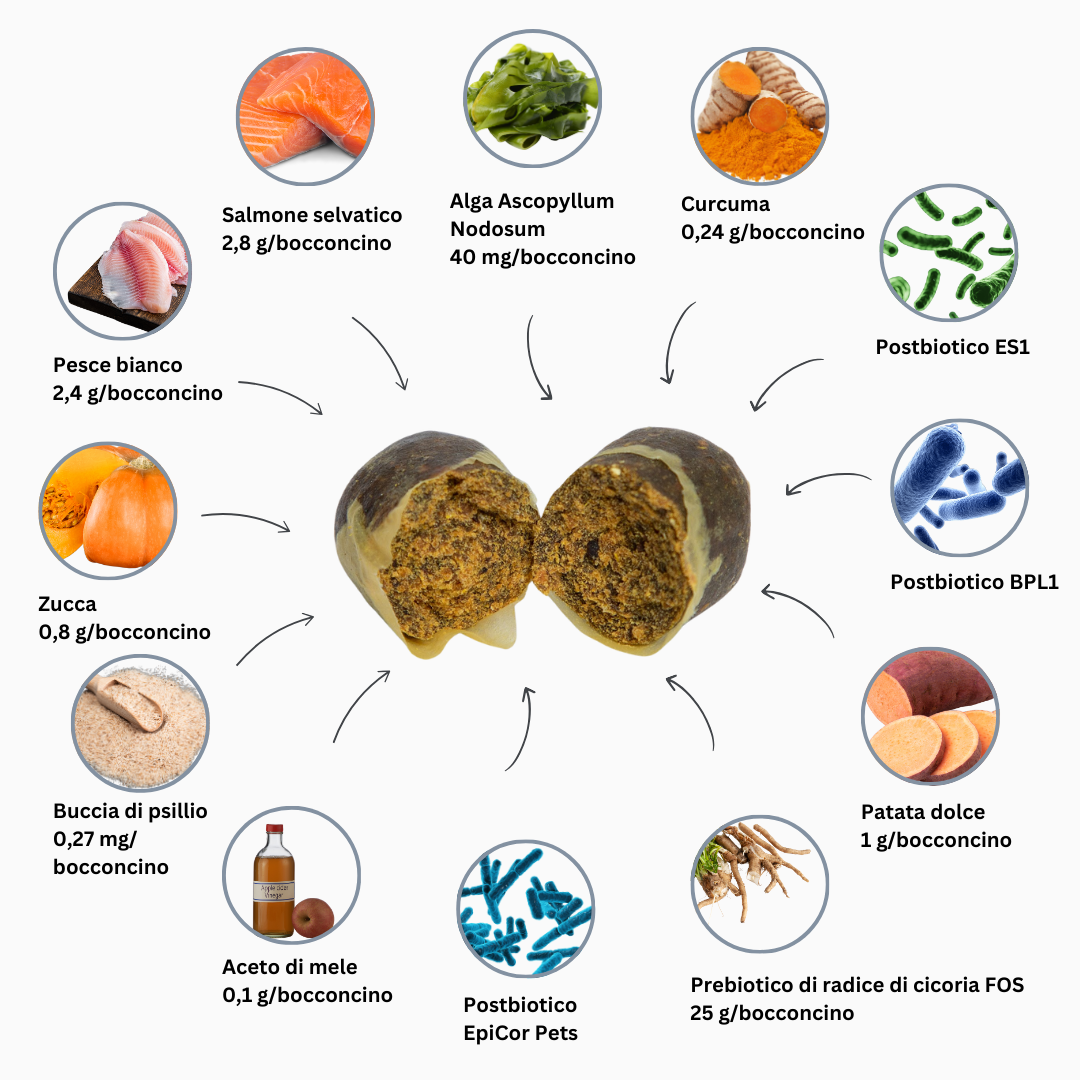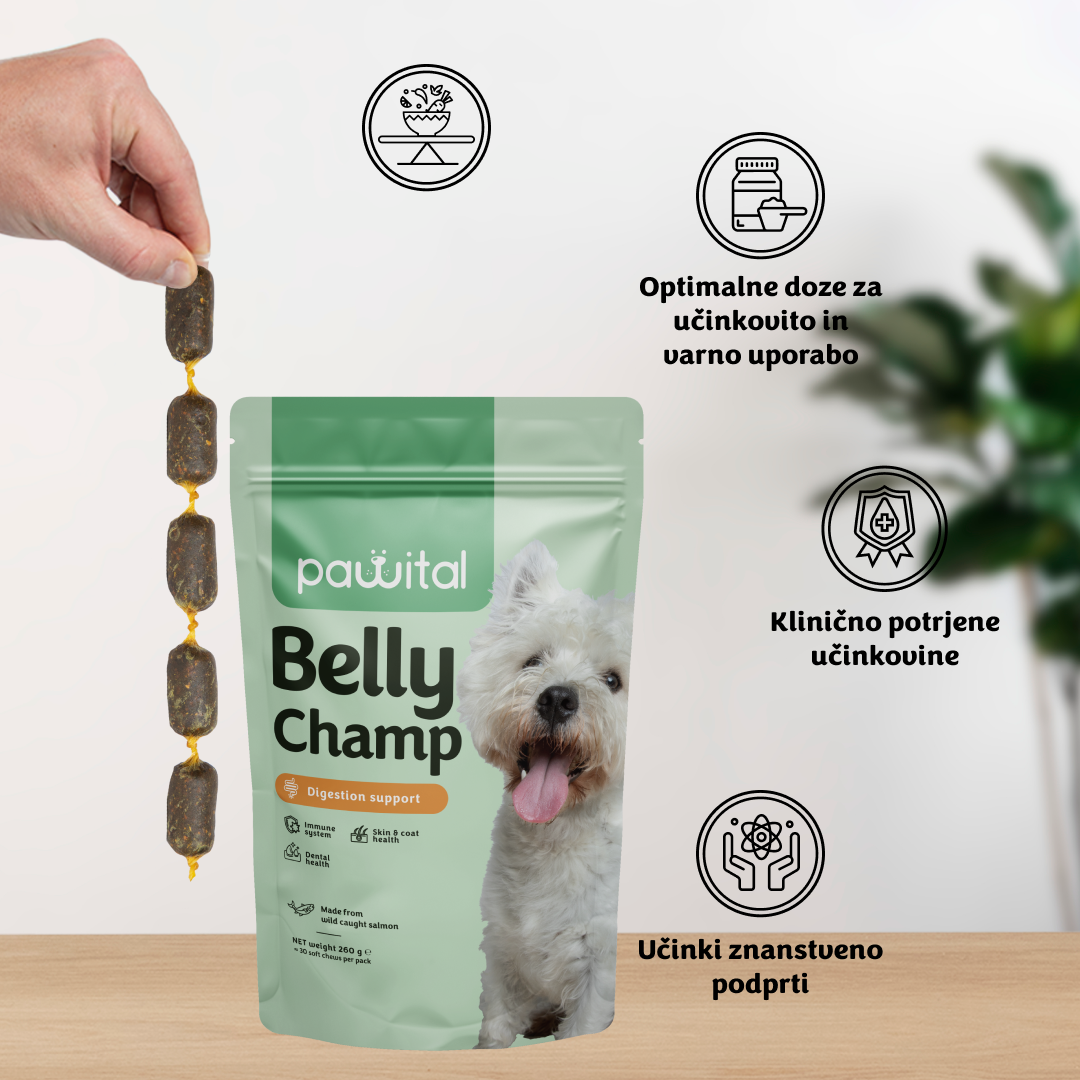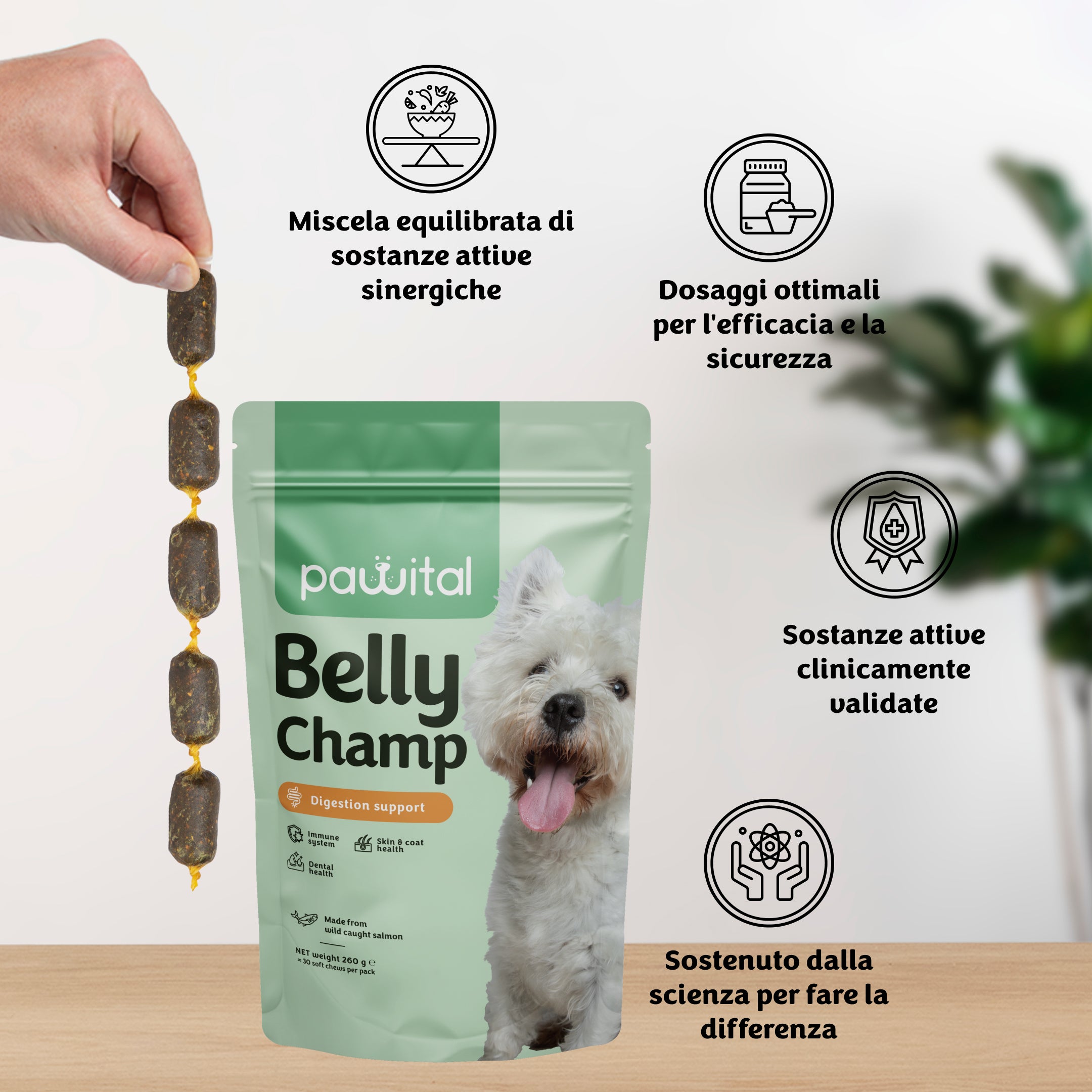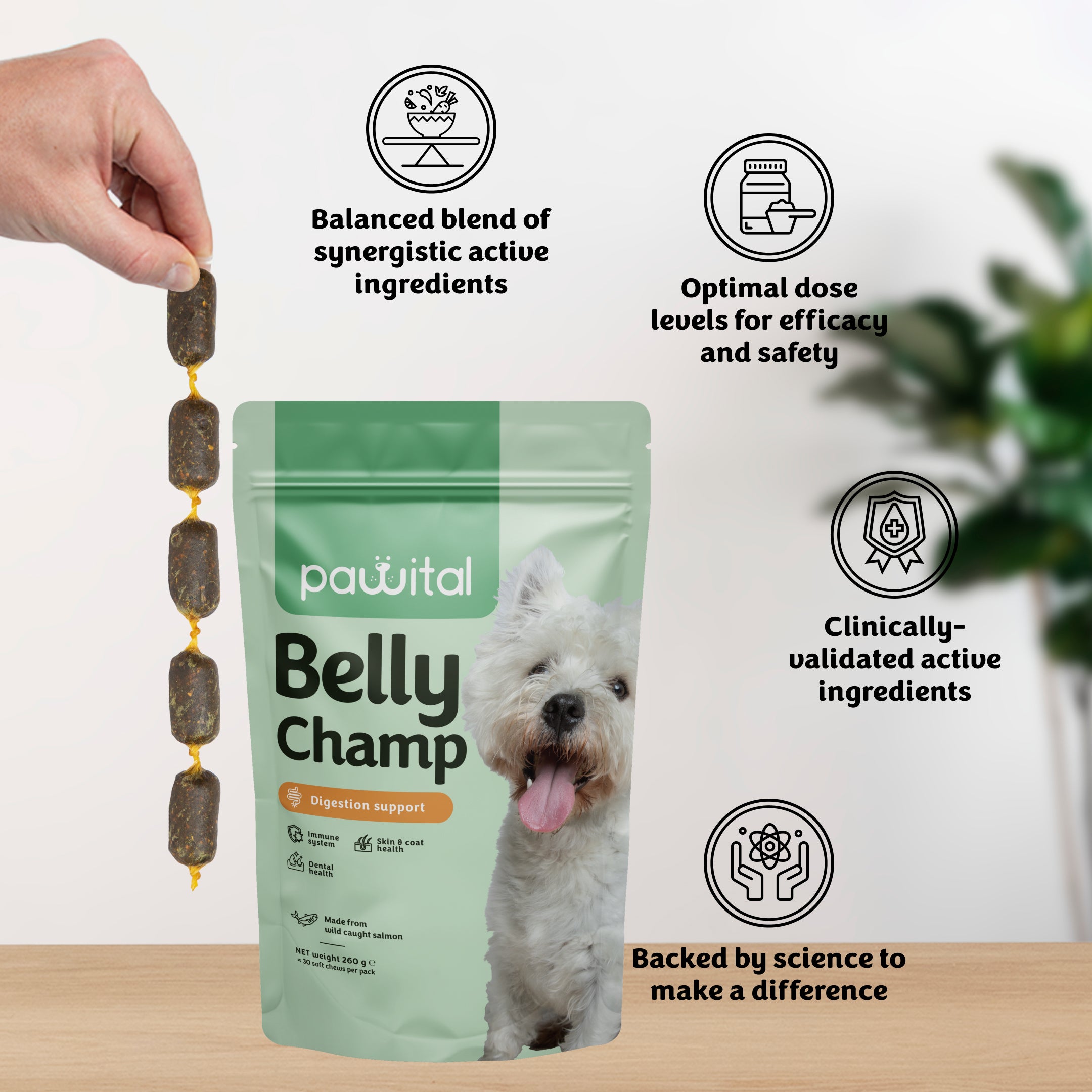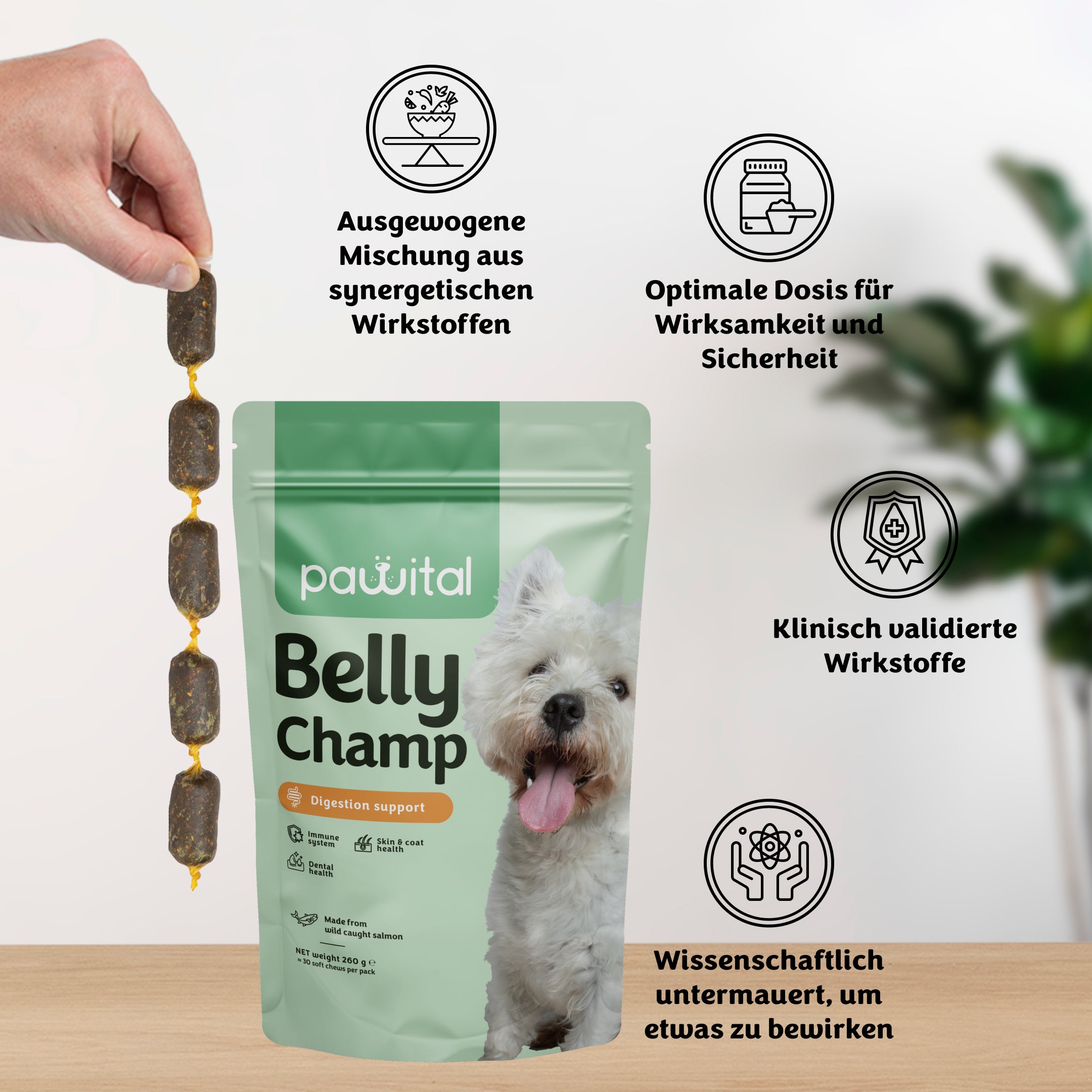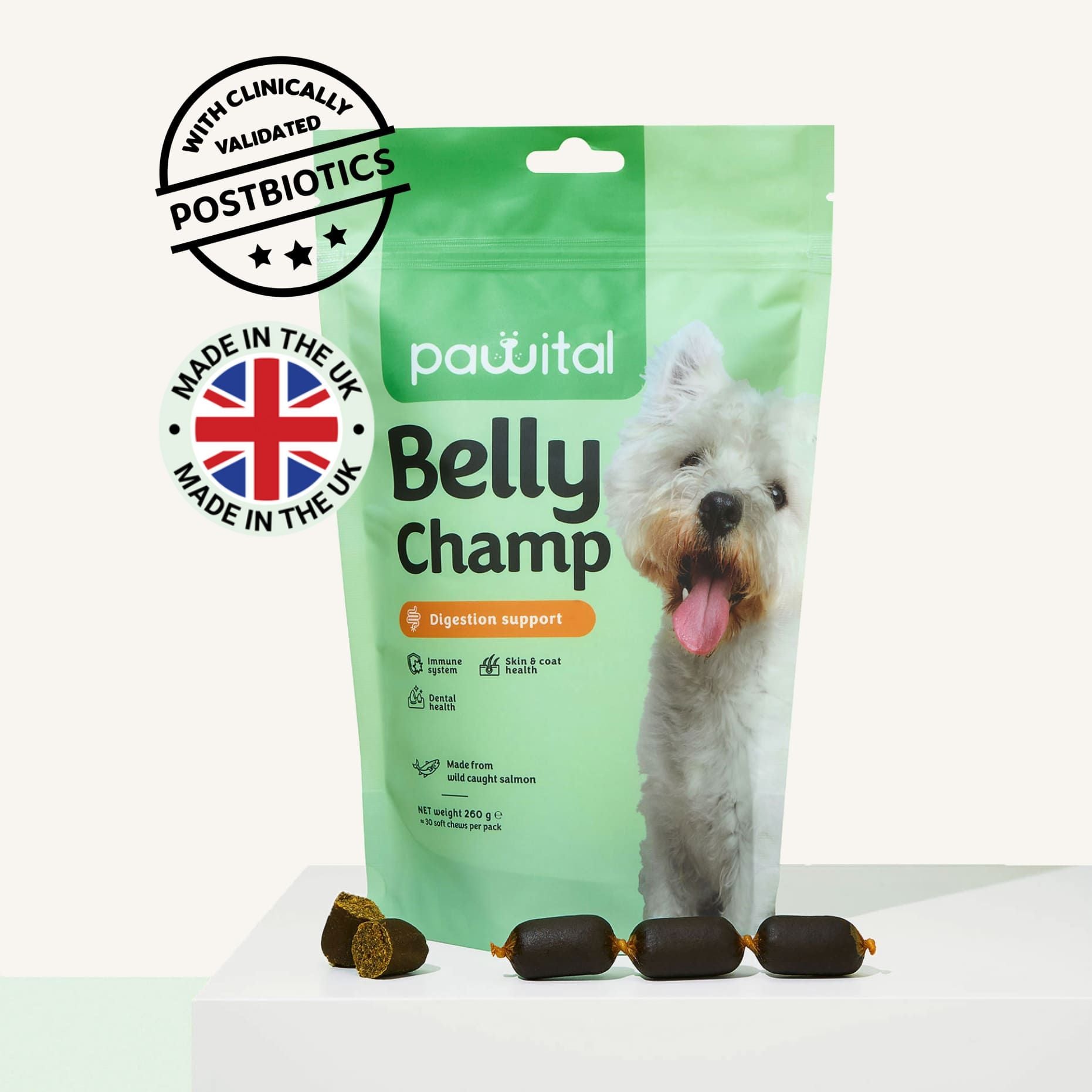Maximizing Canine Well-Being: Vital Elements in Your Dog's Daily Diet
Proper nutrition is the key to your dog's good health. Dogs need balanced diet just like humans do. Providing essential nutrients supports overall well-being, including healthy growth, digestion, immune system strength, and skin and coat health. In addition, it contributes to longevity and life quality.
Let's take a look at the critical components of your dog's diet that will ensure a happy and healthy life for your furry friend.

1) High-quality protein
Protein is a vital nutrient because it performs numerous functions in the body, like building and restructuring tissues and strengthening the immune system. Make sure that your dog is getting enough high-quality protein in its diet.
Dogs absolutely need protein in their diets to thrive. You see, there are these special amino acids – 10 of them, to be precise – that dogs can't whip up themselves. They're called essential amino acids, and they're building blocks for all sorts of important stuff in your pet's body. They even pitch in to make glucose for energy!

When looking for a protein source for your dog, choose lean meats, fish, eggs, organ meats, and dairy products. These sources are high in essential amino acids.
It should be noted that protein requirements may differ based on factors including the age, size, activity level, and health status of your dog. Puppies, pregnant or lactating dogs, and very active breeds need more protein than adult dogs or dogs that live sedentary lifestyles.
As a main source of protein, do not opt for low-quality protein sources like meat by-products or fillers, as they possess fewer of the essential nutrients and may be hard to digest for your dog.
Moreover, highly processed or deeply cooked meats may lose some nutritional value as well. Avoid processed protein sources, which will ensure that your dog has the best nutritional value.

2) Healthy fats
Fats are important in that they serve as an energy source and also support basic body functions; therefore, you are in a position to benefit your pet dog by including the right kinds of fats in their diet.
Amongst these fats, omega-3 fatty acids are the most important ones in promoting immune system health, contributing to healthy joints, skin, coat, heart health, and eye health, preventing or delaying the onset of certain eye diseases. They are also helpful in weight management through fat metabolism.

Additionally, these fats have anti-inflammatory actions, which, in turn, reduce the severity of symptoms of inflammatory conditions like skin disorders, allergies, inflammatory bowel disease, and autoimmune diseases.
Rich sources of healthy fats such as fish oil, sesame oil, or salmon highly benefit your dog.
However, do not use this reason to take it to an extreme; you should aim for a moderate amount of healthy fats that would sustain your dog’s health.

3) Fiber-rich foods
Carbohydrates: While dogs are considered primarily carnivores, they too could use carbohydrates as another good source of energy. Nevertheless, we should avoid too many simple carbohydrates or refined grains, as some of them cause weight gain and many other health problems.
Dogs require dietary fiber for their digestive health, and it can help maintain regular bowel movements, prevent constipation, and support a healthy body weight.

Feed your dog fiber-rich foods, which include whole grains (brown rice, oats), vegetables (sweet potatoes, pumpkin, green beans, carrots, broccoli, spinach), and fruits (apples, berries).
These foods are not only a source of vitamins and minerals, they also contain anti-oxidants, contribute to feeling full, and minimize the risk of overeating.
4) Vitamins and minerals
It is important to make sure that your dog gets enough vitamins and minerals to maintain all its physiological processes, like bone health, immune function, and optimal metabolism.
Your dog's diet should contain essential vitamins like A, D, E, and K, along with minerals like calcium, phosphorus, magnesium, and potassium. These nutrients may be found in a balanced diet that consists of fresh fruits, vegetables, and whole grains.

5) Water
Water is one of the most overlooked foodstuffs, but it is an important element in your dog's daily intake. As with people, the water intake of dogs must be enough for physiological functions such as digestion, absorption of nutrients, temperature regulation, and waste removal.
A properly hydrated dog is much more likely to have healthy skin and coat, advanced power ranges, and better overall health. Dehydration can result in diverse health problems, like urinary tract infections, kidney stones, and heatstroke.

Ensuring clean and fresh water is always accessible to your dog could be very vital, greater so on hot days or after exercising. Keep track of your canine's water consumption and look out for any changes in ingesting habits, as excessive or little thirst can be a signal of underlying clinical problems.
Besides offering water to drink, you may also add wet foods to your dog's eating regimen, including moist or canned dog food and fresh fruit and vegetables. These options also upload nutrients. If you observe that your dog does not drink water in the required amount, you can moisten his kibble by adding water about 10 minutes before feeding.

Conclusion
In conclusion, maximizing your canine companion's well-being through proper nutrition is paramount for their overall health and happiness.
By ensuring that your dog's daily diet includes essential elements such as high-quality protein, healthy fats, fiber-rich foods, vitamins, minerals, and ample water intake, you can contribute significantly to their vitality and longevity.
Remember, a balanced diet not only supports healthy growth and digestion but also strengthens their immune system, maintains optimal metabolism, and promotes shiny skin and coat.
Additionally, monitoring your dog's water intake and providing access to clean and fresh water at all times is crucial for their hydration and overall health. By incorporating these vital components into your dog's daily nutrition regimen, you can help them lead a vibrant and fulfilling life as your loyal companion.
Nuša Poklukar, dr. vet. med.



